Planetarische Beziehungen
Anlässlich der Jahresausstellung im Februar hatte ich die Gelegenheit, verschiedene Gruppen von Besucher*innen durch die Hochschule zu führen und sie mit den künstlerischen Arbeiten der Klassen, mit einzelnen Künstler*innen aber auch mit dem alltäglichen Leben an einer Kunsthochschule vertraut zu machen. In den Mikrokosmos eines von einer Klasse gestalteten Raumes mit dem je eigenen Bezugsgeflecht der Arbeiten untereinander und mit den Impulsen anwesender Künstler*innen einzutreten, ist dabei stets ein besonderer Moment – zumal mit neugierigem Gefolge. Erklärendes Gespräch, Nachfragen und Diskussion eröffnen schnell ihren eigenen Klangraum und spiegeln die Außenwirkung der HFBK Hamburg wider. Teil des Echos ist dabei stets die anhand der Bezüge und Sprachen wahrgenommene Internationalität, die im Grad ihrer Ausgeprägtheit als außergewöhnlich und zugleich als so selbstverständlich wie einladend wahrgenommen wird.
Die Suche nach den Gründen für dieses besondere Umfeld führt geradewegs zu den Protagonist*innen der Hochschule, den Studierenden und den Lehrenden selbst, die aus über 60 Ländern kommend das soziale Gefüge prägen und die Klassen und Seminare zu Orten machen, an denen Vielfalt Alltag und Inhalt zugleich ist und eine hohe Wertschätzung genießt. Der Ruf der HFBK Hamburg als ein solcher Raum des weltläufigen wie -haltigen Kunstaustauschs hat sich über die Jahre gefestigt, sodass auch 2022 wieder gut die Hälfte aller Bewerbungen für den Bachelor- und Masterstudiengang Bildende Künste aus dem Ausland kommen.
Um den Boden für ein nachhaltiges planetarisches Miteinander an der Hochschule zu bereiten, spielen aber auch andere Parameter eine Rolle. So offenbart ein Blick ins Vorlesungsverzeichnis des Sommersemesters die Diversität der hier geführten Kunstdiskurse und lässt erahnen, wie sich internationale Synergien und Bezüge in der Lehre niederschlagen. Projekte und Exkursionen der Klassen, etwa zur Biennale in Venedig oder im Rahmen eines Grafikworkshops in Turkana (Kenia), aber auch Forschungsvorhaben über die Grenzen der Studienschwerpunkte hinweg zeugen hiervon. Vorträge und Workshops mit internationalen Künstler*innen und Wissenschaftler*innen erweitern ein Netzwerk, dass von den Lehrenden, engagierten Studierenden und der Verwaltung gepflegt und beständig erweitert wird. Auslandsaufenthalte an den europäischen Partnerhochschulen des Erasmus+-Netzwerkes oder über das ASA-Programm, das die HFBK Hamburg vor nunmehr zwölf Jahren initiierte, sind für viele Studierende eine Selbstverständlichkeit im Portfolio ihrer Entwicklungsmöglichkeiten. Nicht zuletzt deuten besondere Fördermöglichkeiten durch Stipendien für internationale Studierende und die Möglichkeit, mit Erasmus+ ein Praktikum im Ausland zu machen und dabei Erfahrungen im beruflichen und professionellen Kontext zu machen, auf die nachhaltige Förderung von Internationalität an der HFBK Hamburg.
Auf dieser institutionellen Ebene gibt es, trotz der nunmehr zweijährigen Pandemie, weitere Projektentwicklungen, die das internationale, vielfältige Umfeld nachhaltig stärken sollen: Erschüttert von den politischen und kulturellen Repressionen in Belarus, entwickelte die HFBK Hamburg zum Wintersemester 2021/22 ein spezielles Programm mit dem heute geschlossenen Goethe-Institut Minsk und lud Nadiya Sayapina als Gastlektorin im Schwerpunkt Zeitbezogene Medien und Ulyana Kalenik als Austauschstudentin nach Hamburg ein.
In ihrem Seminar Interviews and polls as basis for community based art setzten sich Sayapina und zwölf Studierende mit persönlichen Geschichten und Erlebnissen von Mitgliedern der Gemeinschaften auseinander, denen sich die Künstler*innen verbunden fühlten und entwickelten Installationen, Filme, Skulpturen und Zeichnungen, die um (erzwungene) Migration und Verdrängung kreisen: „Of course, our art is connected with society and the new world we are living in. A month ago, my longtime project Letter to Mom was talking about Belarusians who urgently left their homes. But now this topic has touched absolutely the whole world with millions of Ukrainian refugees and the ongoing migration of people of various nationalities”, so Sayapina, die mit ihren Studierenden die HFBK-Galerie im Hauptgebäude anlässlich der Jahresausstellung kuratiert hat. Die internationale Umgebung und das Gefühl künstlerischer Freiheit an der HFBK Hamburg nimmt sie als Erfahrung für die Zukunft mit: „It was my first experience of seeing such a free art education process and it made me feel that I sometimes could be freer and more experimental with my forms and methods. It’s very important to have such an experience because the professional environment also creates a kind of self-censorship and limitations, stable rules and canons of form, approach, concept in your own art or expectations.”
Ulyana Kalenik, die unter anderem bei Prof. Angela Bulloch und Prof. Jorinde Voigt studierte, hat sich inzwischen für ein reguläres Studium an der HFBK beworben und wird bei ihren Planungen durch die HFBK unterstützt. „I enjoyed so much when the University gave us full freedom to create our own exhibition in the ASA studios, it helped us to show our autonomy and responsibility”, so die 21-Jährige, die im Wintersemester zahlreiche Kontakte in die deutsche Kunst- und Kulturszene und auch persönliche Freundschaften zu den Kommiliton¢nnen knüpfen konnte.
Die Form des Gastlektor*innenprogramms wird nunmehr in enger Anbindung an die Art School Alliance (ASA) verstetigt. Im Sommersemester wird Amna Elhassan, Künstlerin aus dem Sudan, den Studienschwerpunkt Malerei/Zeichnen als Gastlektorin bereichern. Elhassans Arbeiten nehmen häufig Bezug zu körperlichen, geistigen und räumlichen Transformationsprozessen, die vor allem Frauen in der sudanesischen Gesellschaft und darüber hinaus erleben. Emanzipation und Freiheit stehen im Mittelpunkt ihrer Arbeit, die sich über zahlreiche Medien erstreckt, darunter Druckgrafik und Ölmalerei. An der HFBK plant sie für Studierende aller Studienschwerpunkte das Seminar Art during times of crisis—How resilience can lead to innovation. Kunst kommt ihrer Ansicht nach eine entscheidende und nachhaltige Rolle zu. „I think that the artist’s role is to challenge the current situation by asking questions. I think of them as crucial factors of the transition in their societies. They use self-expression to go far from traditional boundaries and pursue freedom”, sagt Amna Elhassan. In dem kurzen Gespräch vor ihrer Abreise betont sie, ganz besonders auf den Austausch in einer internationalen Gemeinschaft angehender Künstler*innen und den Einfluss, den die Stadt Hamburg ohne Zweifel auf ihre Arbeit haben wird, gespannt zu sein.
In ihrem Seminar will sie gemeinsam mit den Studierenden ortsgebundene Materialien aufgreifen und der Diversität an Erlebnissen, Perspektiven und Erzählungen nachspüren. Als Gastkünstlerin wird die HFBK im Sommersemester Nabila Horakhsh aus Afghanistan im Schwerpunkt Malerei/Zeichnen willkommen heißen. Im Rahmen eines sechsmonatigen Stipendiums der Martin Roth-Initiative sind gemeinsame Projekte mit Studierenden oder Lehrenden der Hochschule, aber auch andere Austauschund Begegnungsformate angedacht.
Darüber hinaus ergab sich Ende letzten Jahres noch eine weitere Gelegenheit für die Initiierung eines internationalen Austauschs: Im Dezember 2021 besuchte Dr. Peju Layiwola, Professorin für Visual Arts an der Universität Lagos, die Hochschule, um eine langfristige Partnerschaft zwischen den beiden Institutionen anzubahnen. Die Verhandlungen für eine Aufnahme ins reguläre ASA-Austauschprogramm sind auf gutem Wege und bereits im Sommersemester wird mit Damilola Edubiyi ein erster Austauschstudent aus Lagos in den ASA-Studios erwartet. Zusätzlich arbeitet die HFBK Hamburg zusammen mit Prof. Layiwola und dem Goethe-Institut Lagos unter dem Titel Planetary Thinking an einem Ausstellungsaustausch, der im Oktober 2022 stattfinden soll. Fünf Studierende aus Hamburg und fünf Studierende aus Lagos werden zusammen mit Lehrenden beider Institutionen und lokalen Künstler*innen im Rahmen eines einwöchigen Workshops in Lagos künstlerisch erforschen, welche Bedeutung das Leben in materiellen und immateriellen Welten deutschnigerianischer Gegenwart(en) hat und wie die Arbeit mit analogen und digitalen Materialien die Zukunft prägen kann. Nachhaltige Austauschformate und eine zukunftsfähige Gestaltung der unmittelbaren Umwelt sollen in Vorbereitung einer gemeinsamen Ausstellung anlässlich des 60-jährigen Bestehens des Goethe-Instituts in Lagos eine Rolle spielen.
Die Pflege der internationalen Beziehungen und nicht zuletzt einer für die künstlerische Produktion inspirierenden Atmosphäre an der HFBK Hamburg verläuft dabei nicht immer so geradlinig und produktiv, wie es für die Besucher*innen einer Jahresausstellung auf den ersten Blick erscheinen mag. Sowohl das konkrete Miteinander in den Klassen und bei den klassenübergreifenden Projekten als auch die grundlegende wie langfristige Etablierung eines planetarischen Beziehungsgeflechts bedürfen der Leidenschaft und Ausdauer. Notwendig sind zudem die Vermeidung von Naivität im Umgang mit unterschiedlichen Erfahrungshorizonten wie auch eine hohe Sensibilität aller Programmbeteiligten. Am allerwichtigsten sind aber wohl das ‚Herzblut‘ für echte Begegnungen sowie die große Offenheit und Neugier, mit der die Gemeinschaft der HFBK Hamburg auf internationale Künstler*innen zugeht. Sie lassen voller Zuversicht auf eine noch zunehmende weltweite Vernetzung in den kommenden Semestern blicken.
Dieser Text von Eike Pockrandt erschien zuerst im Lerchenfeld Nr. 61.

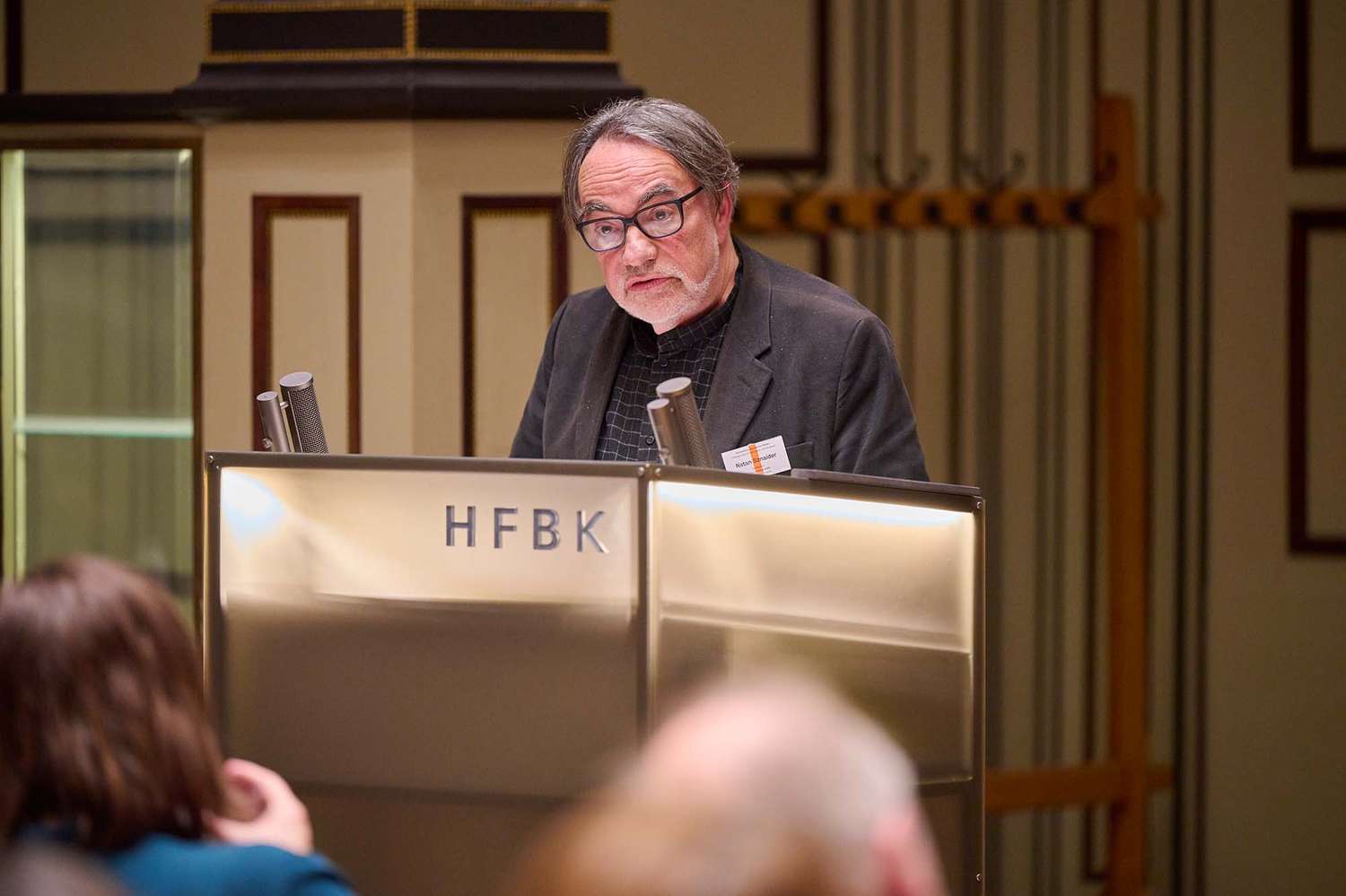
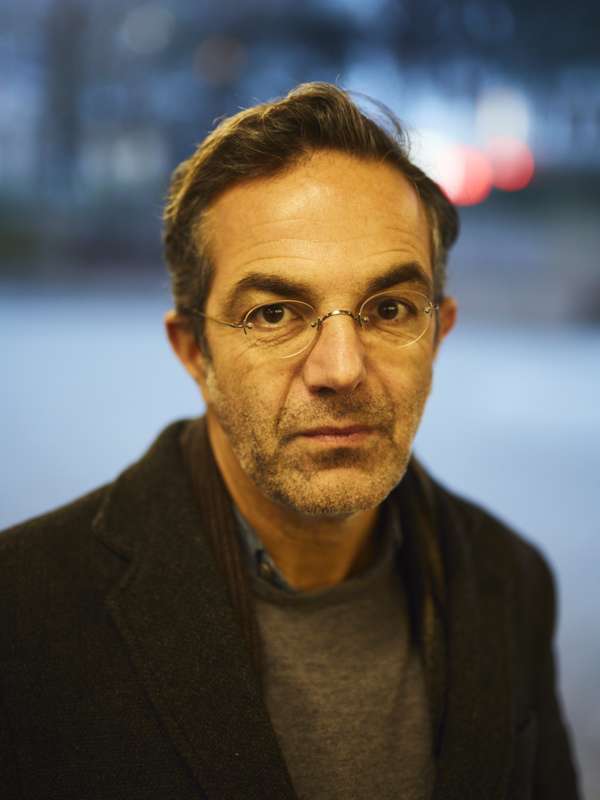
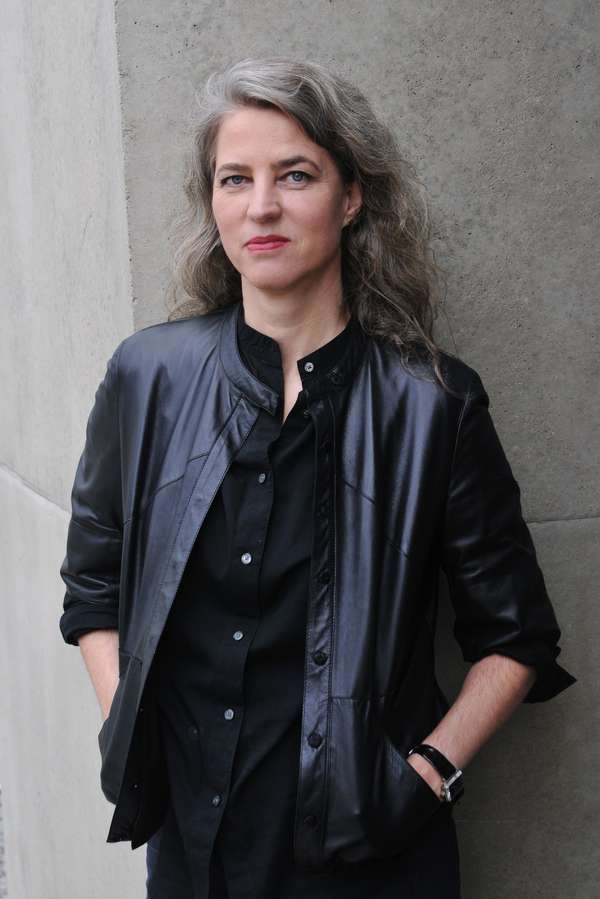
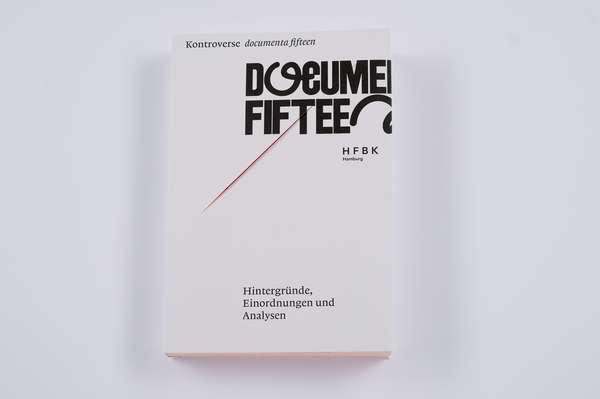
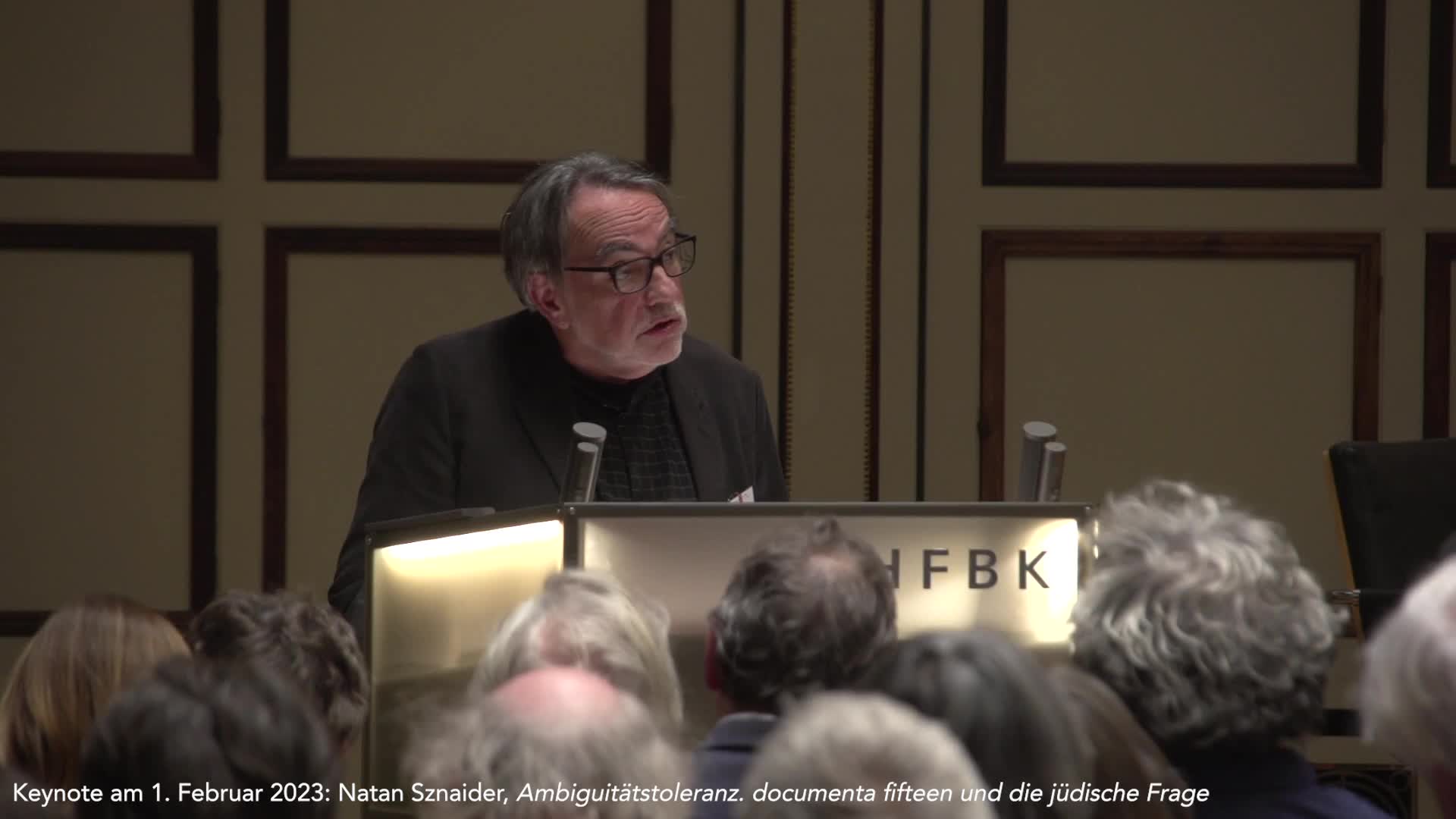






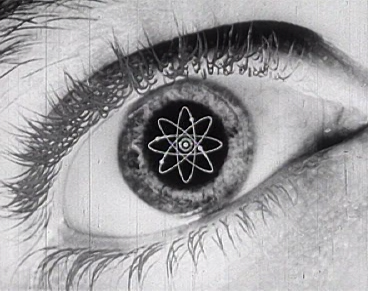
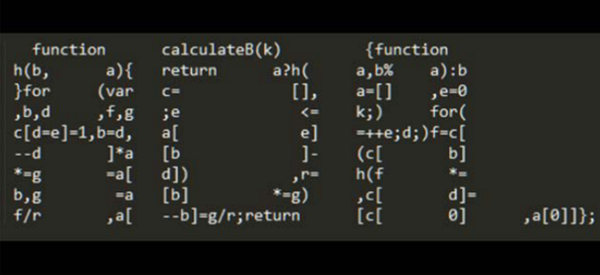
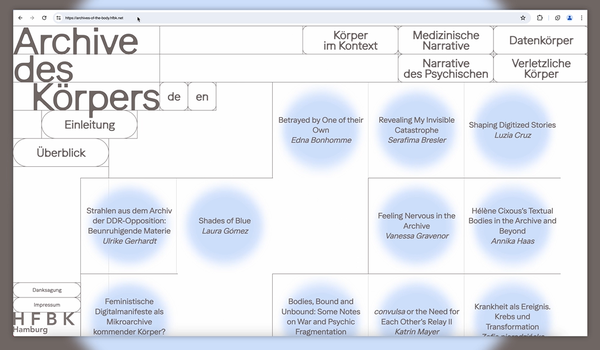
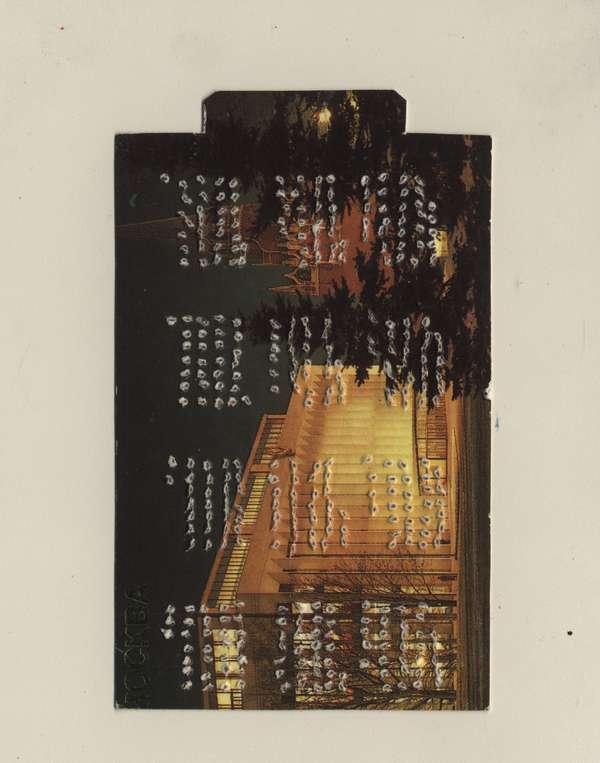
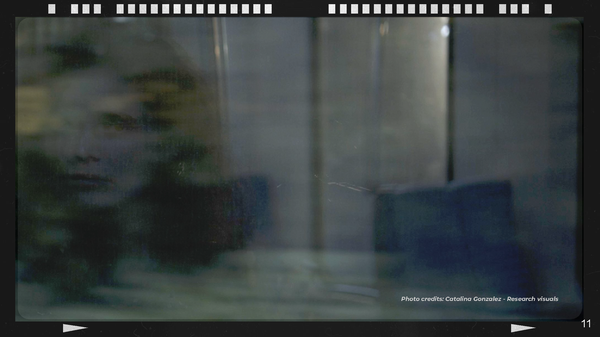
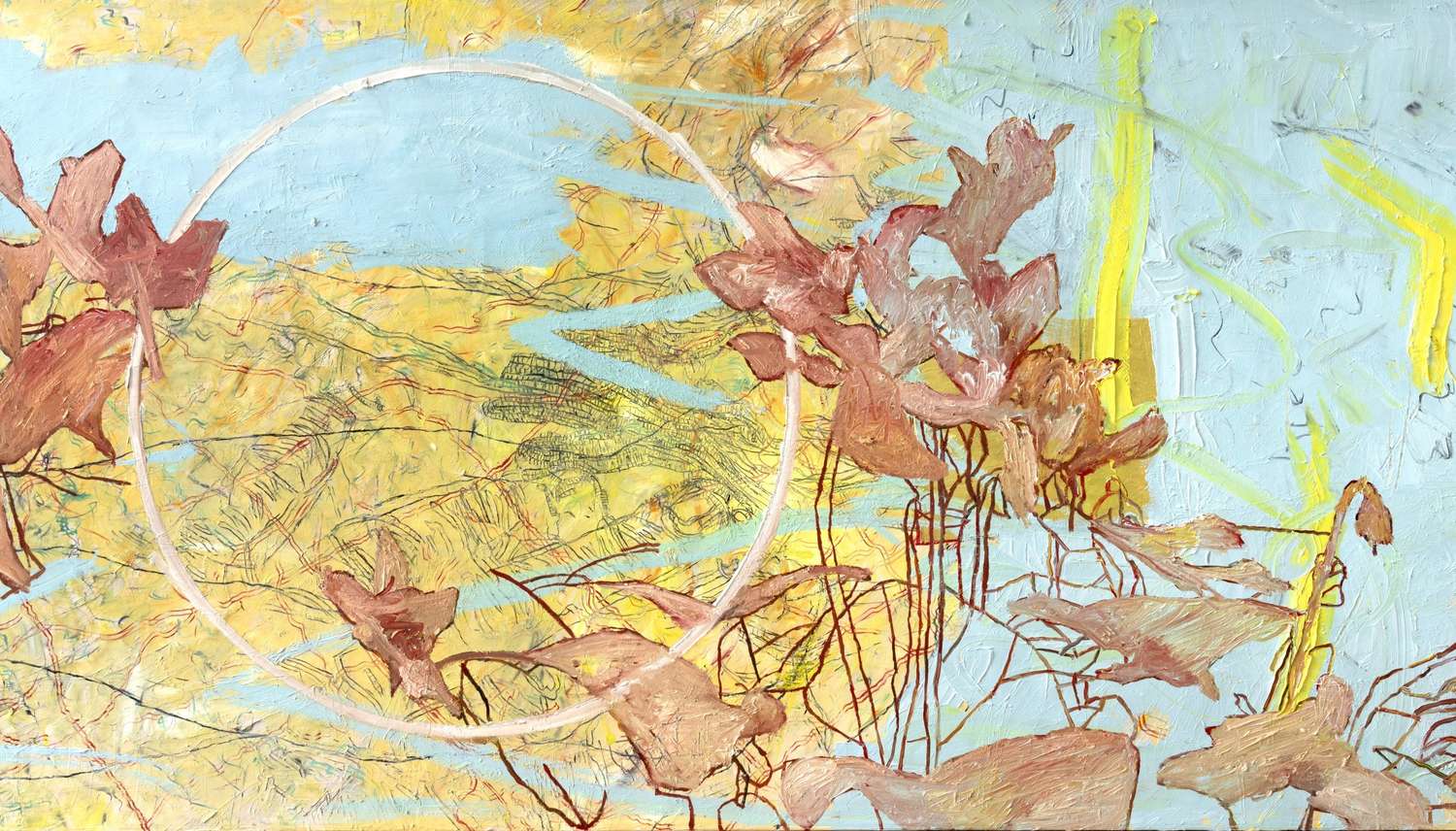
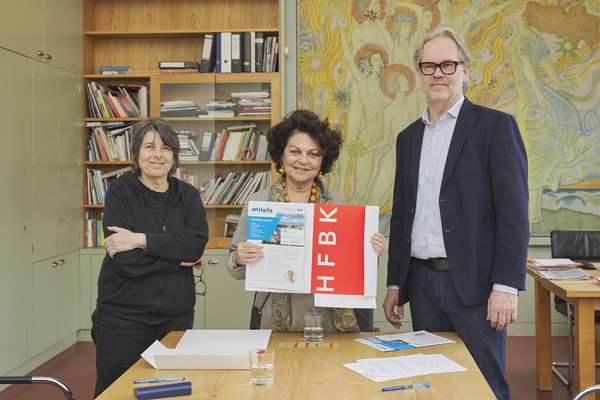
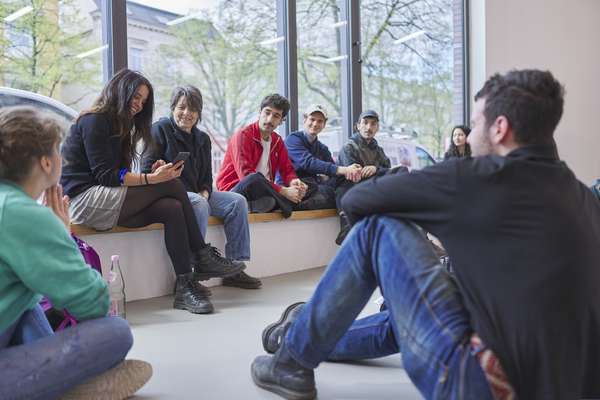
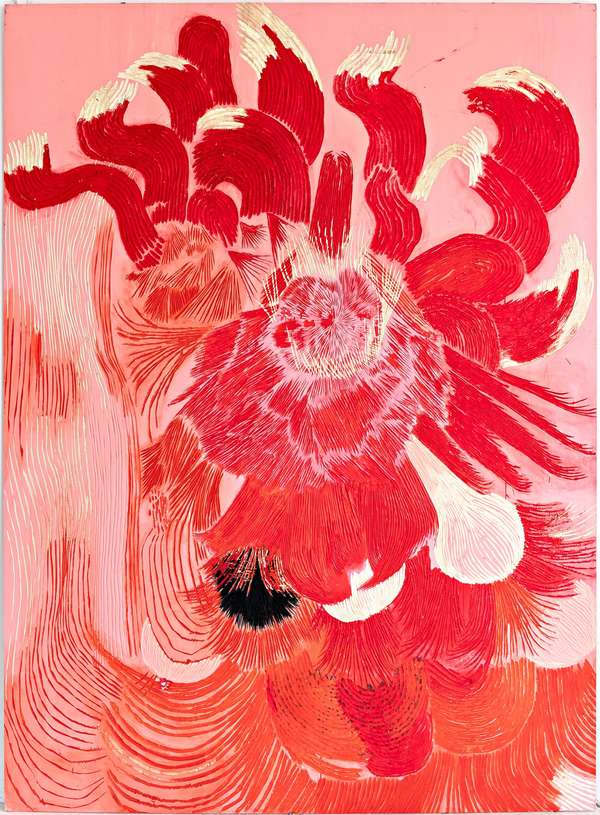
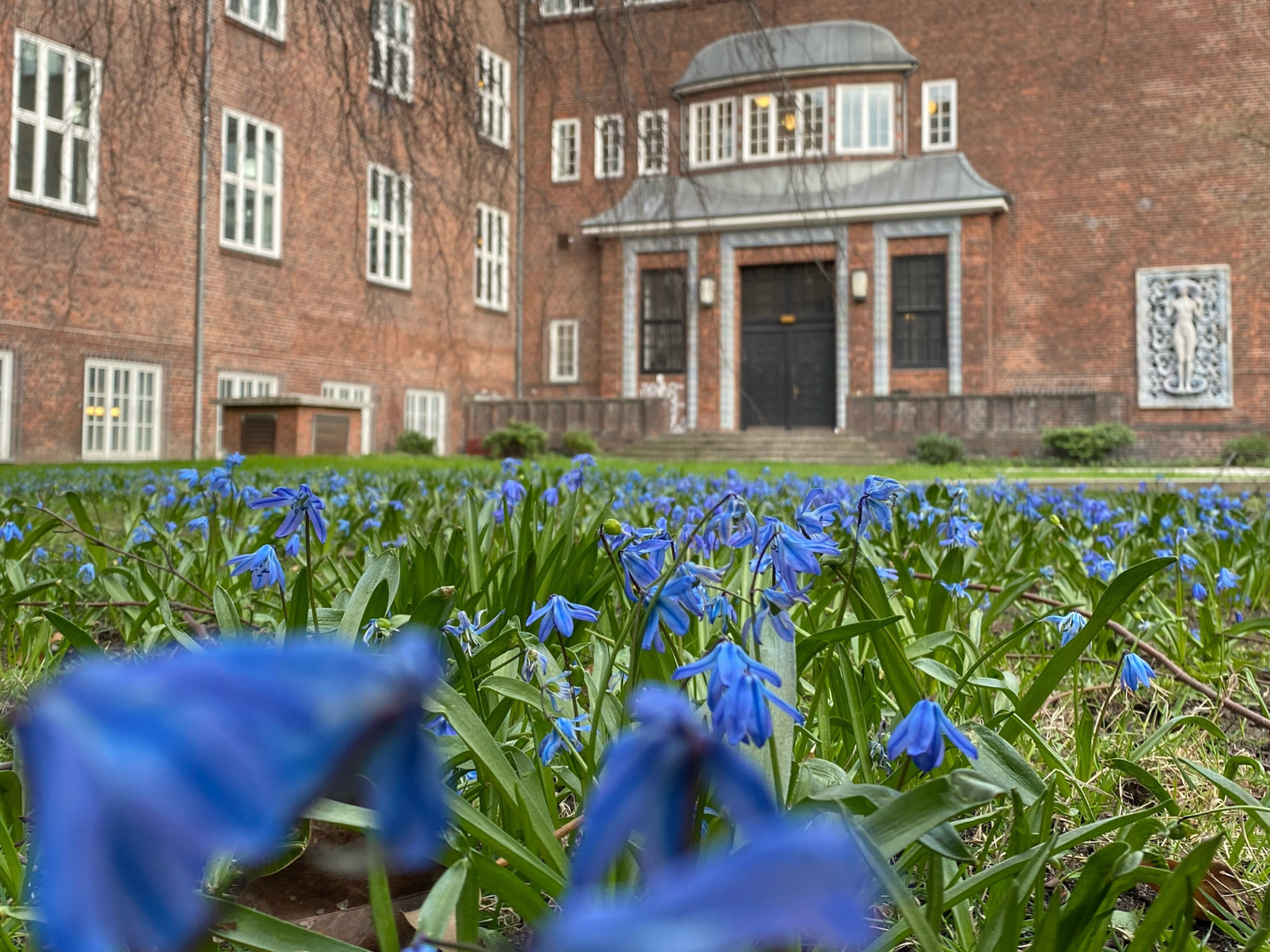
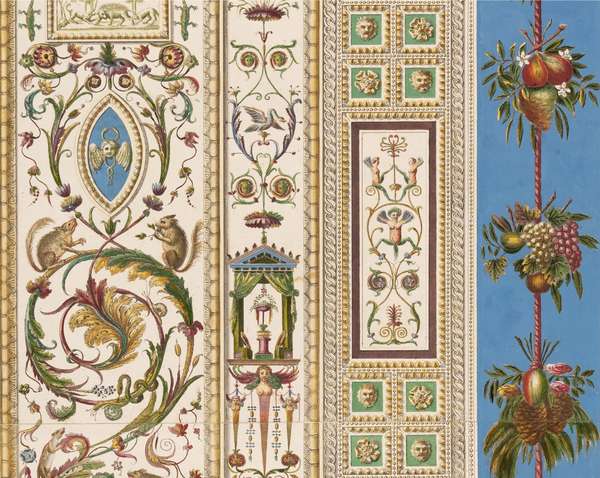
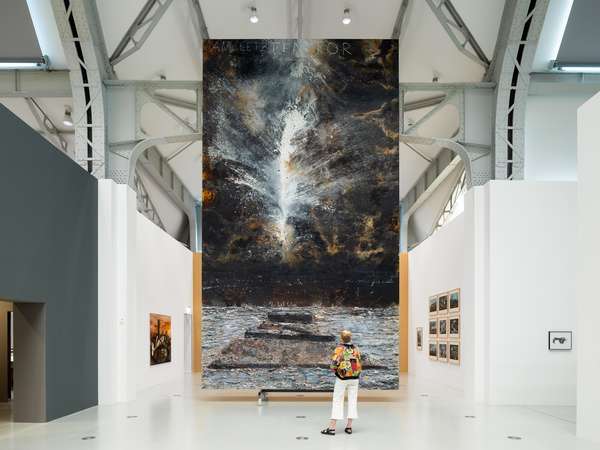
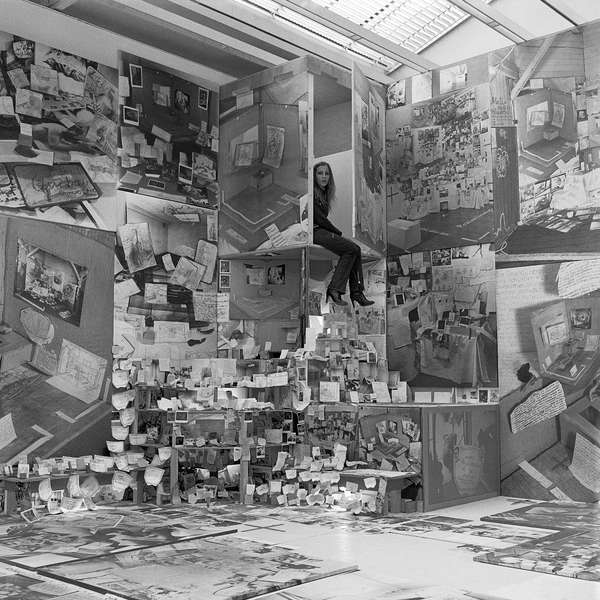
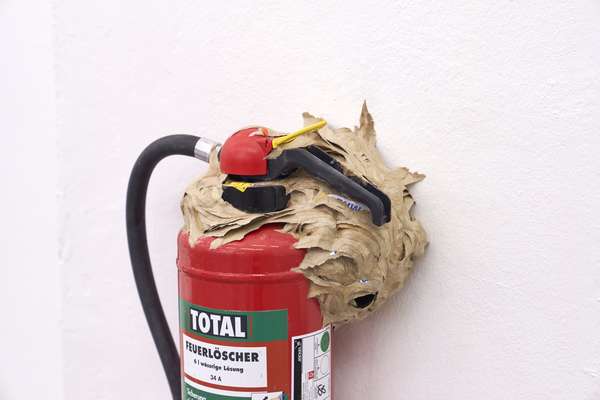
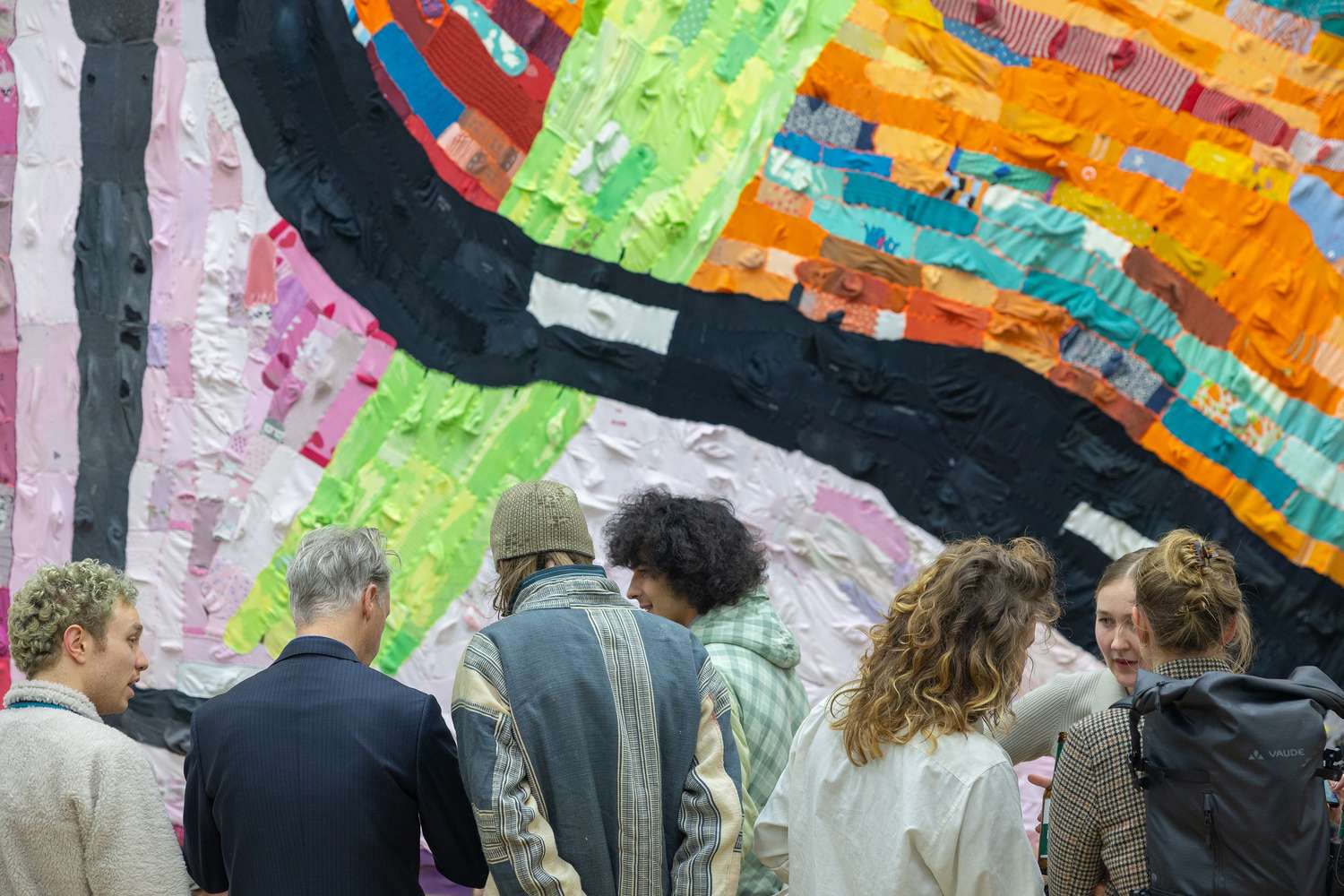
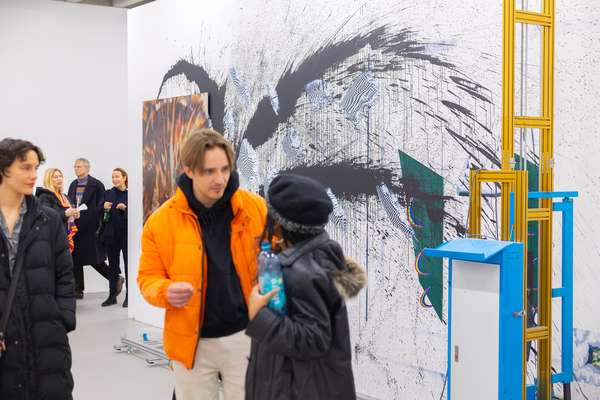
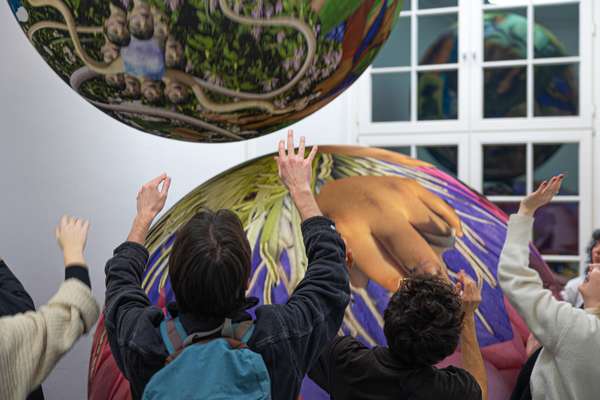
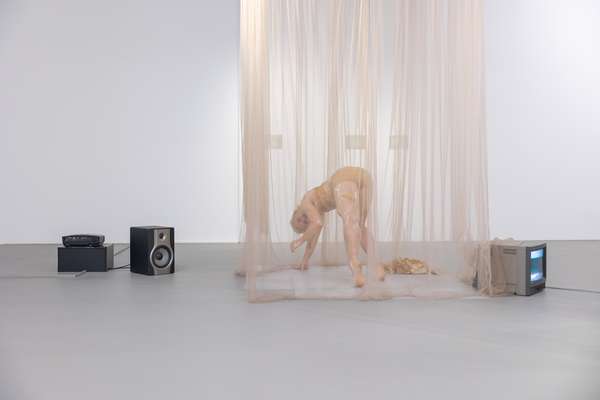
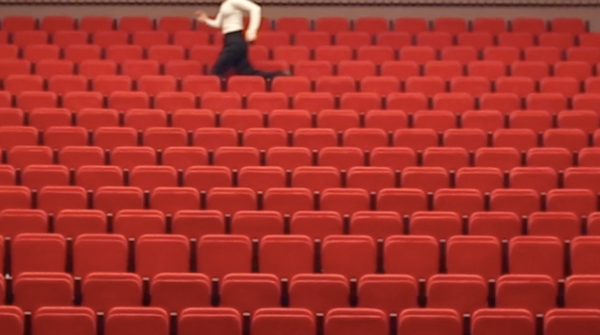
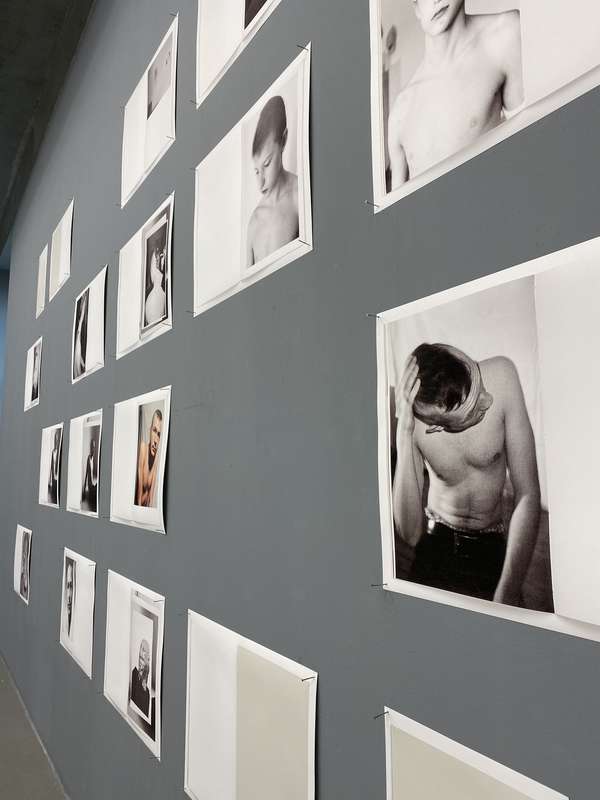
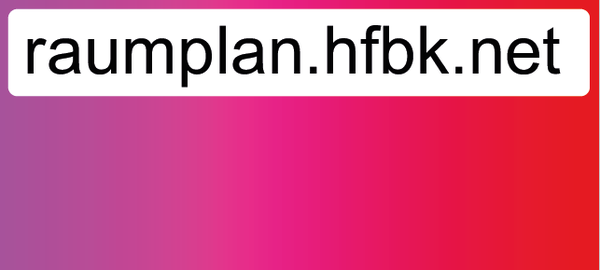
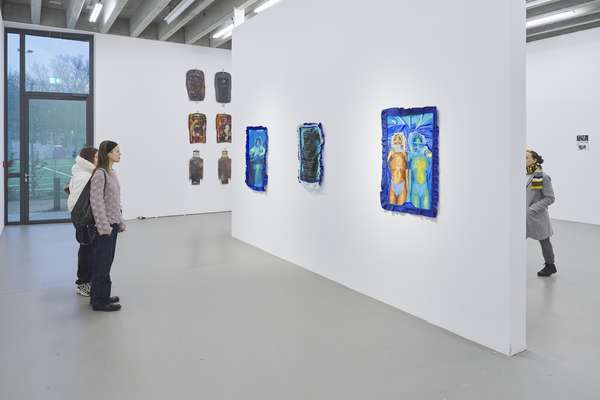
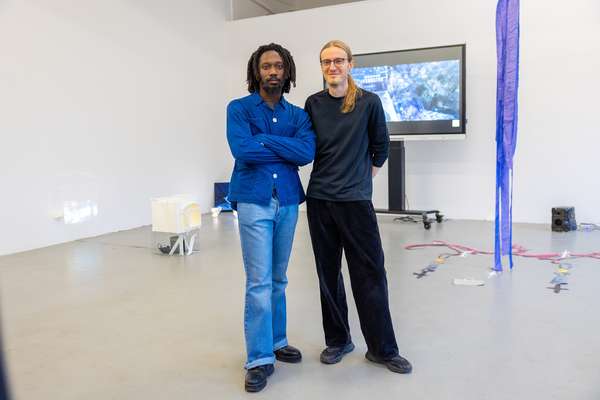
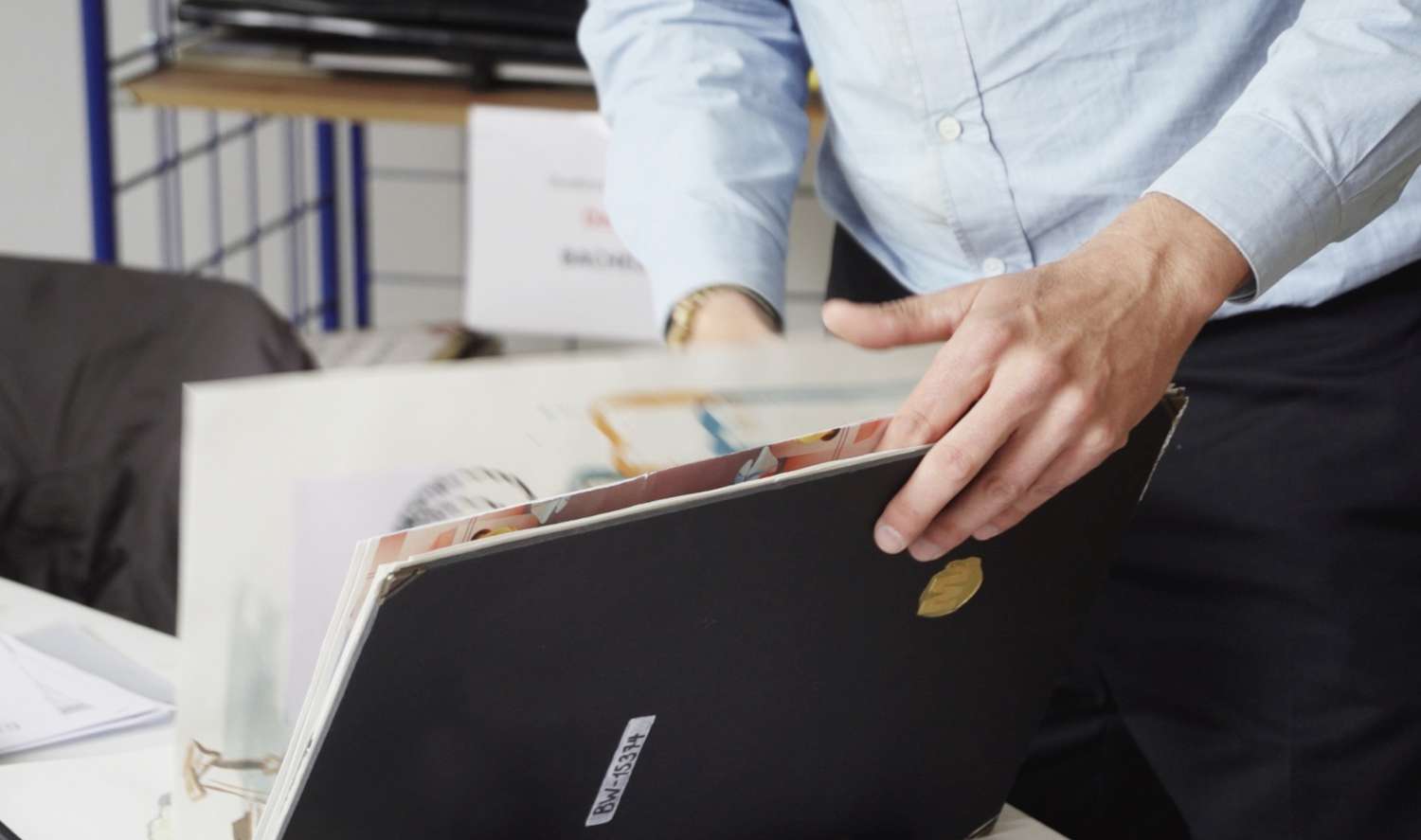
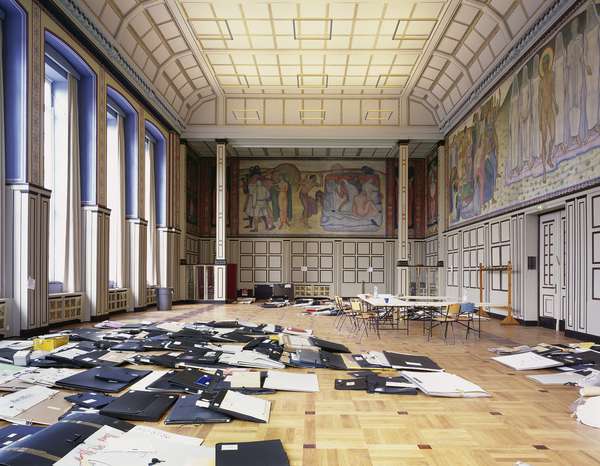
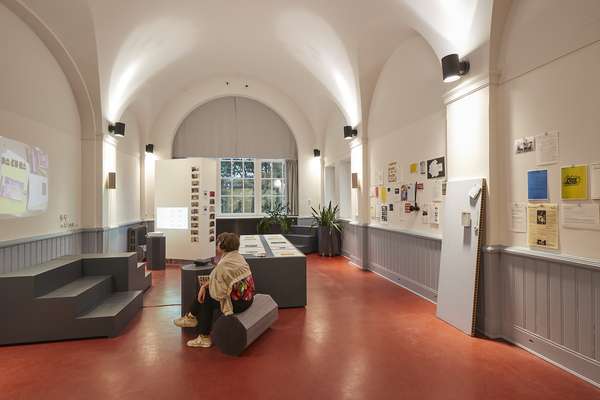

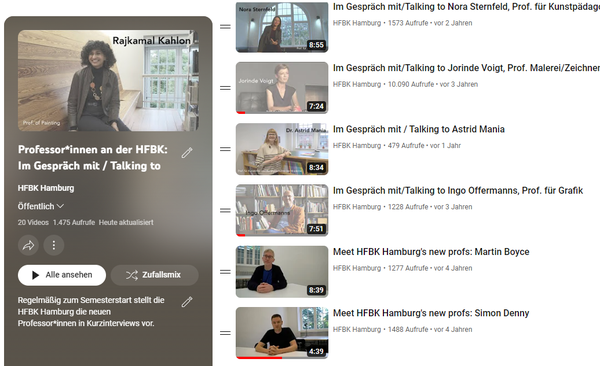
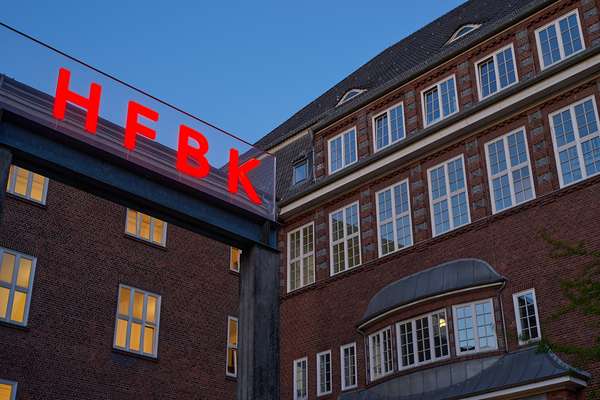
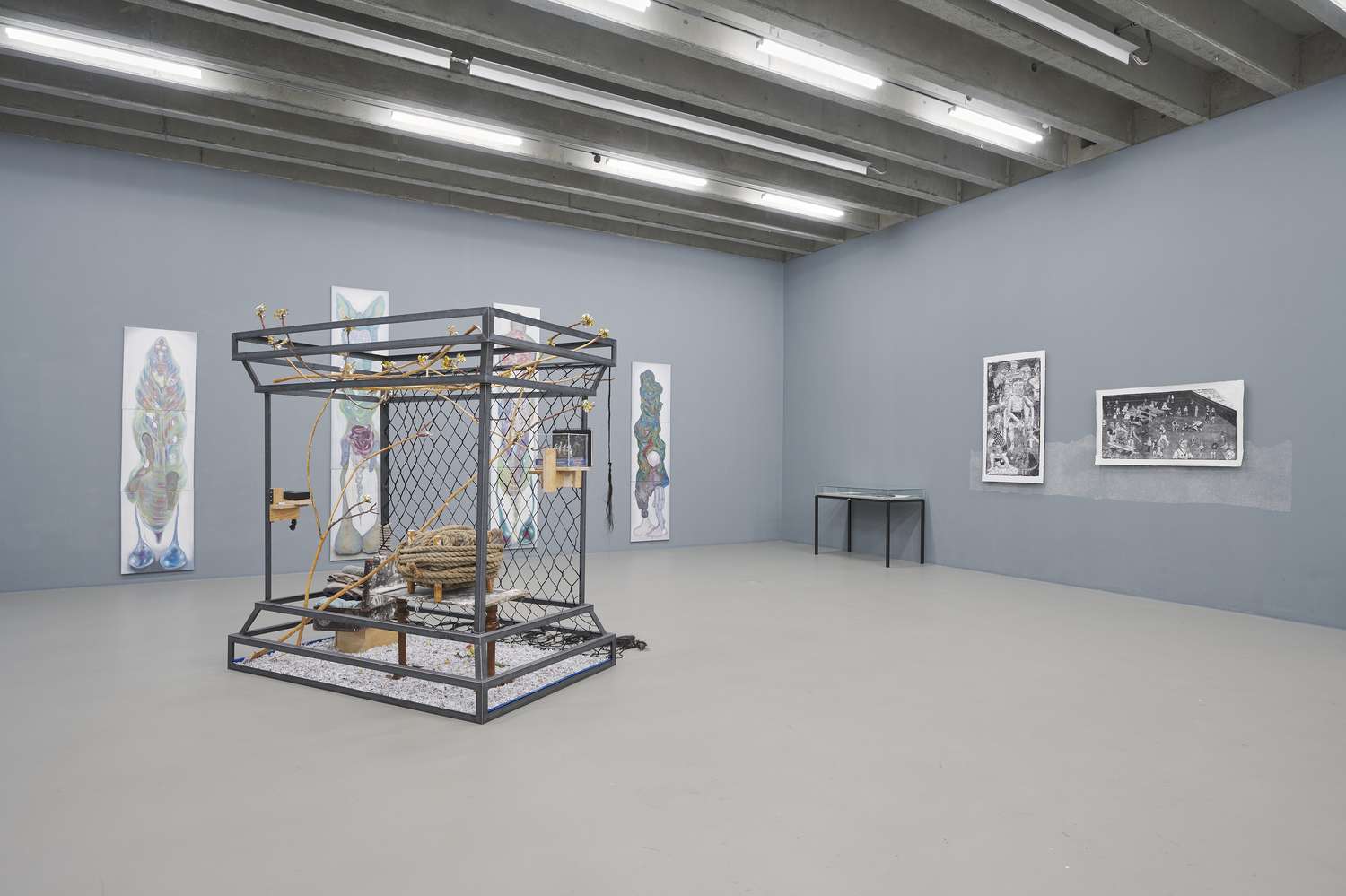
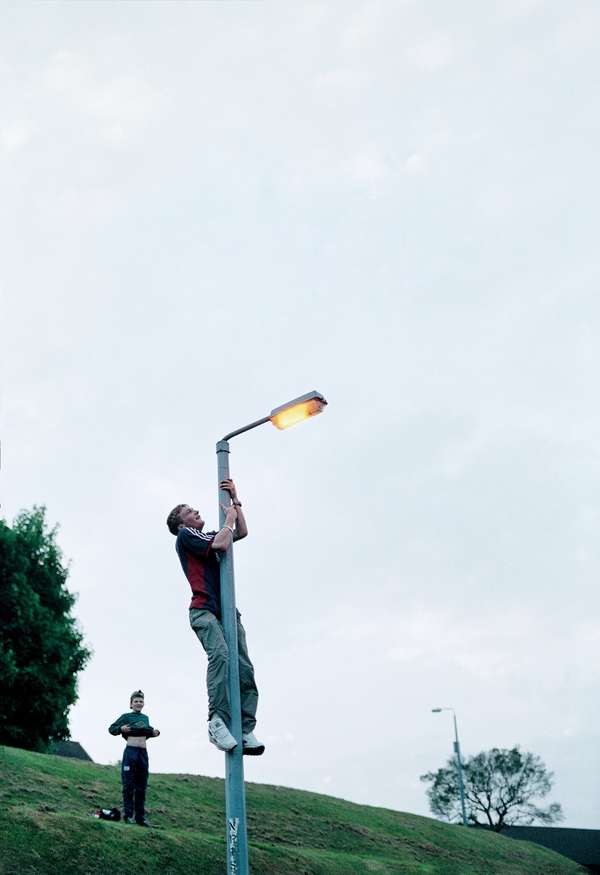
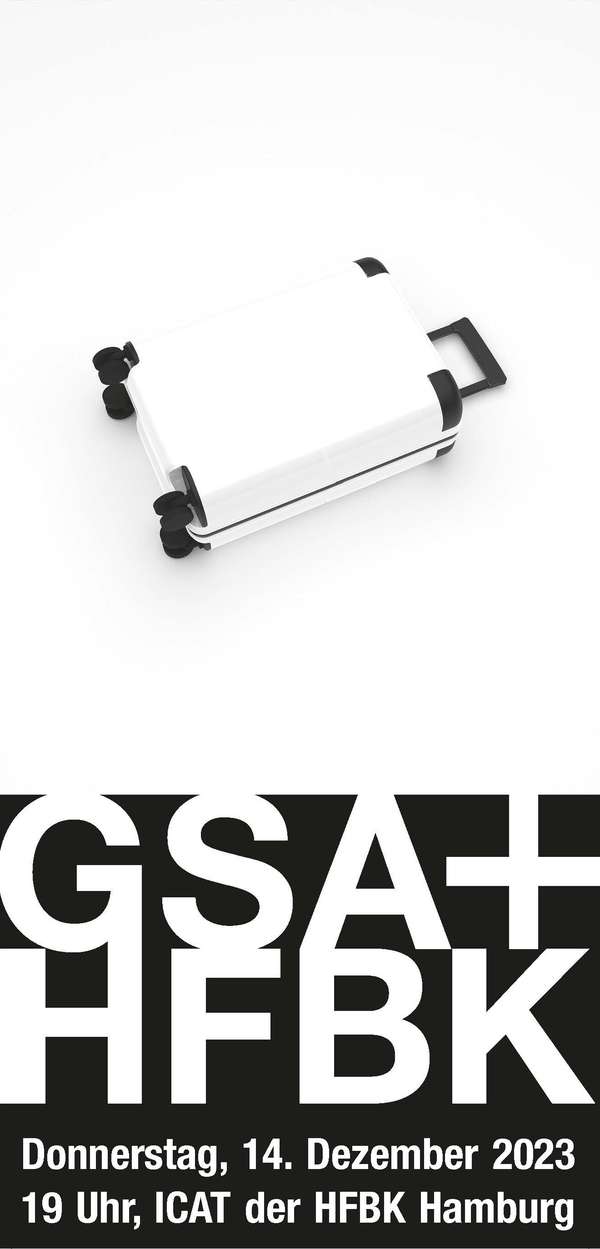
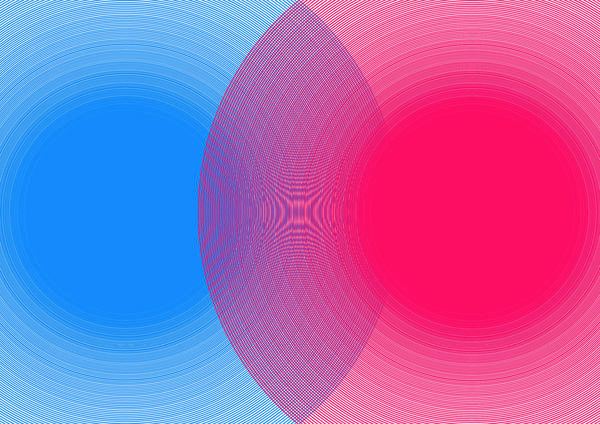
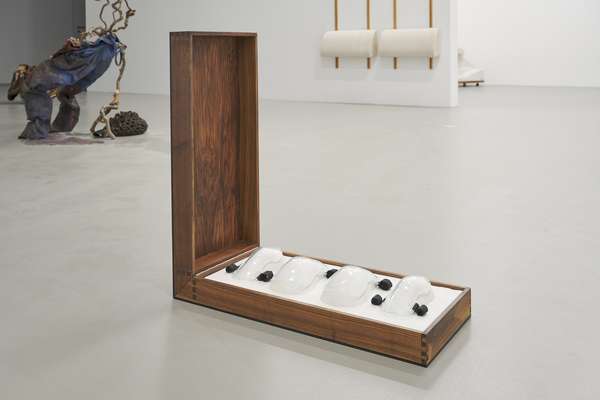
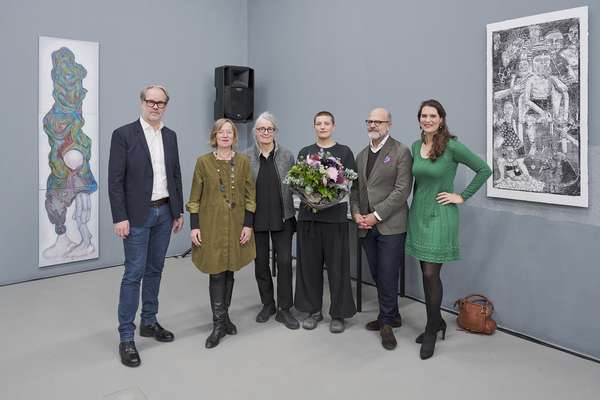
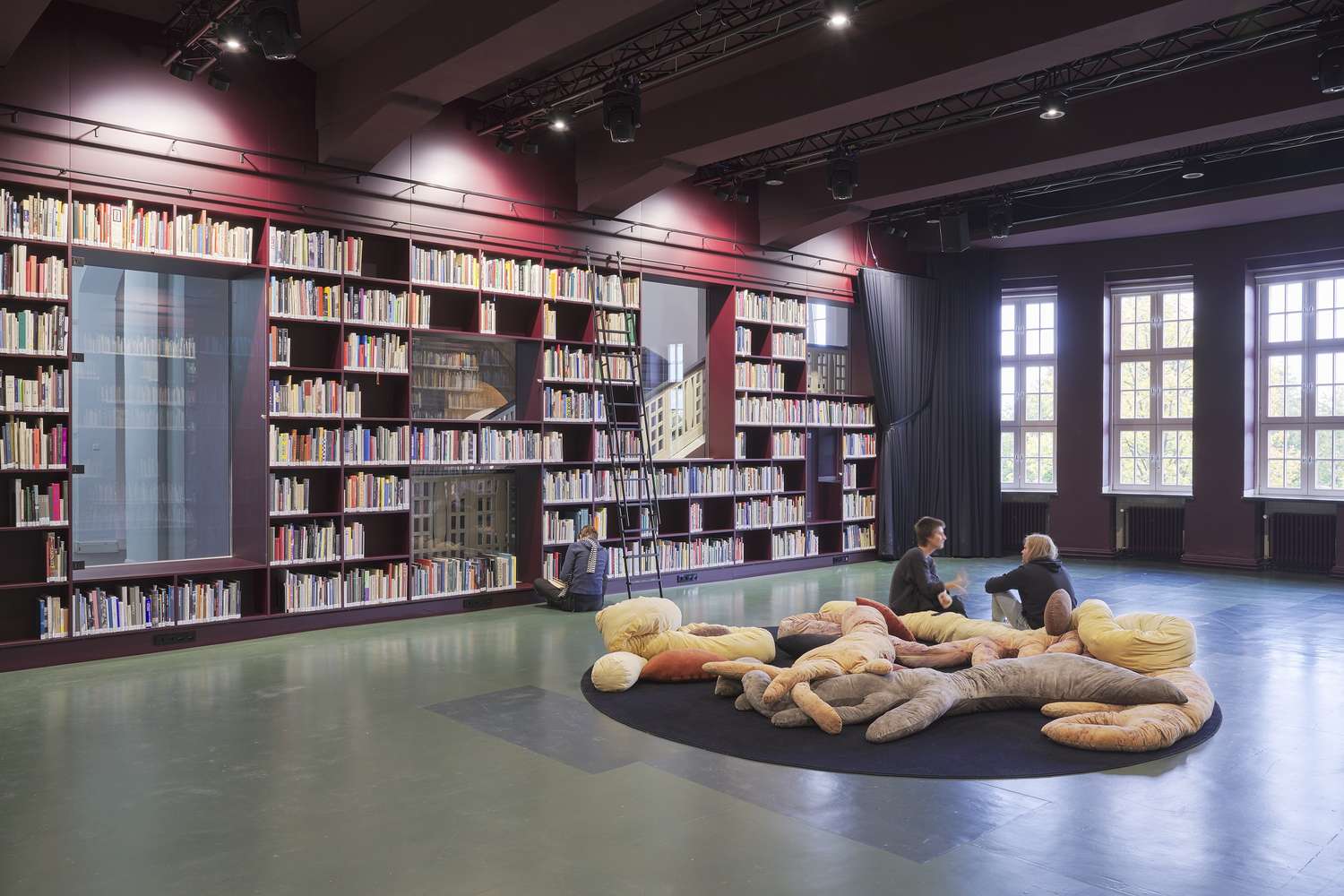
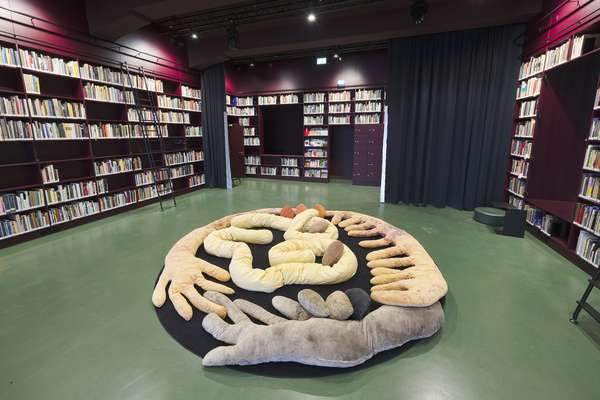
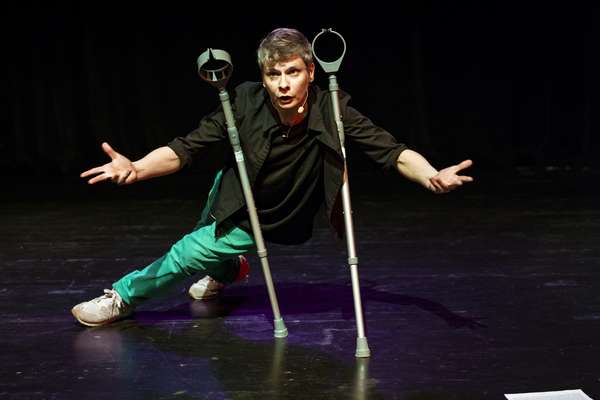
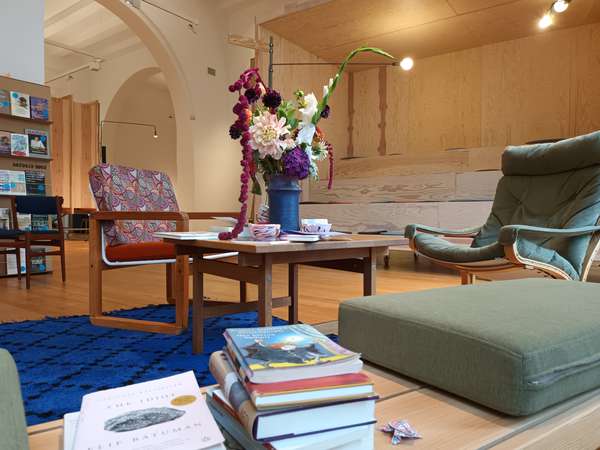
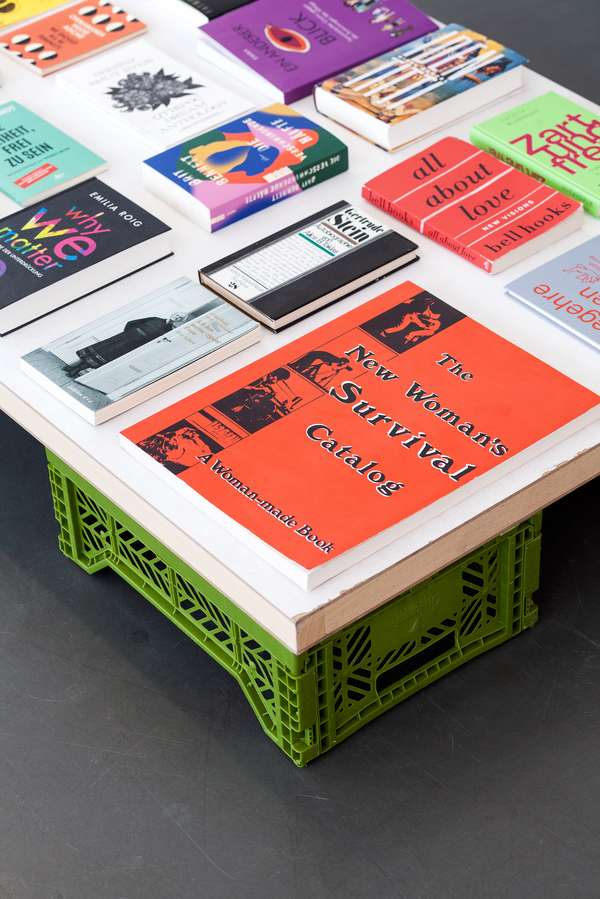
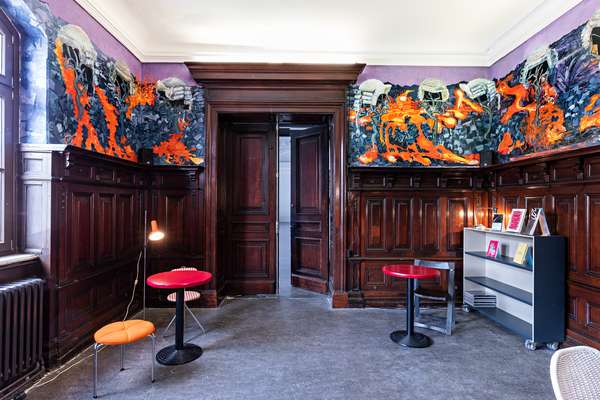
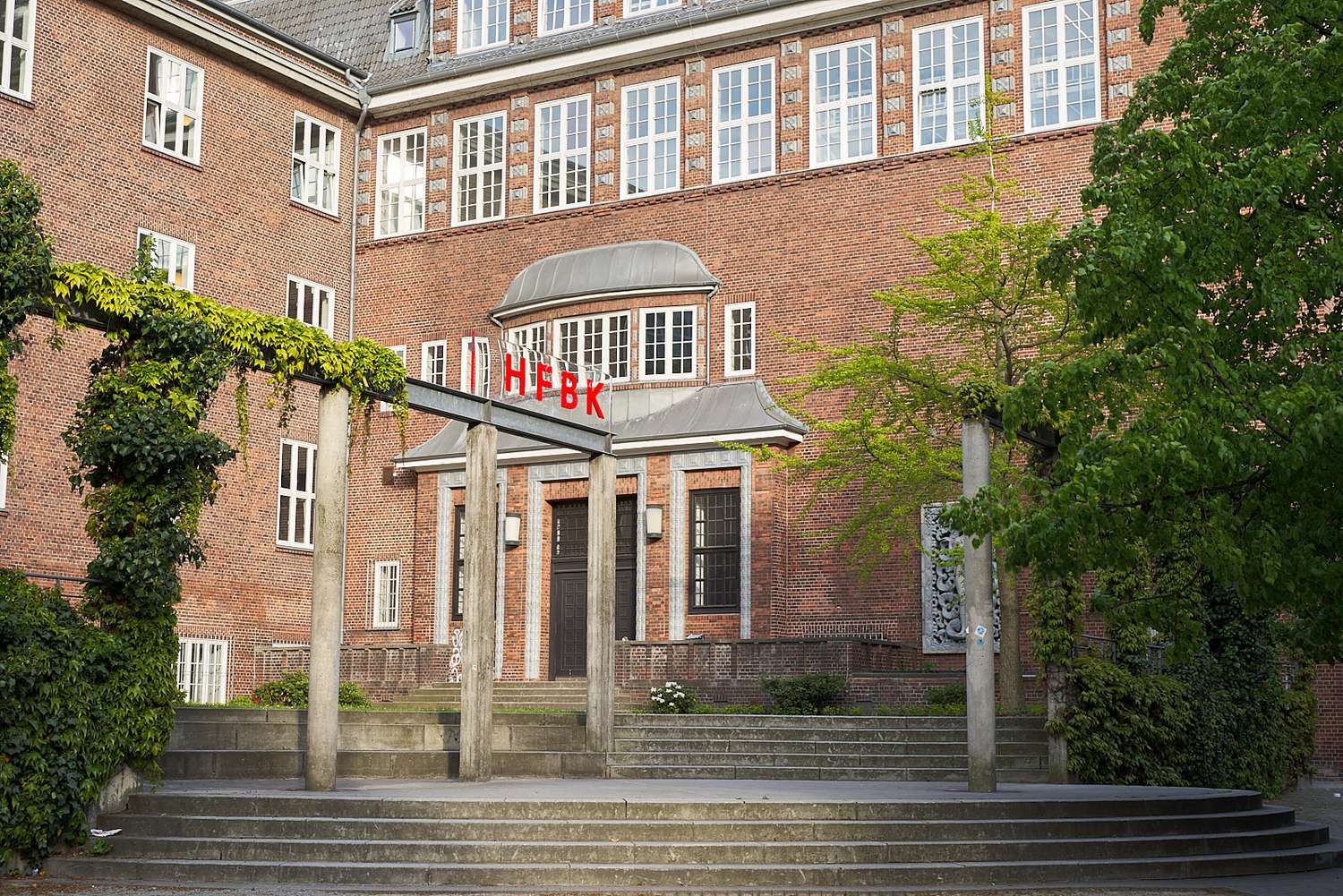
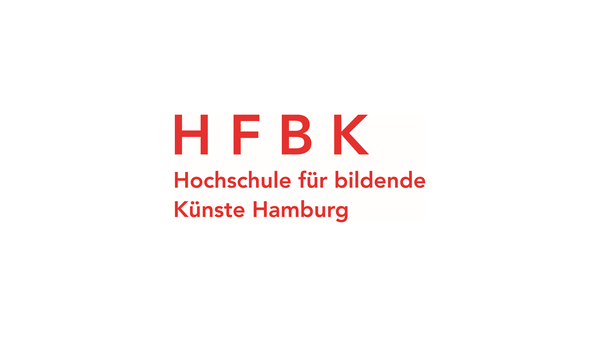
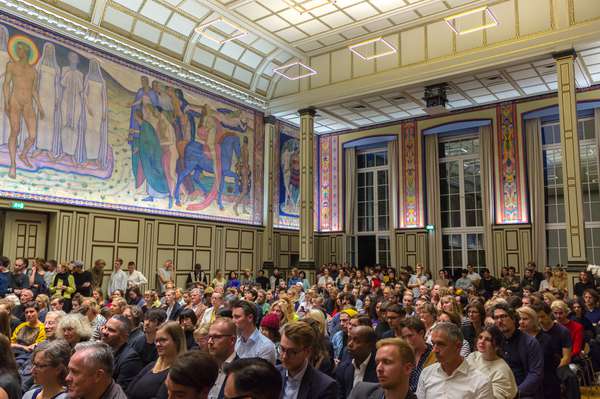
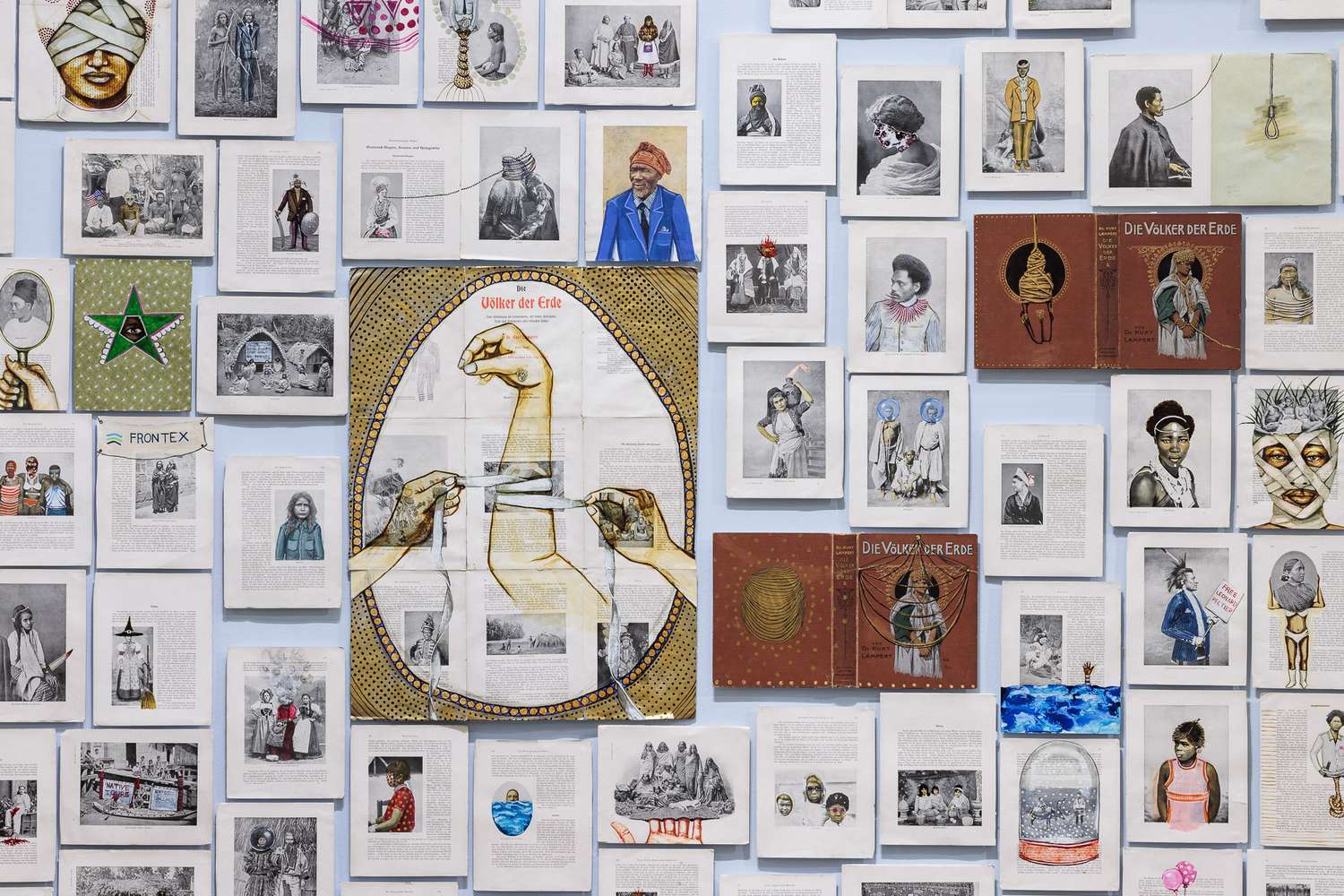
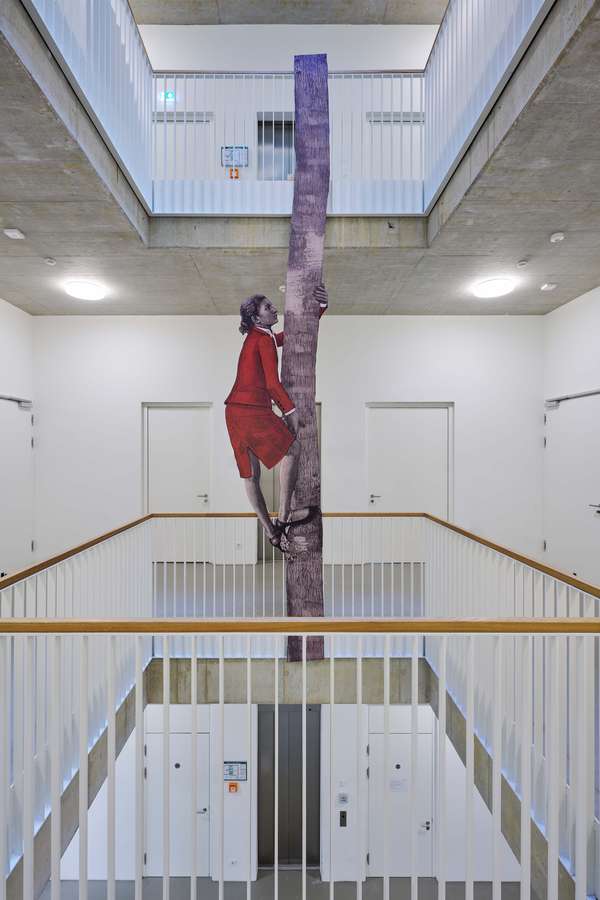

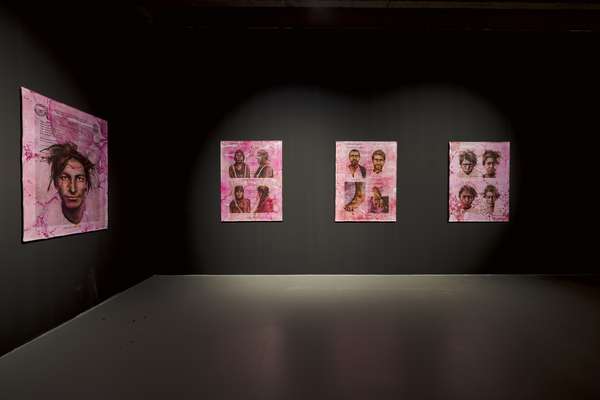
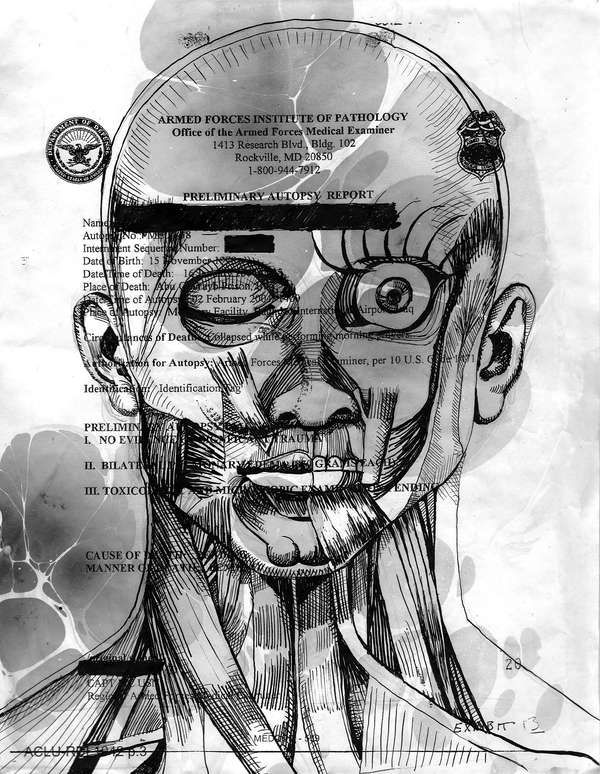
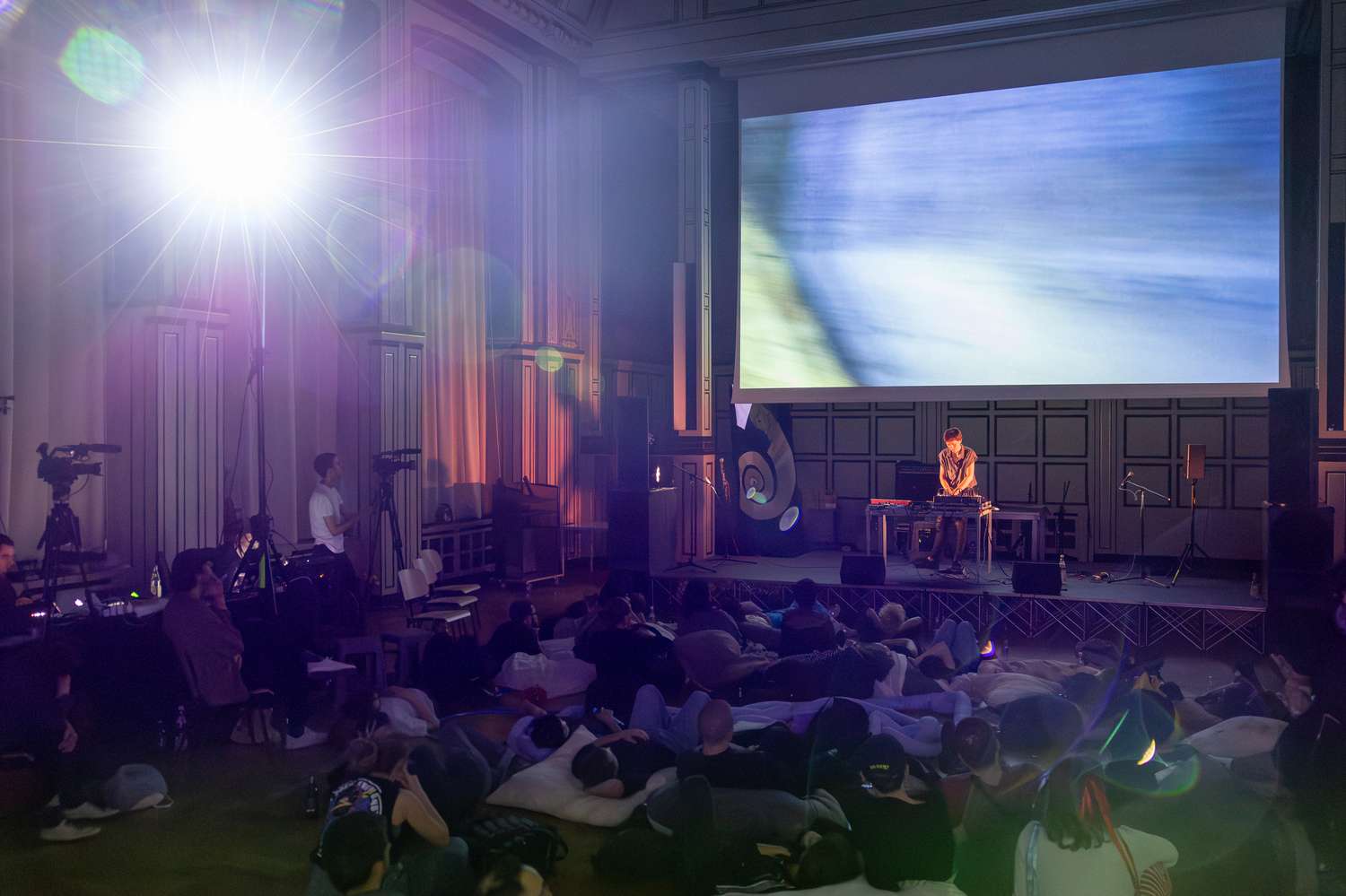
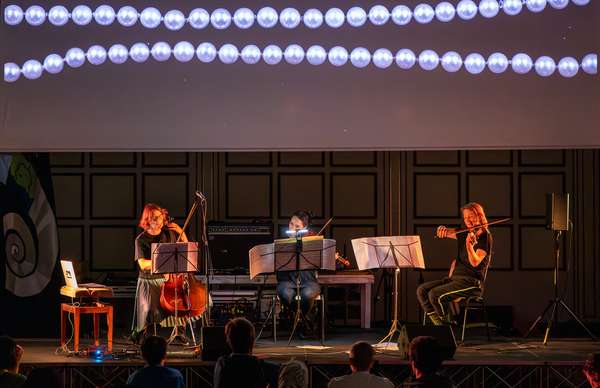
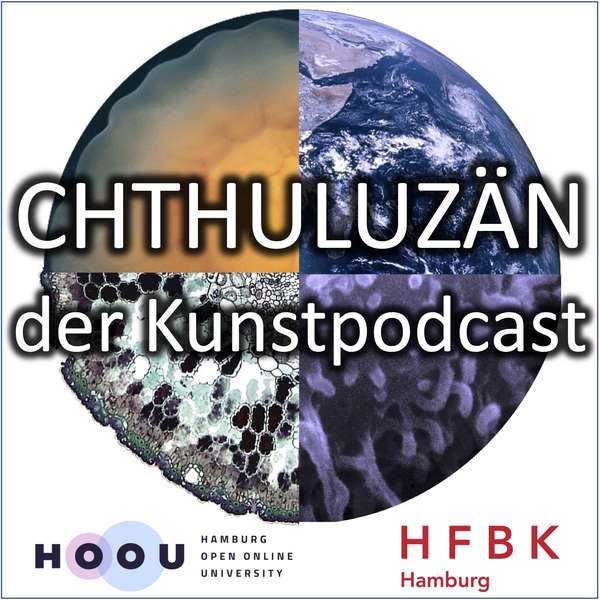
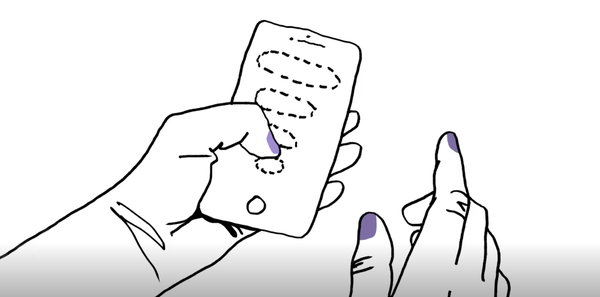
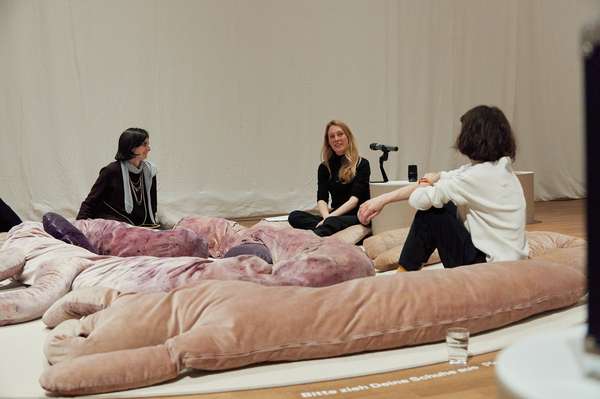
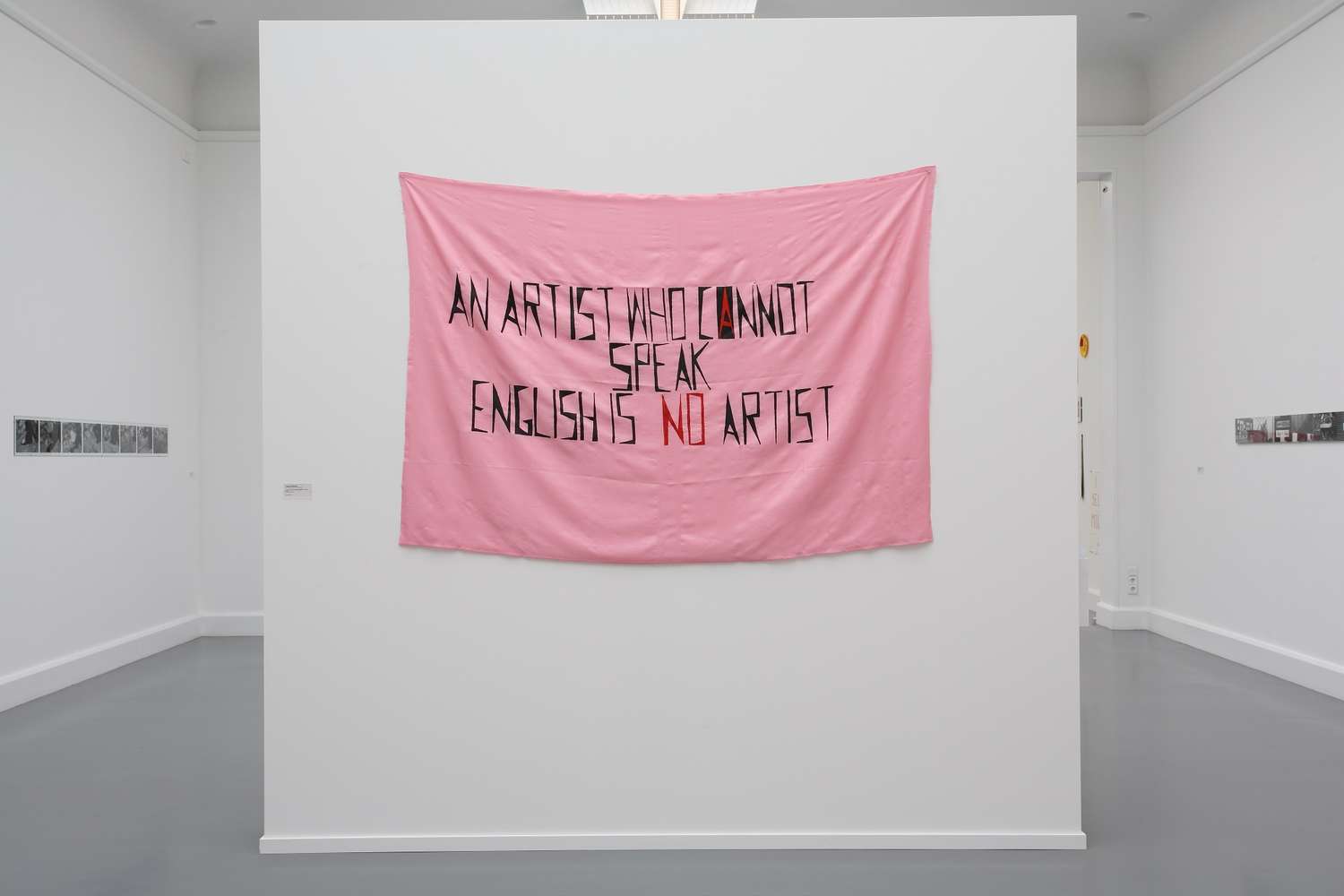

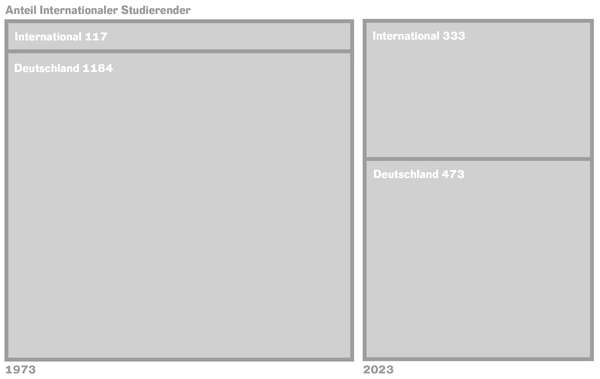

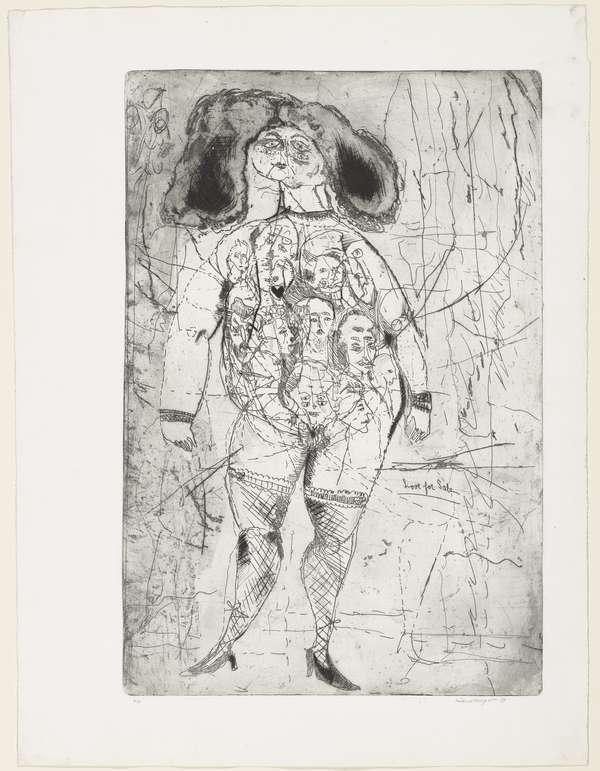
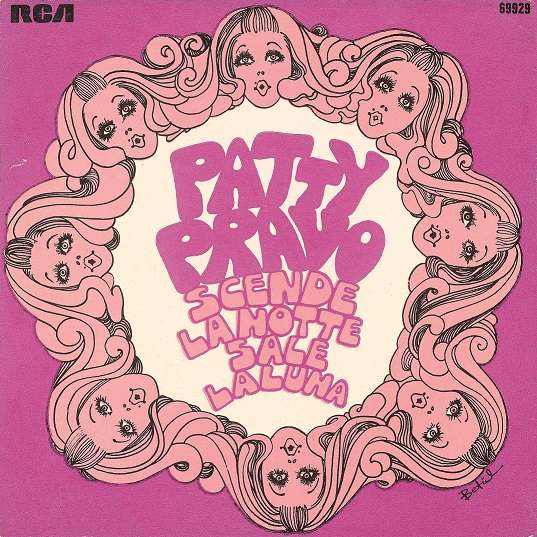
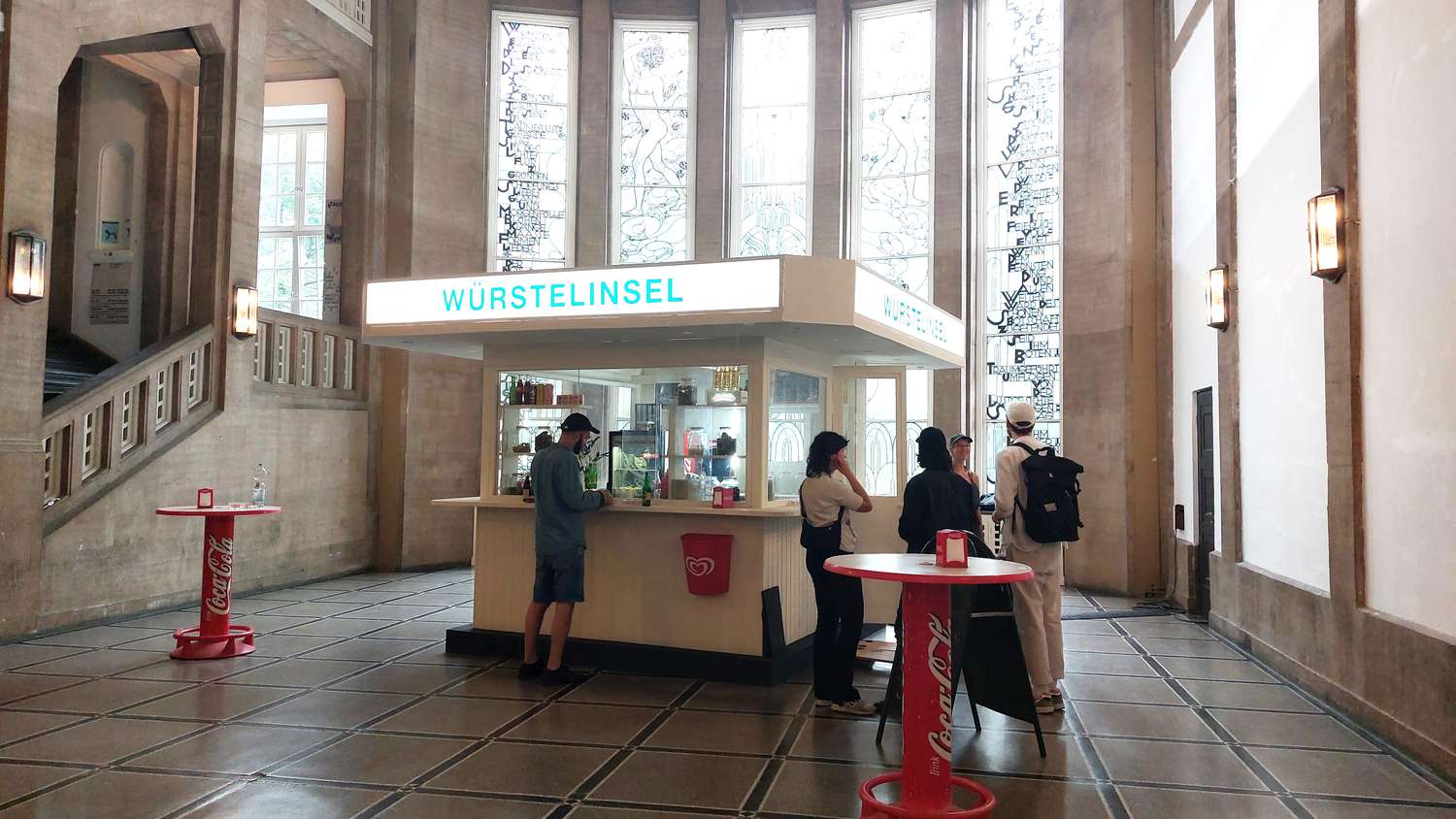
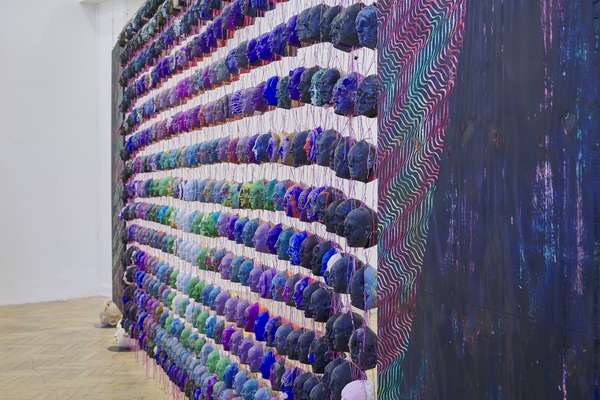
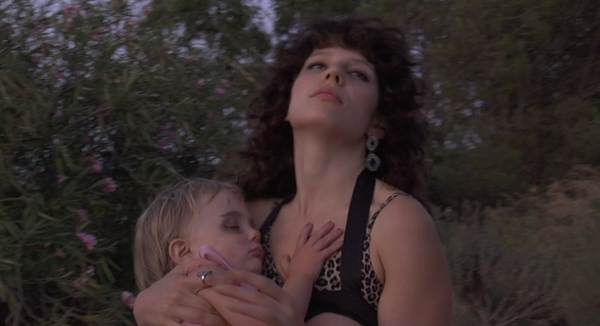
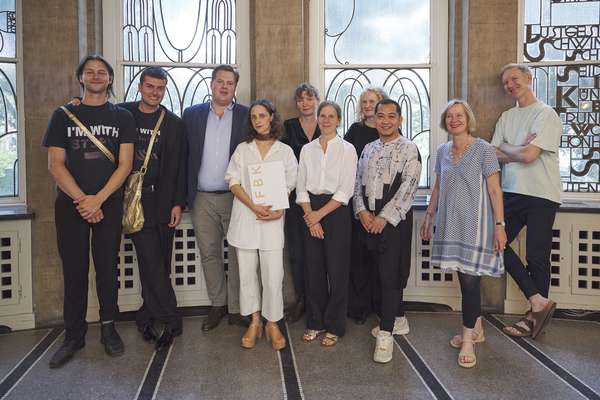
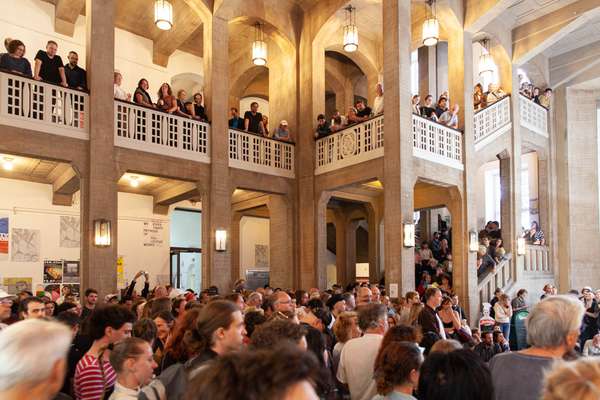
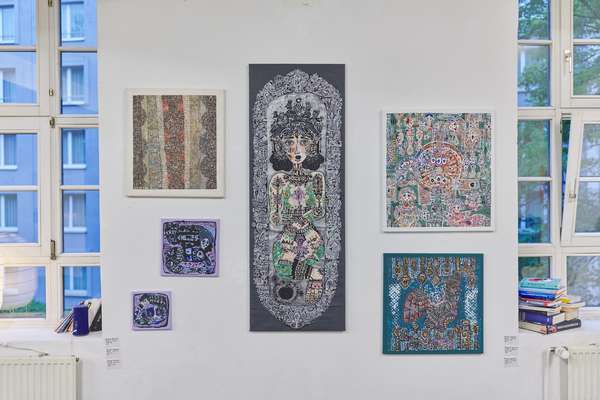
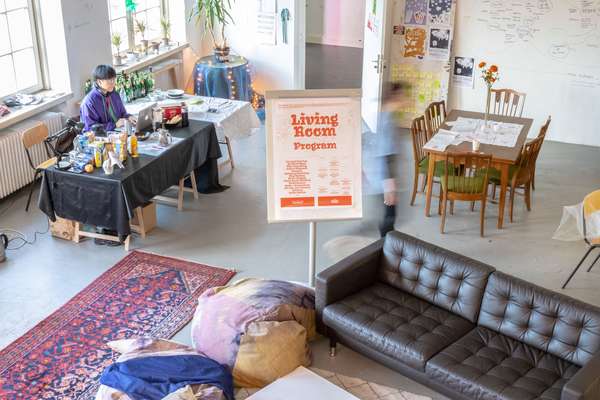
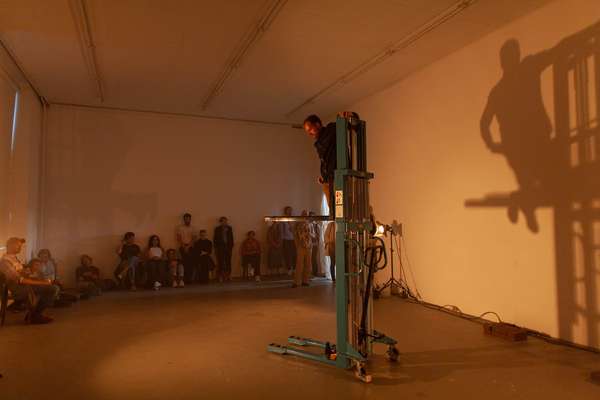
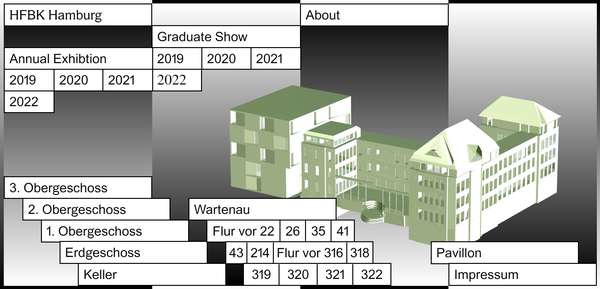
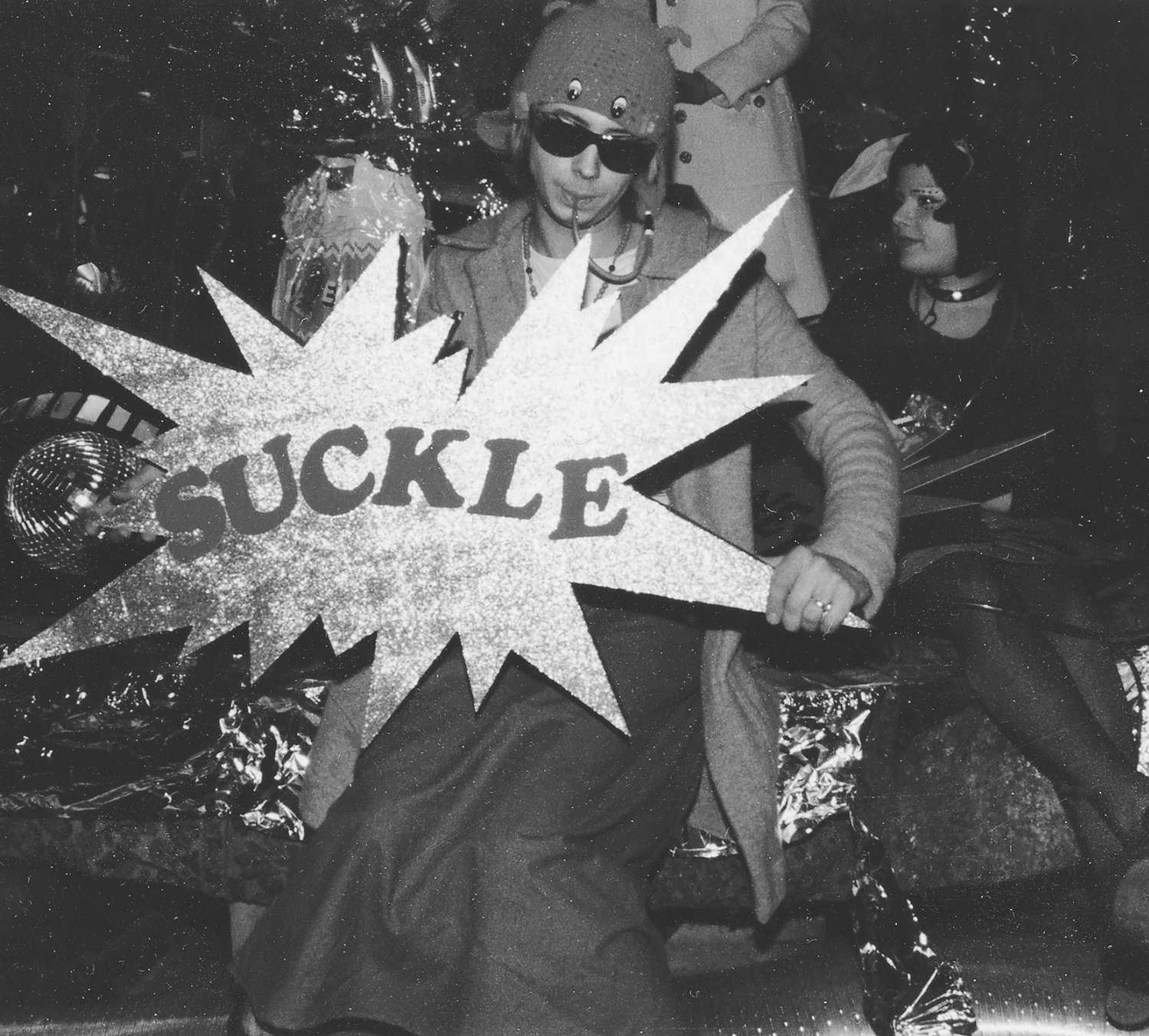
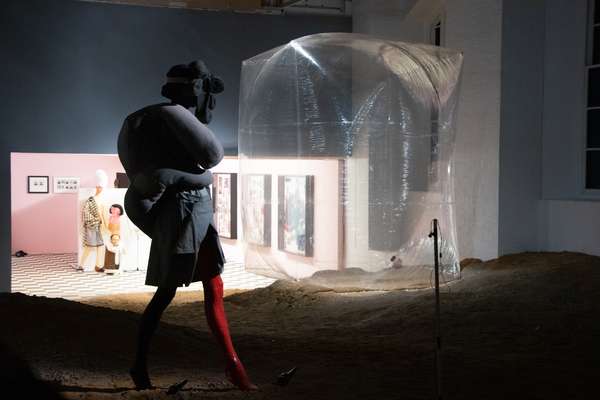
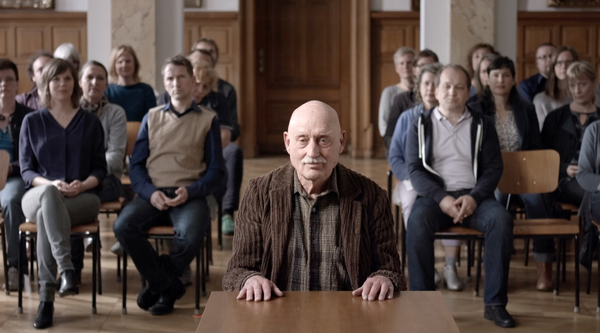
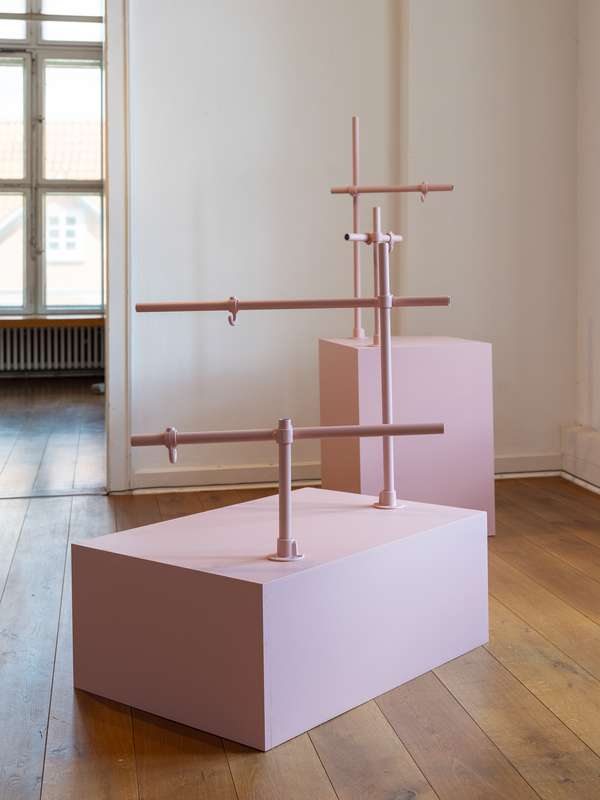
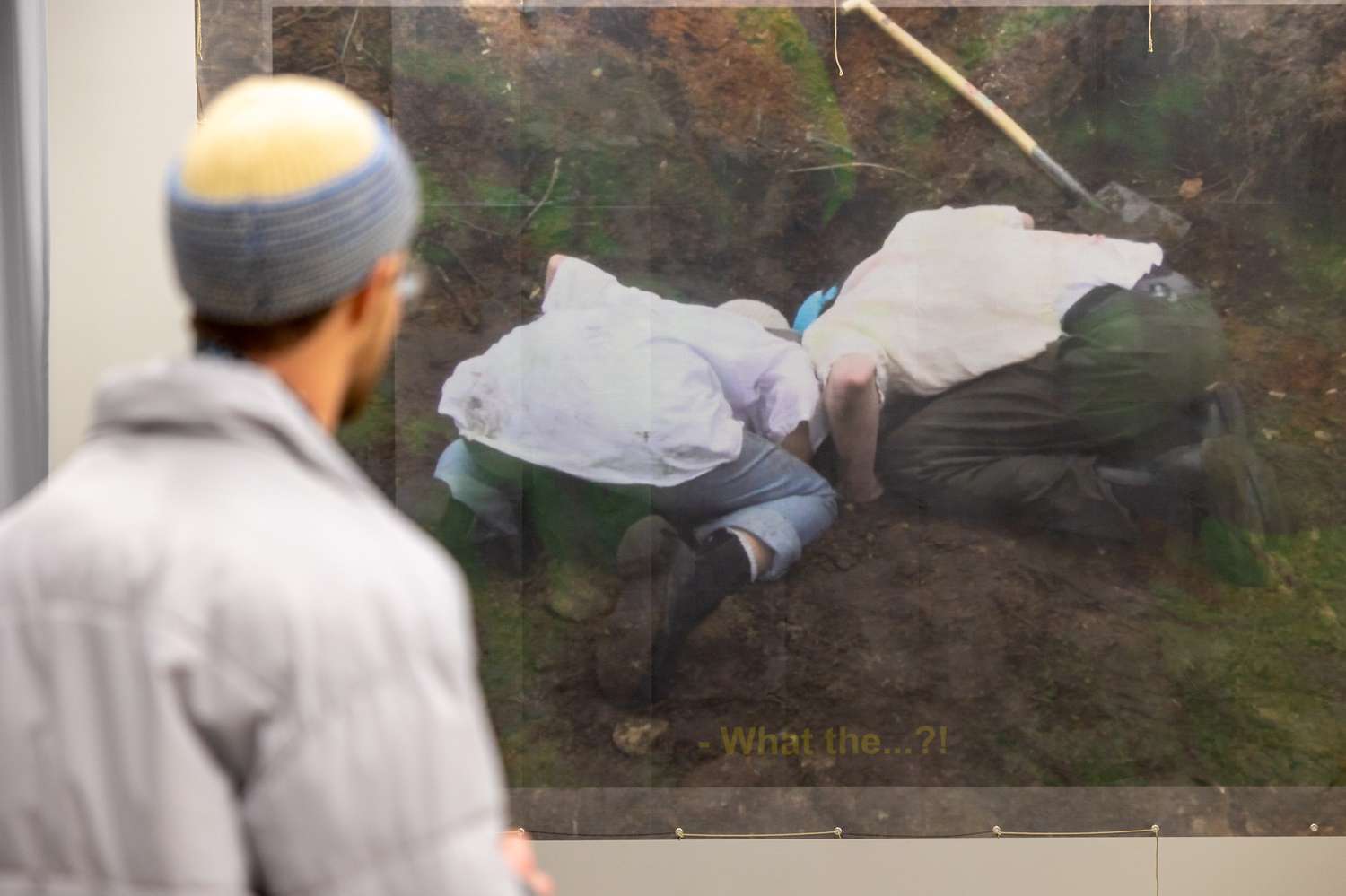
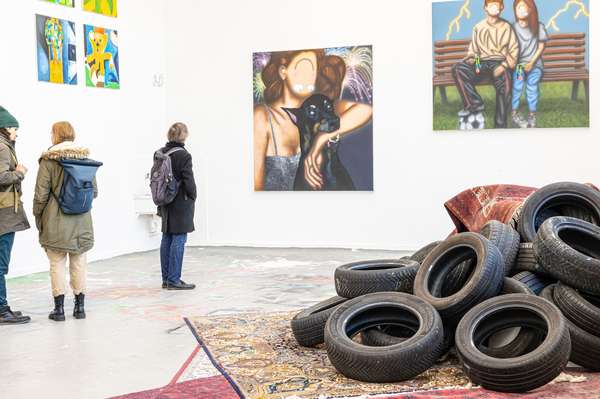
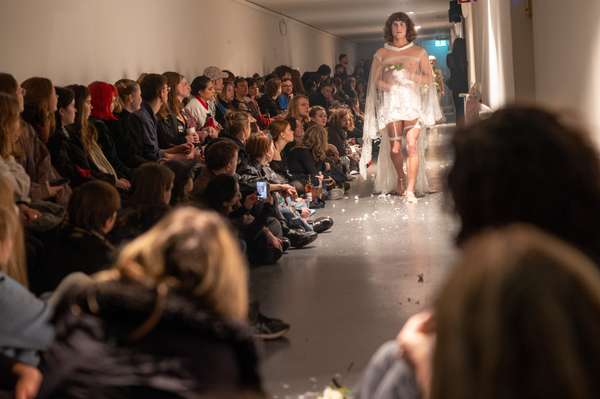
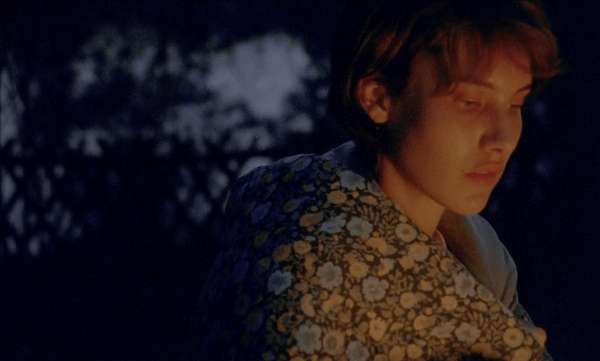
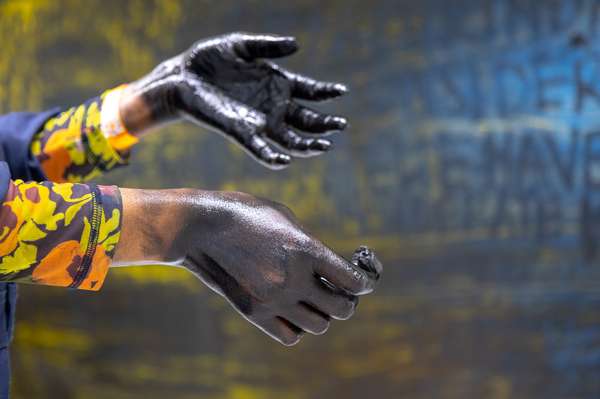
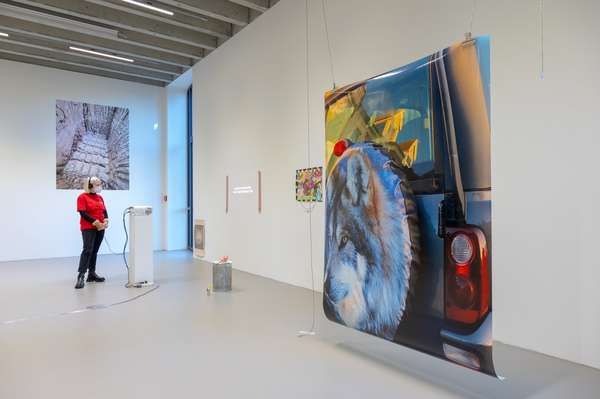
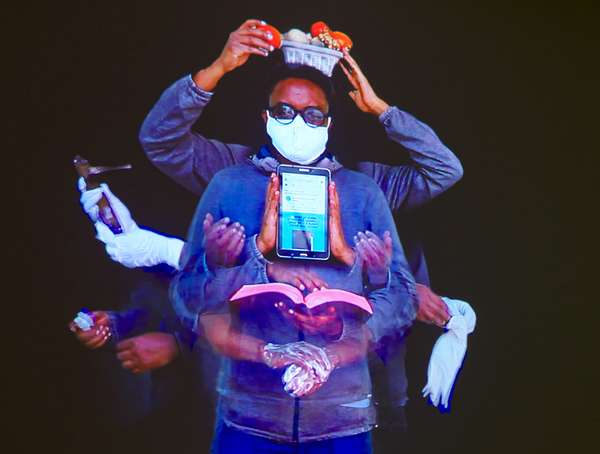
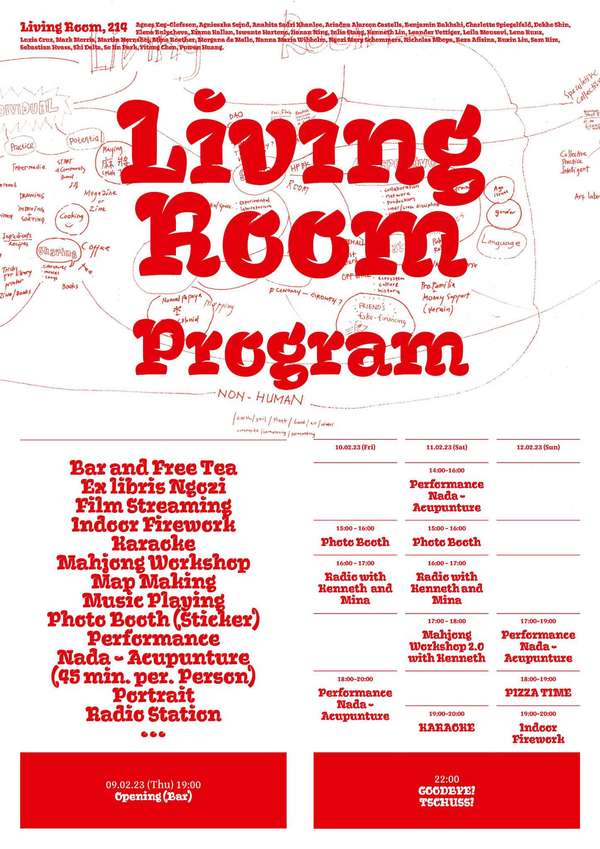
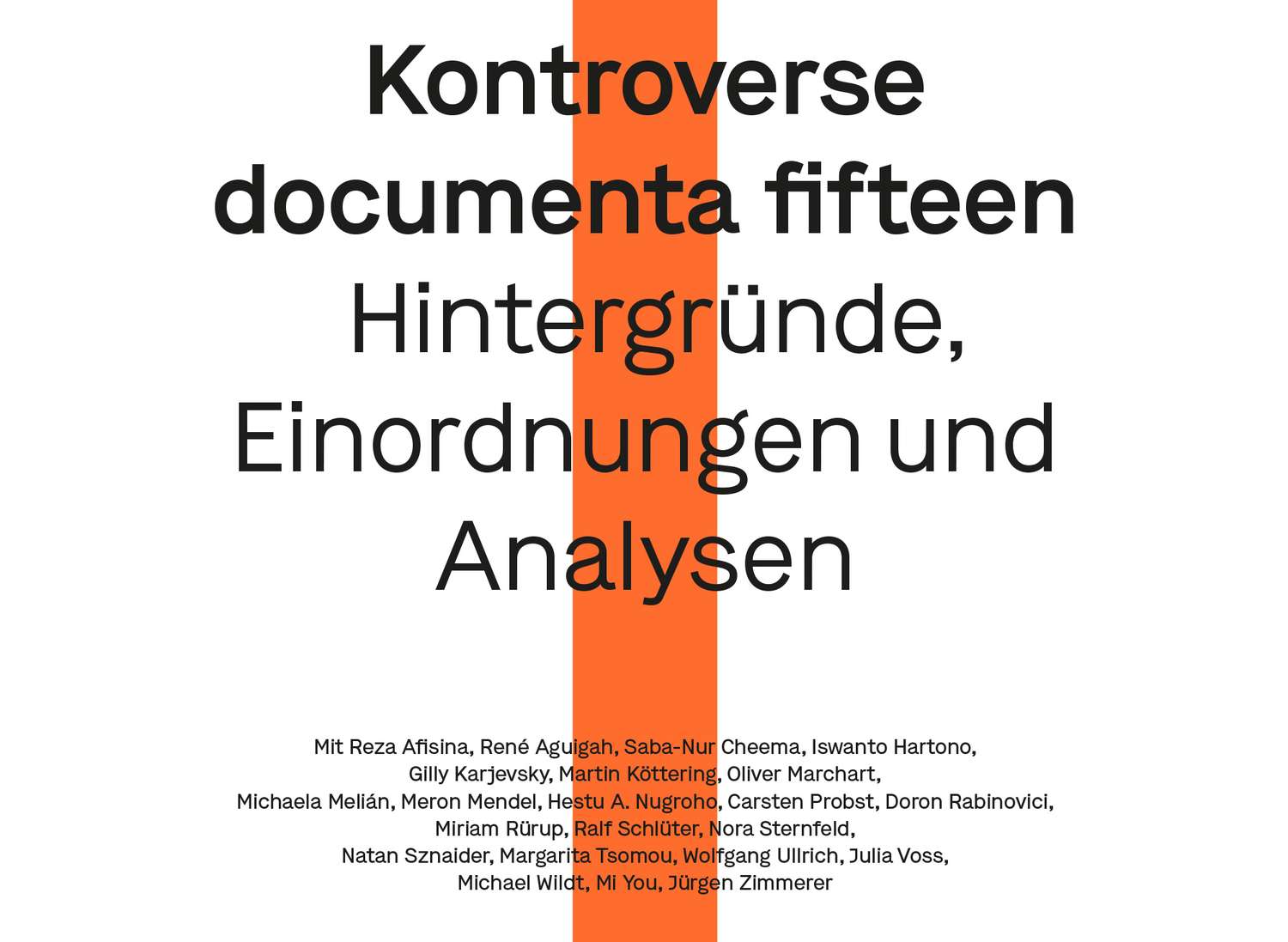
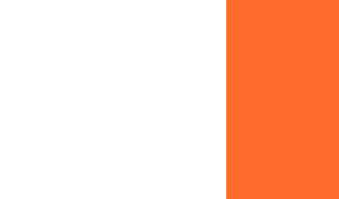
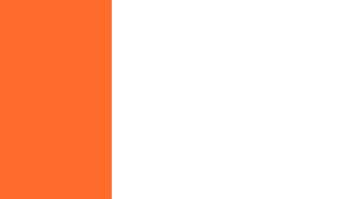
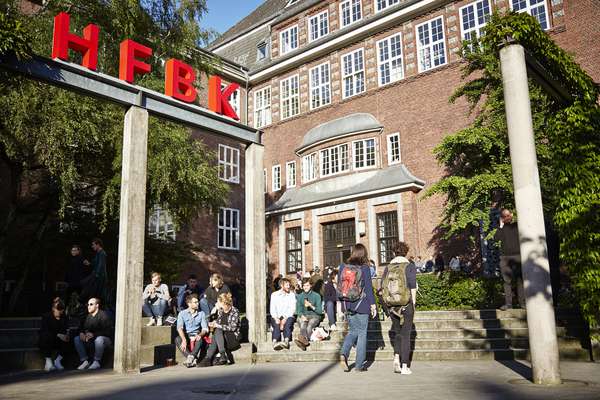
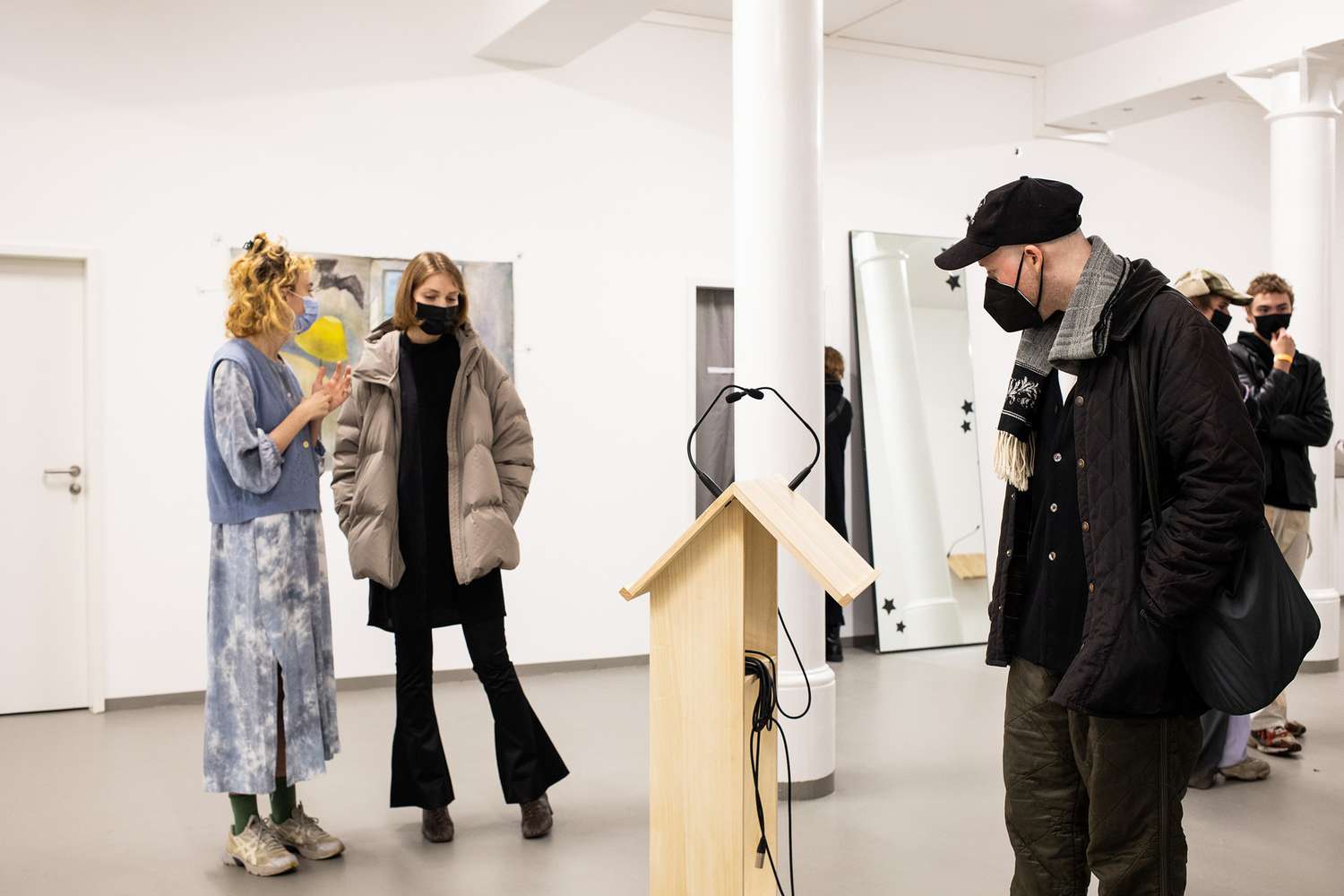
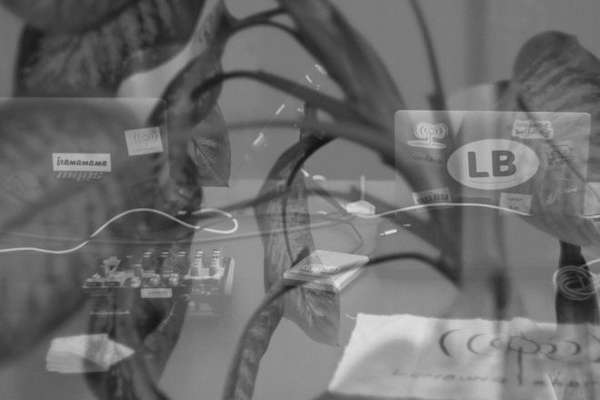
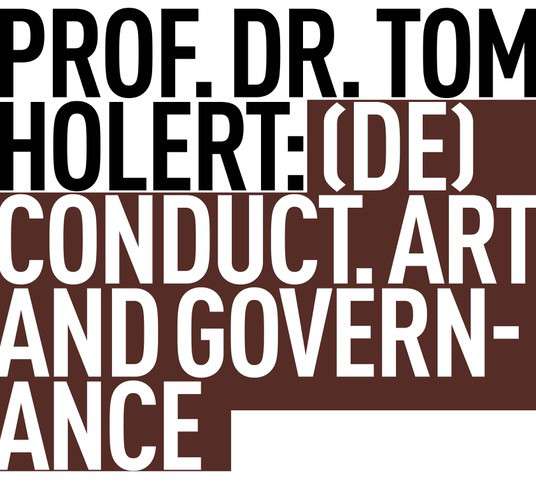
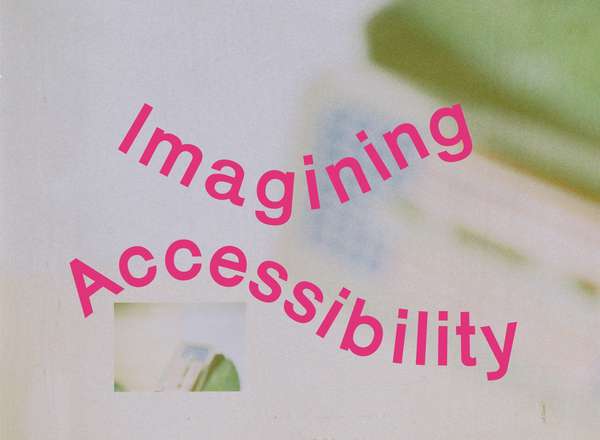
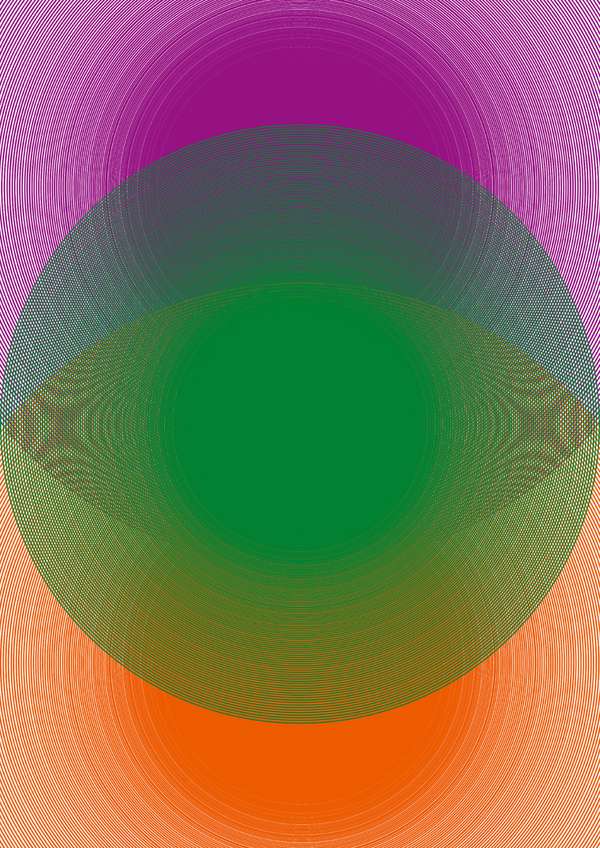
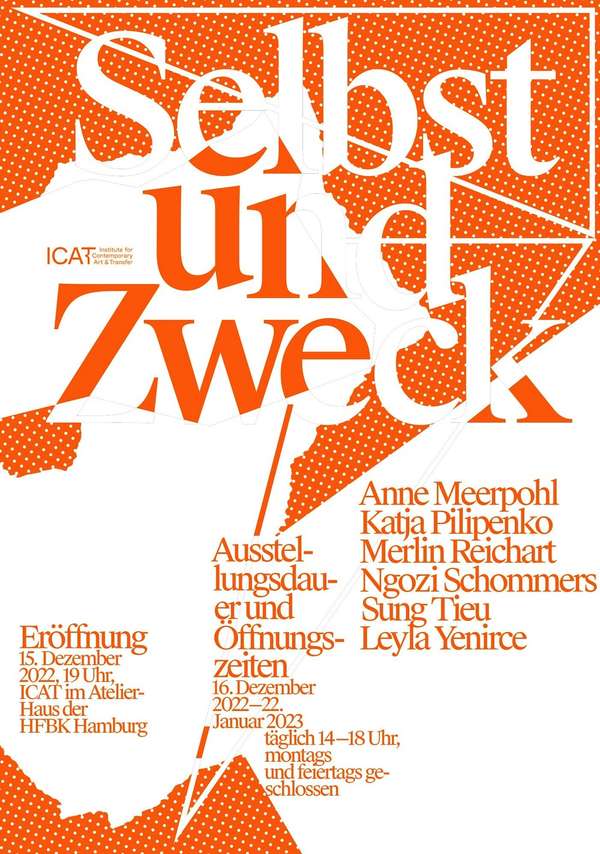
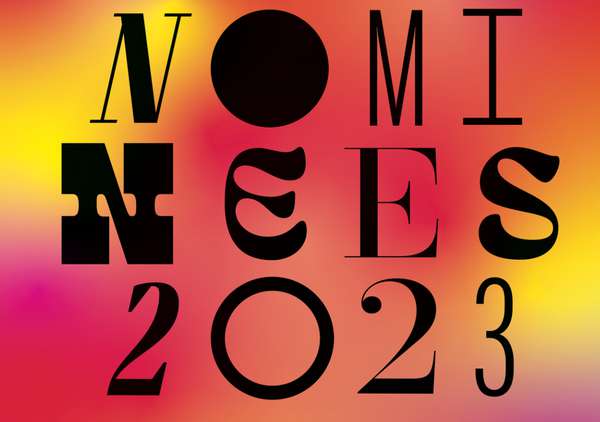
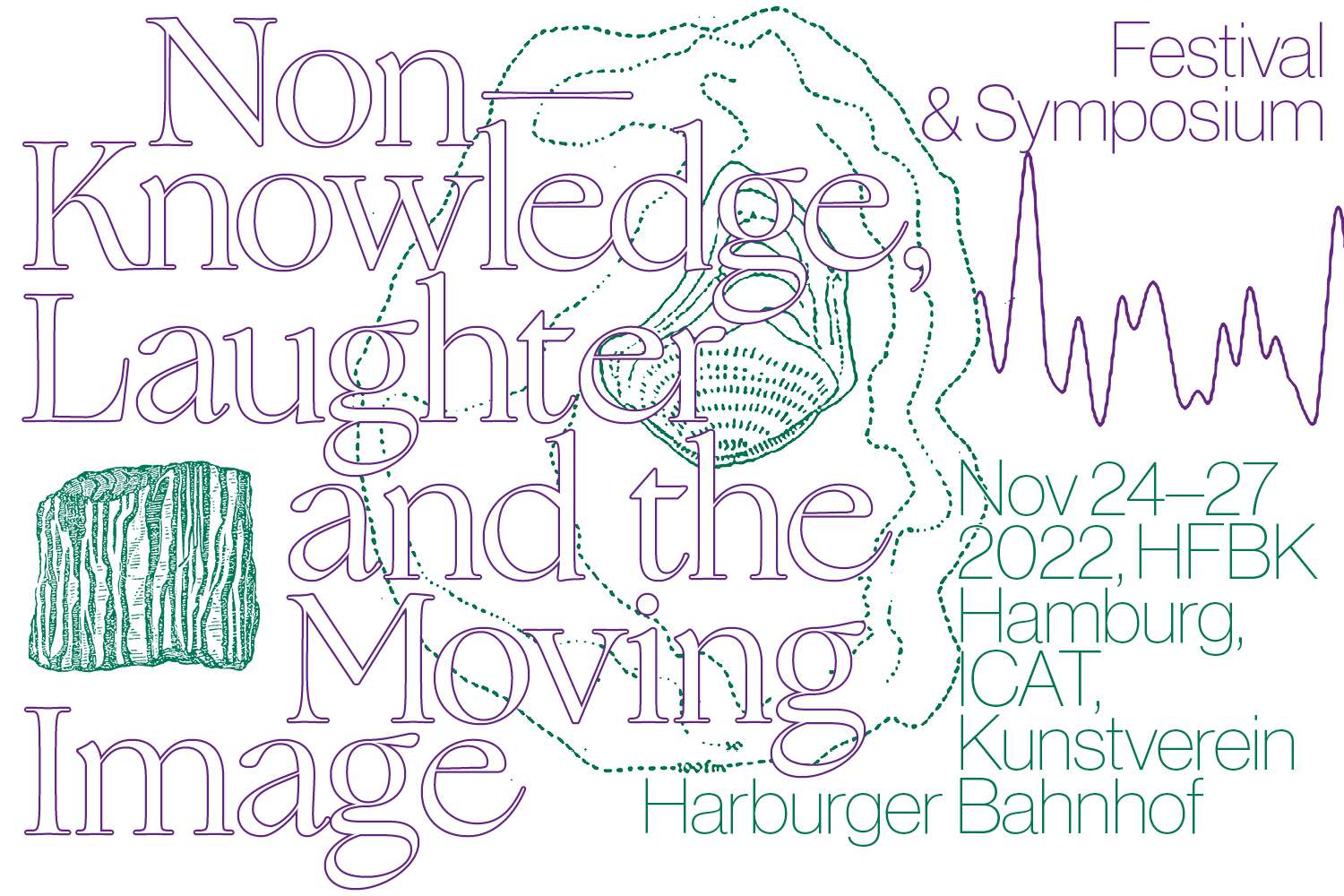
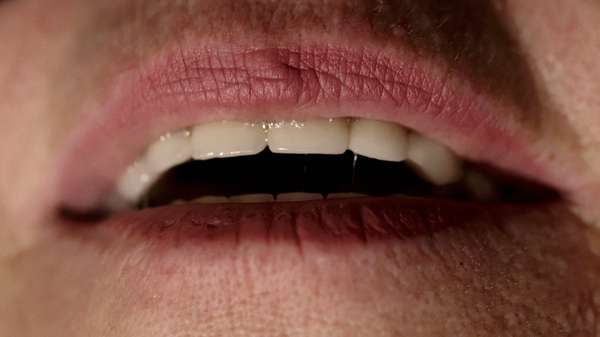
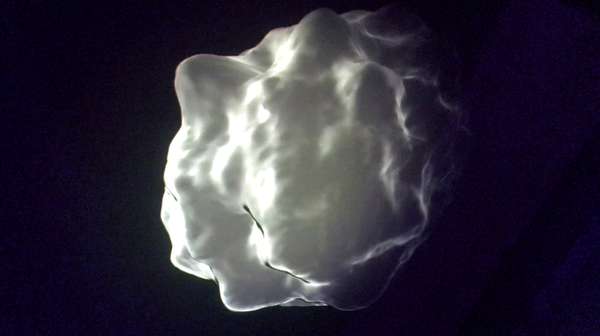
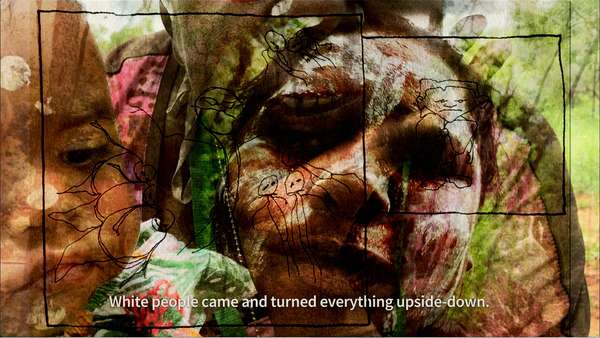
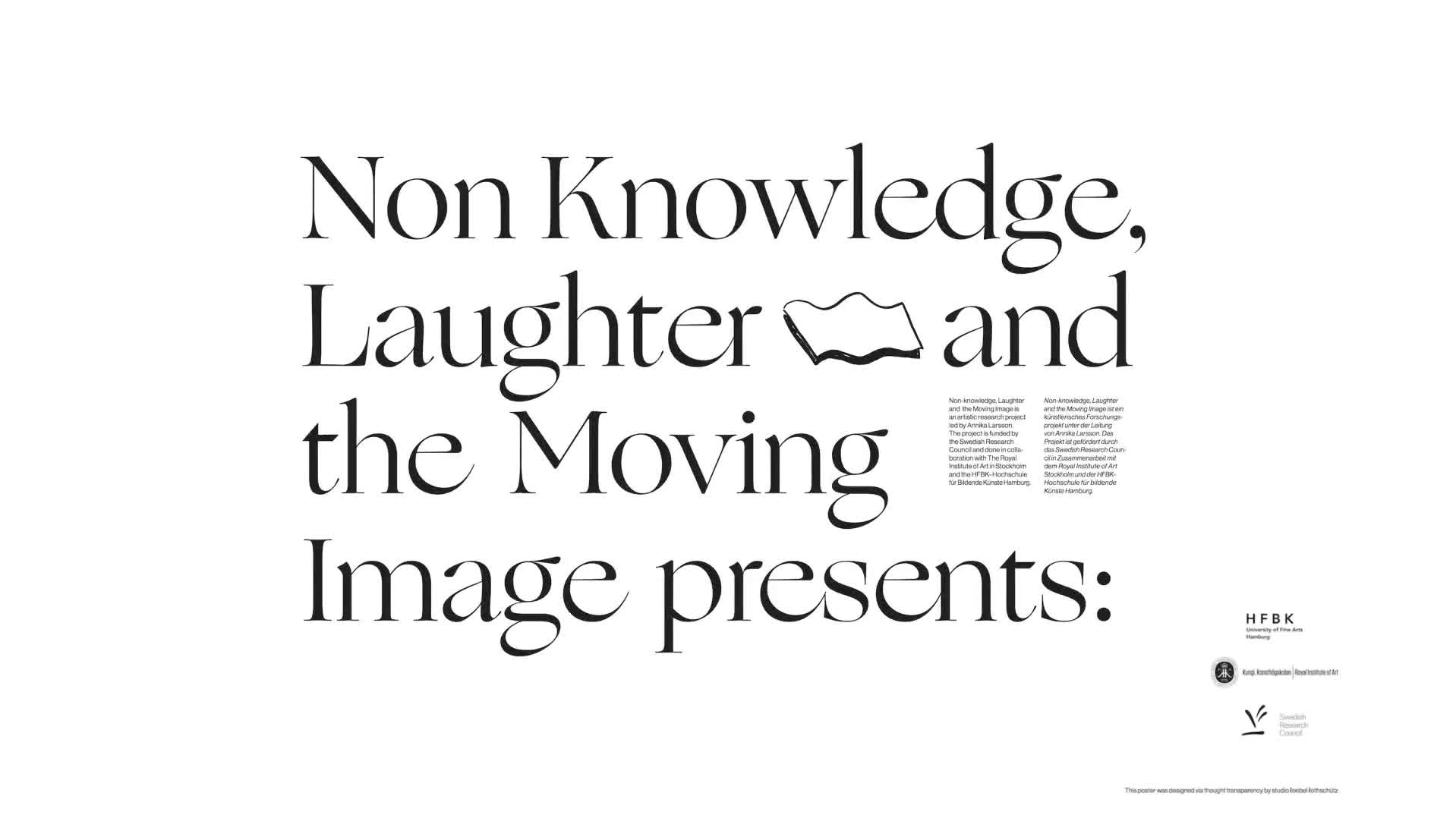
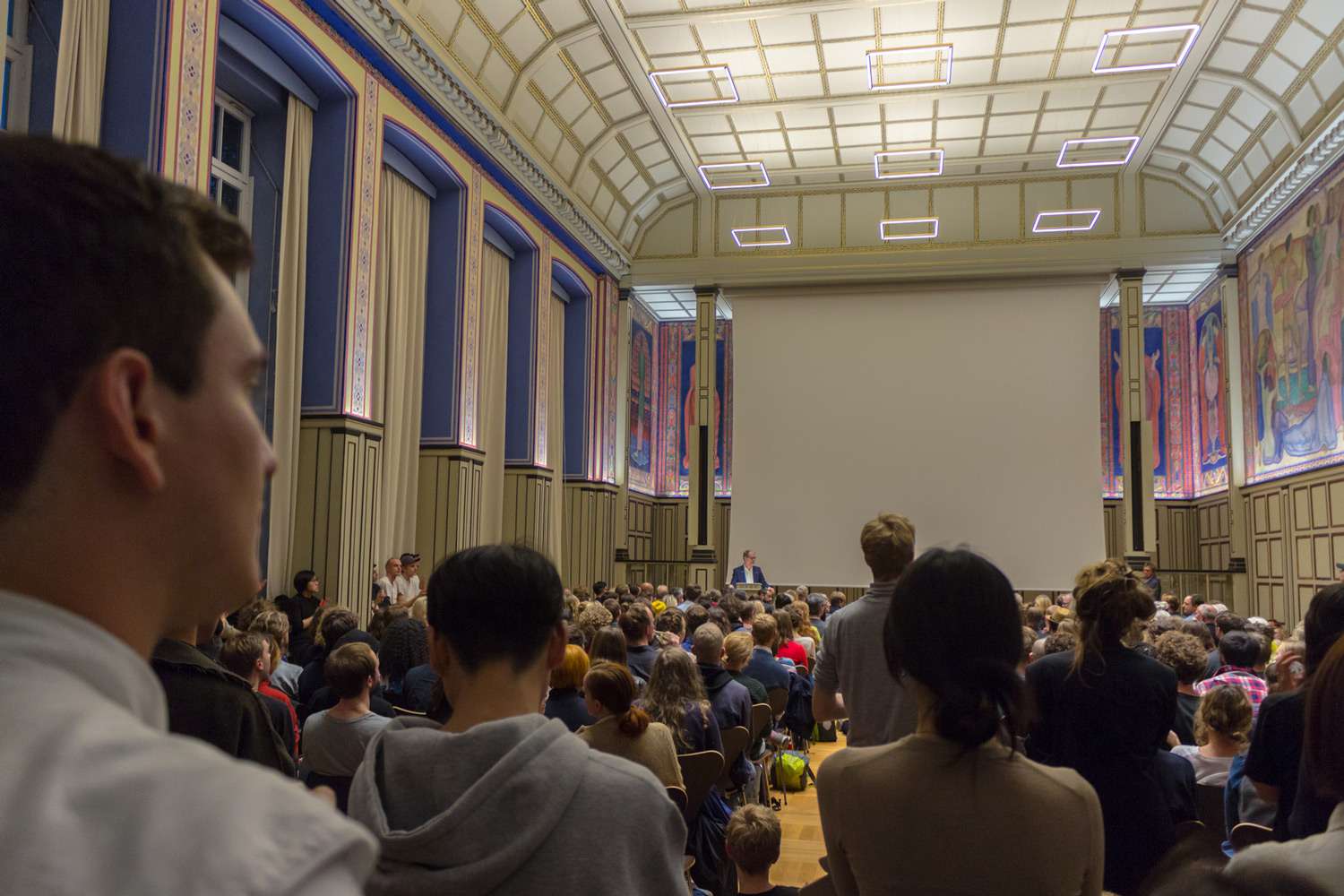
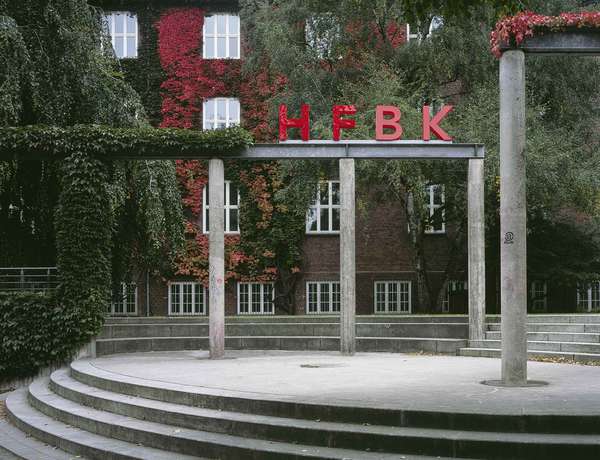
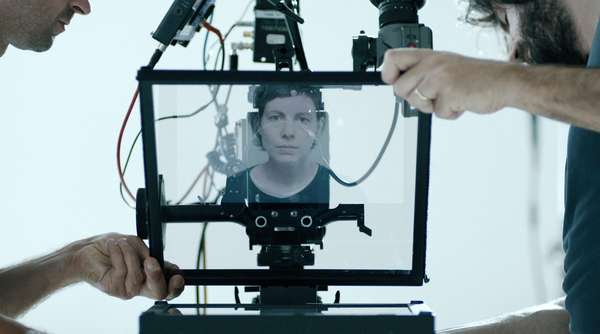

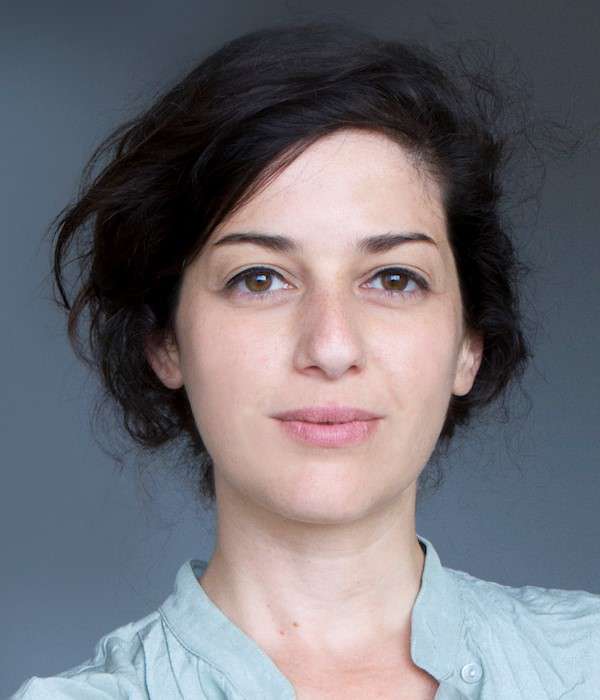
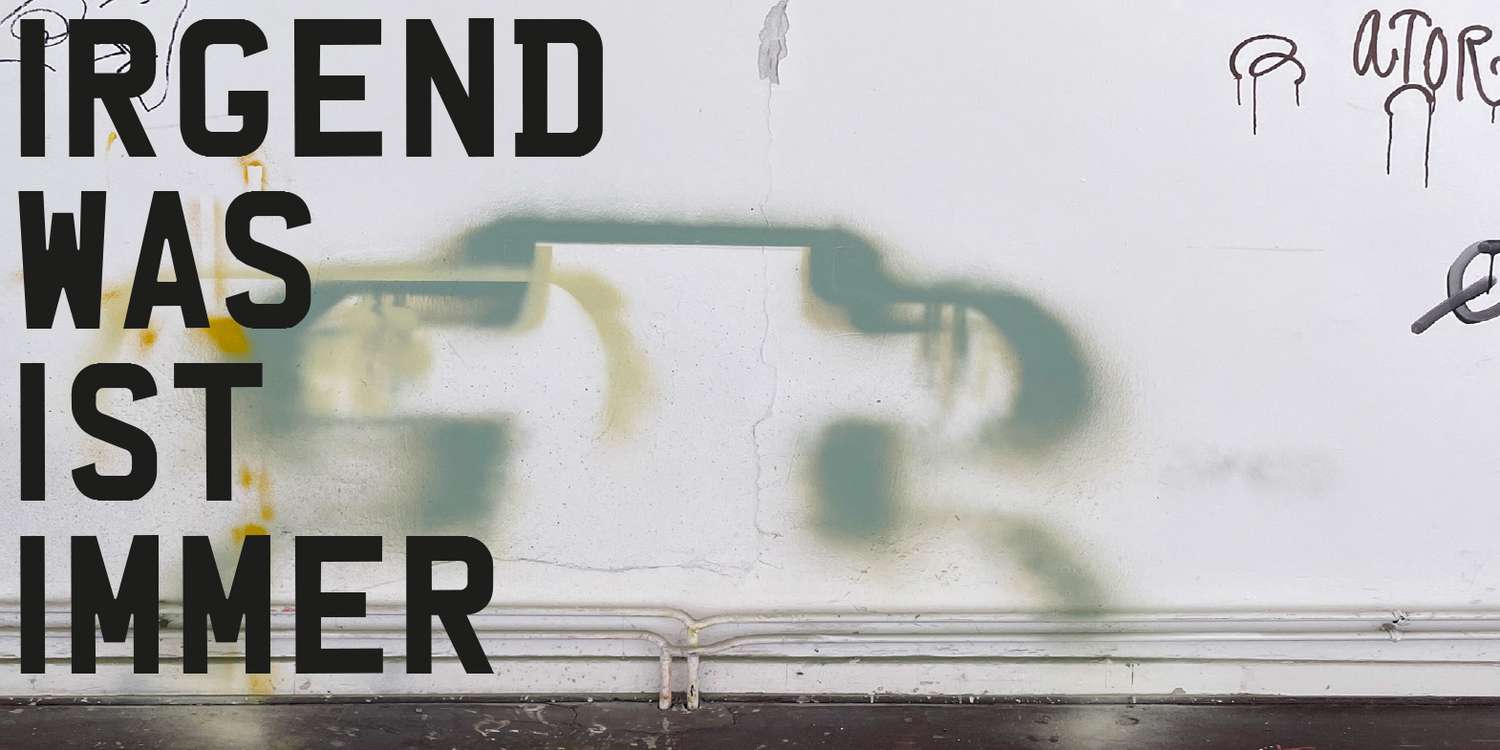
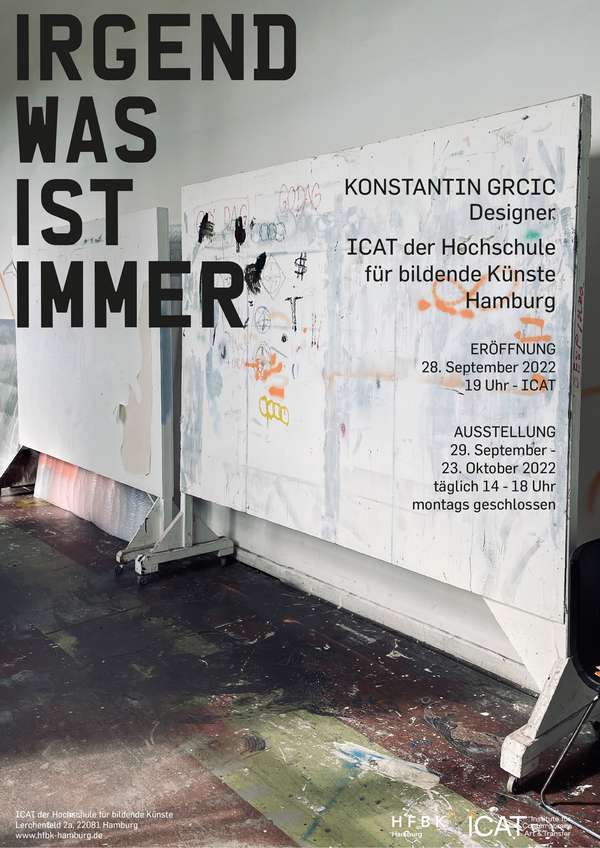
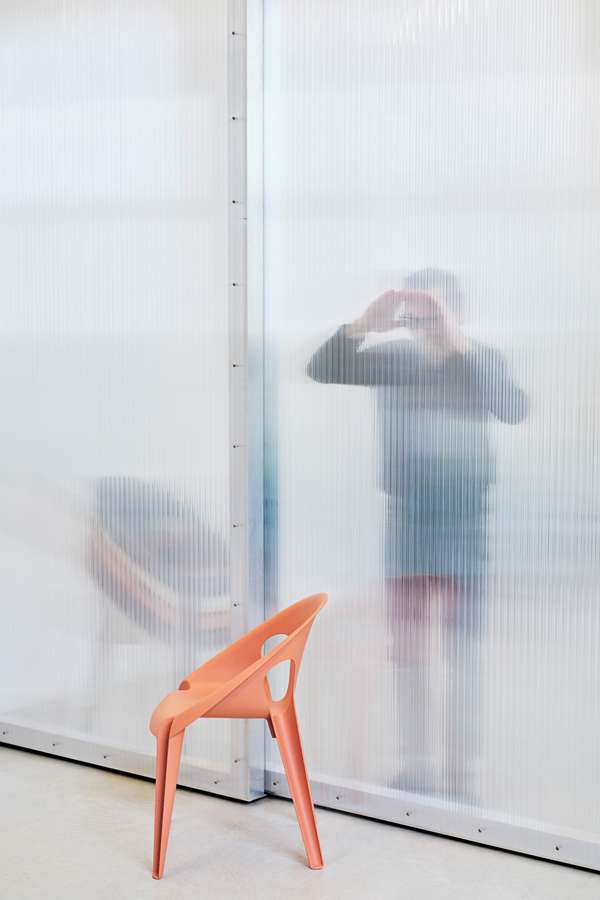

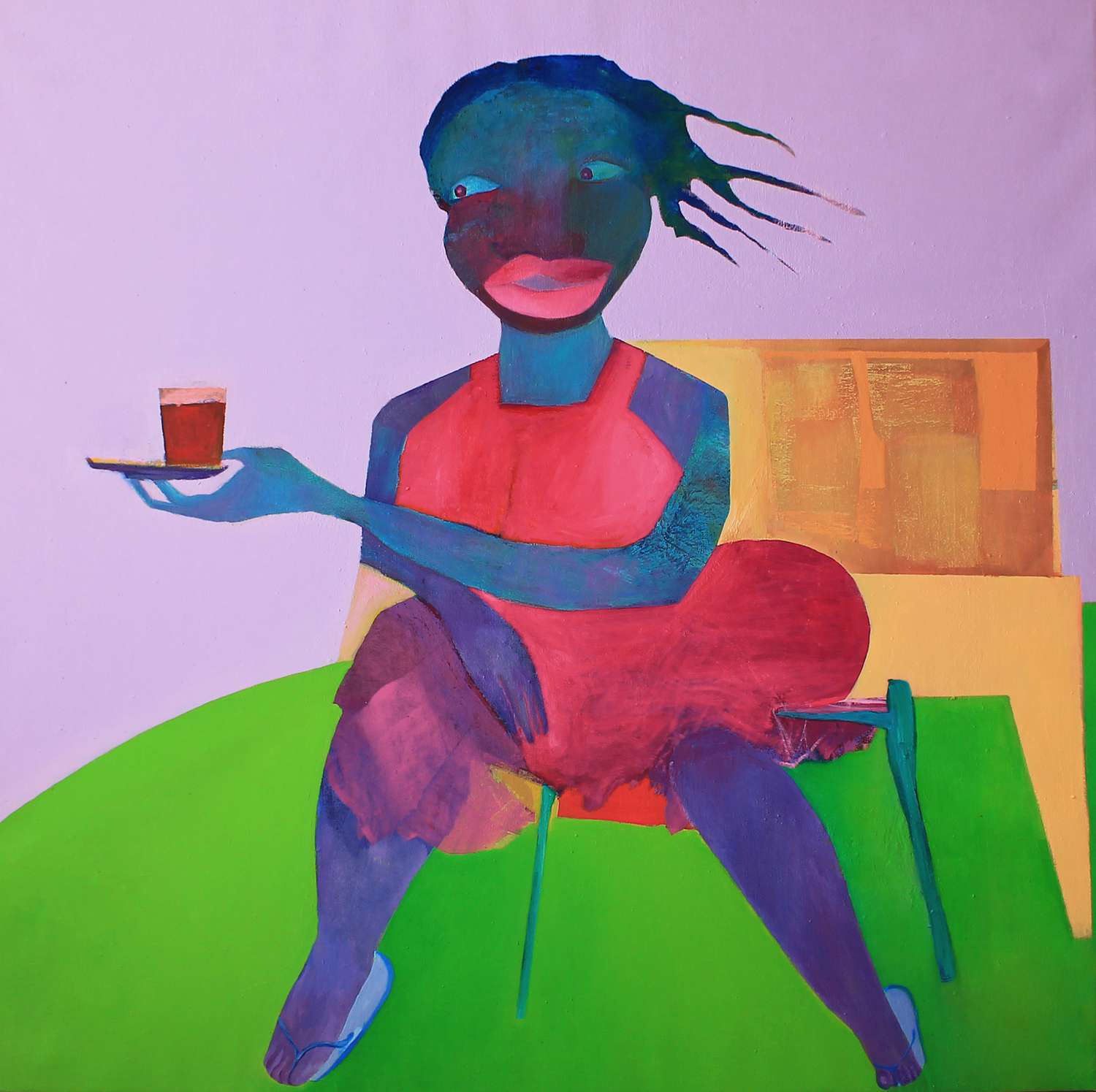
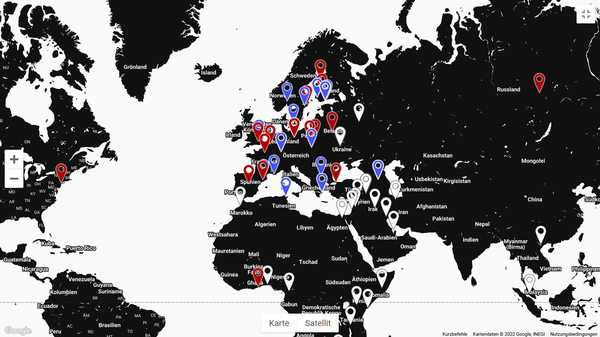
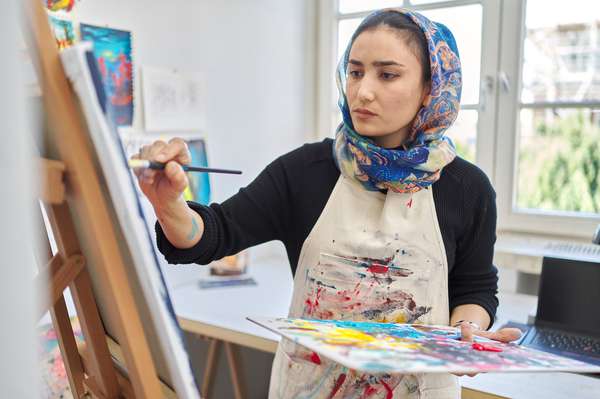
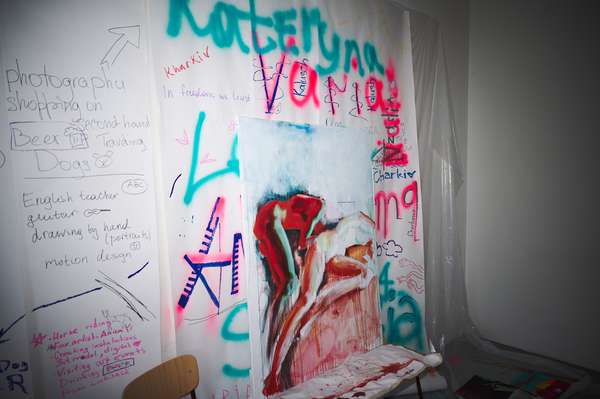
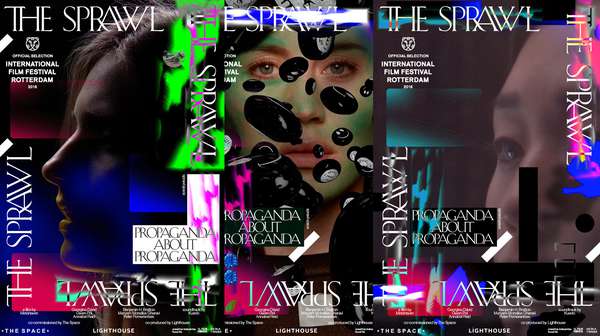
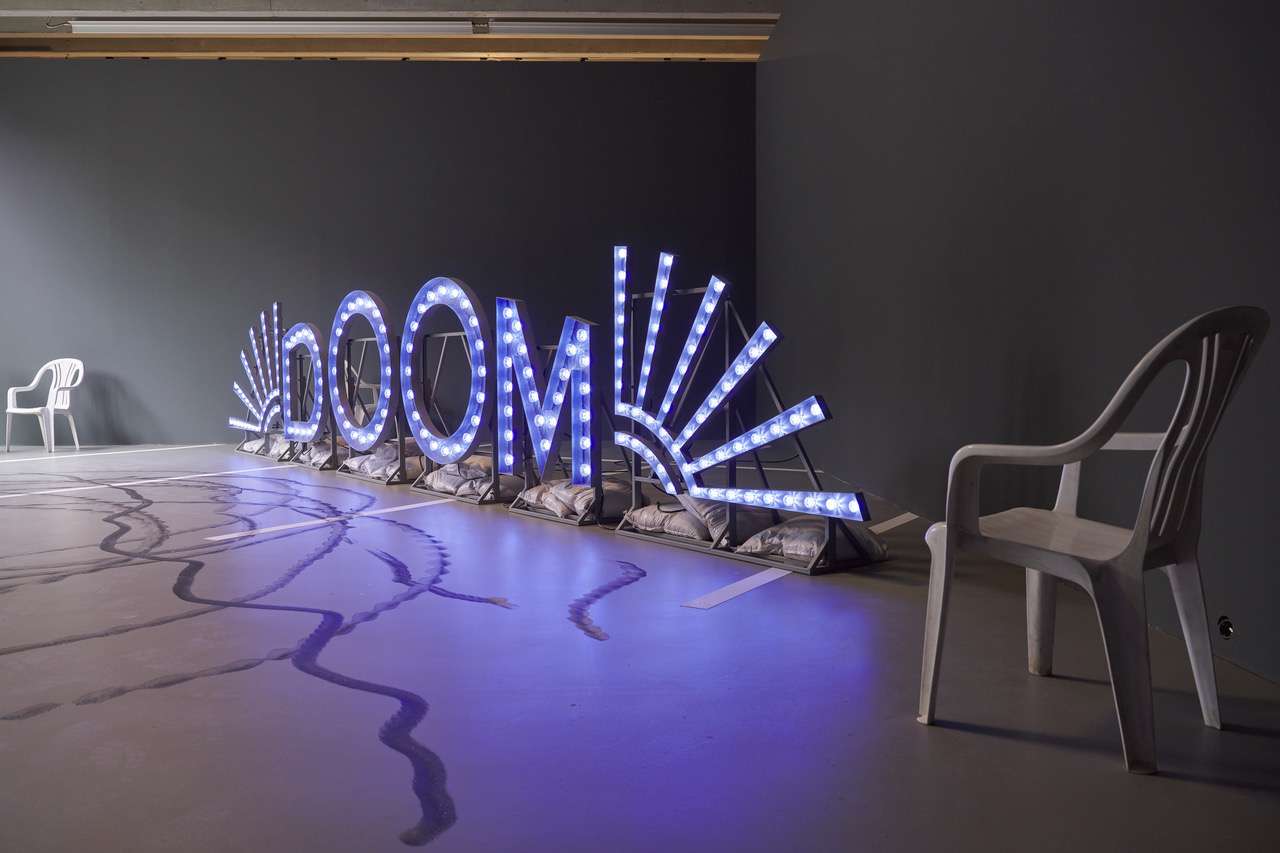
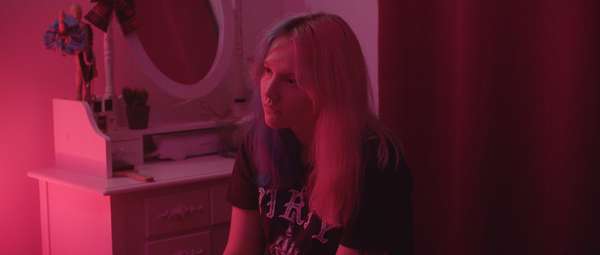
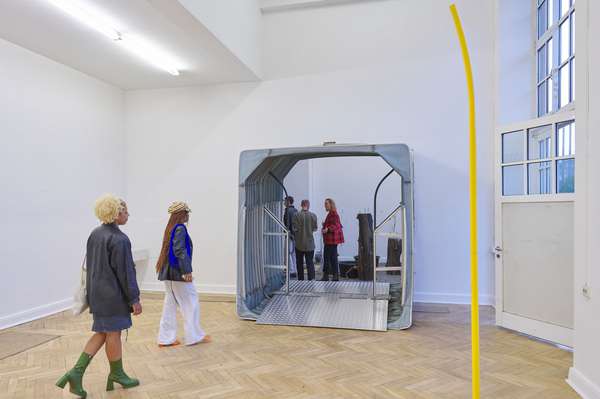
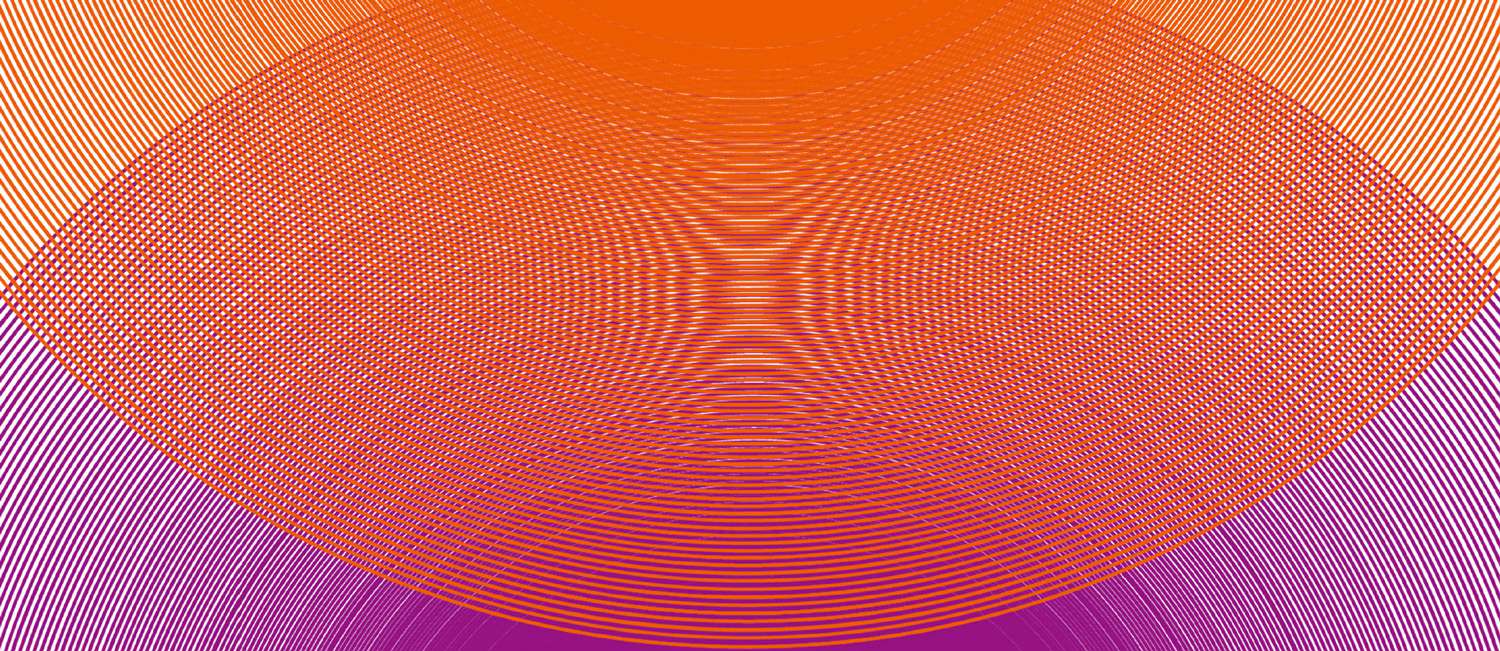
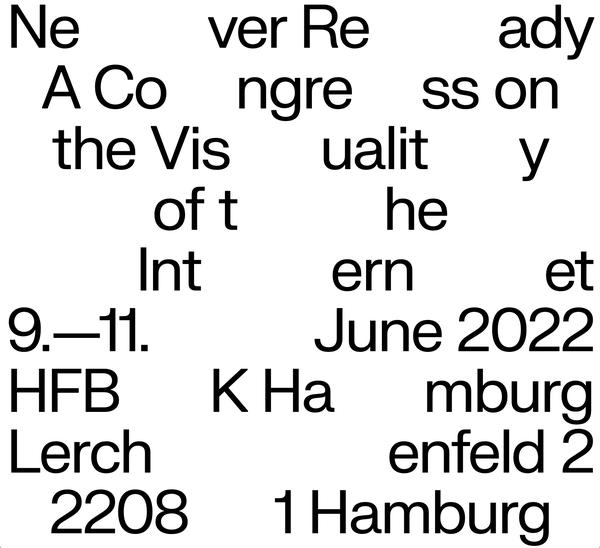
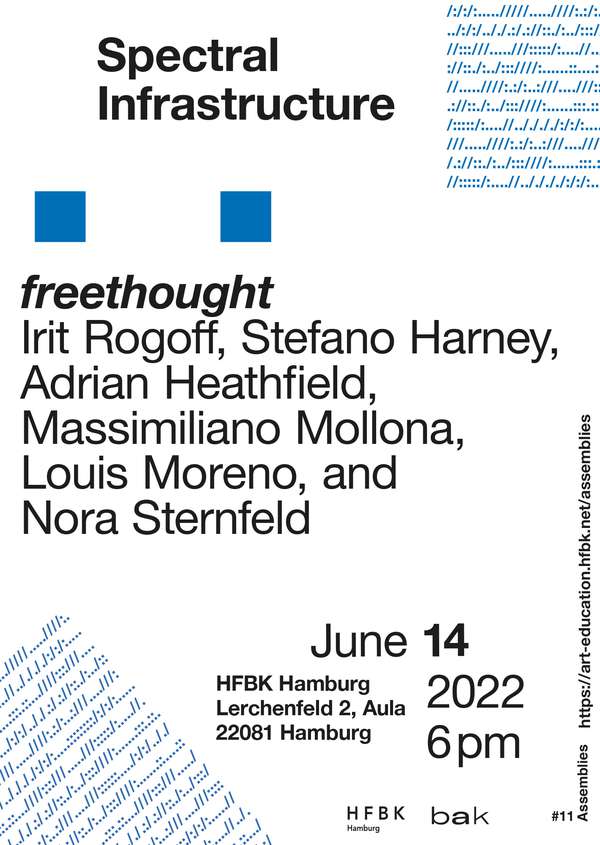
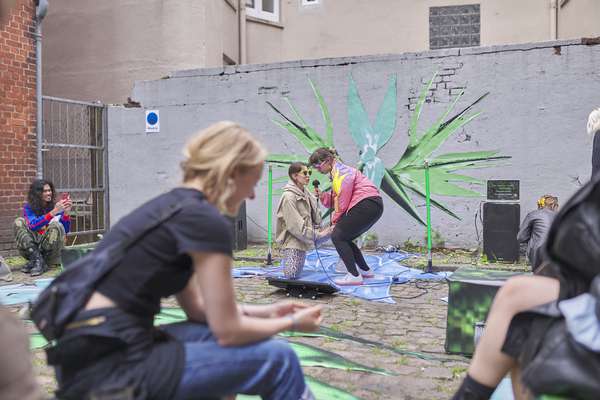
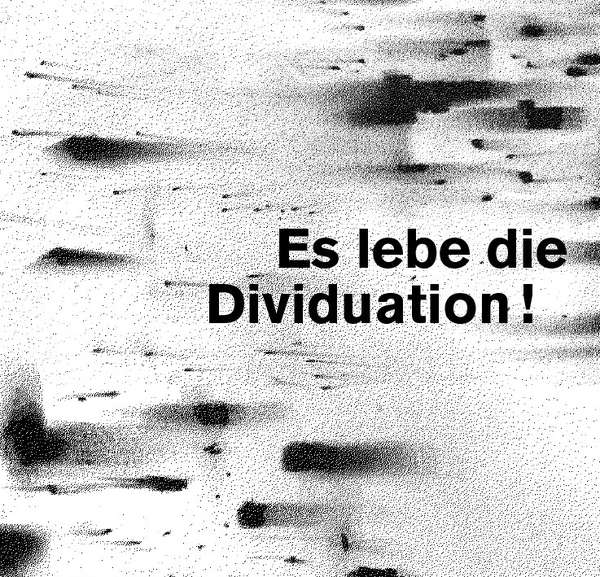
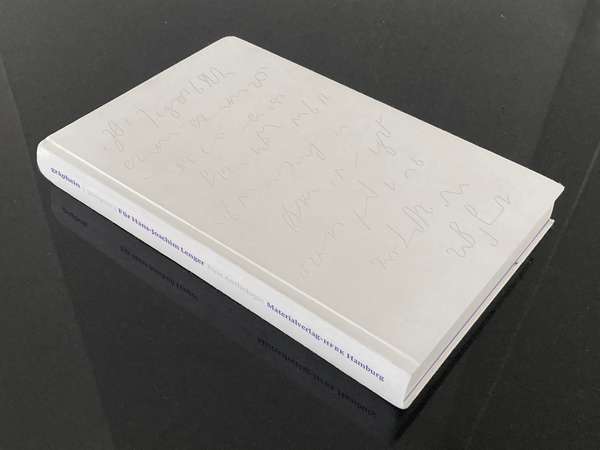
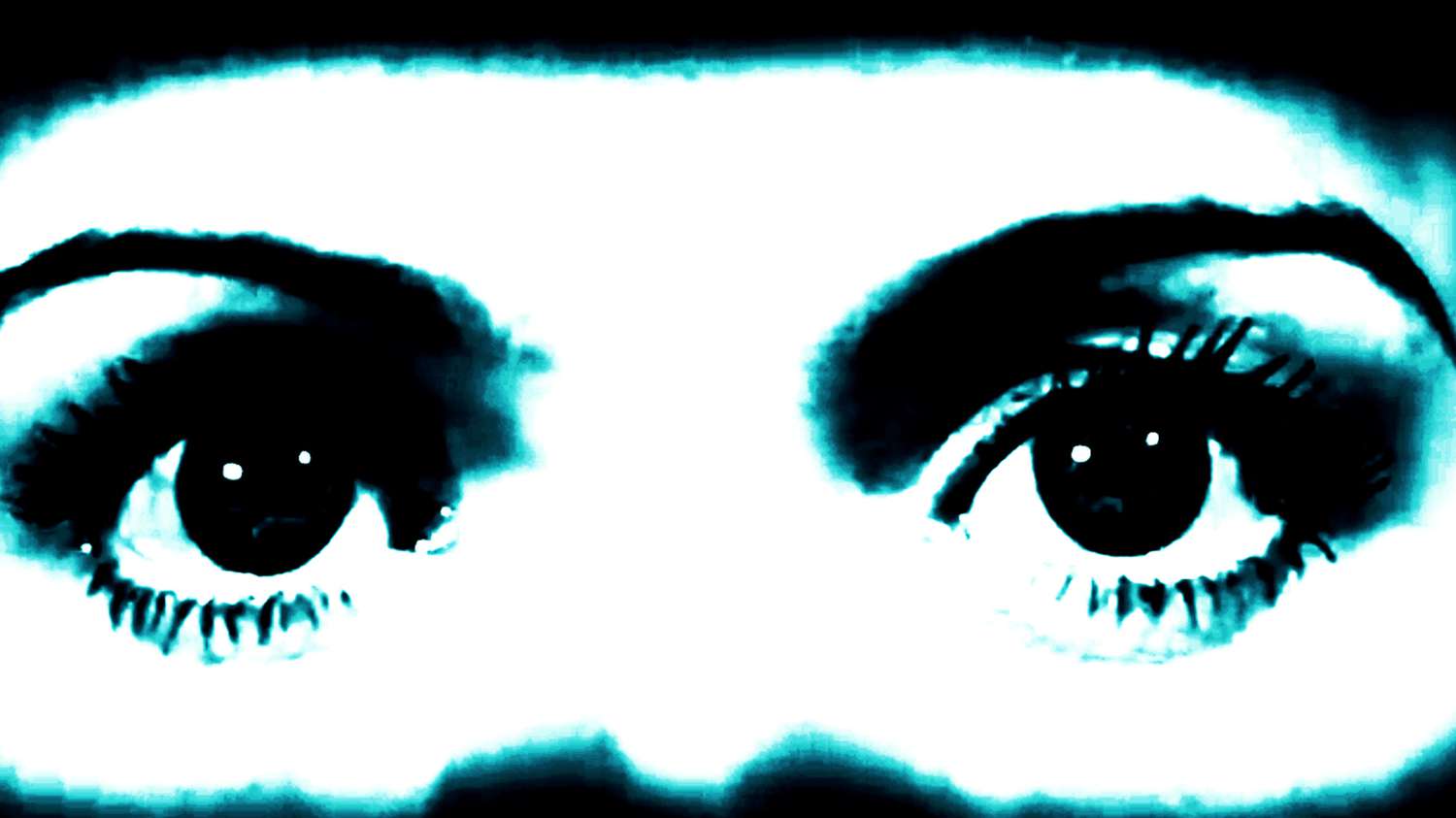
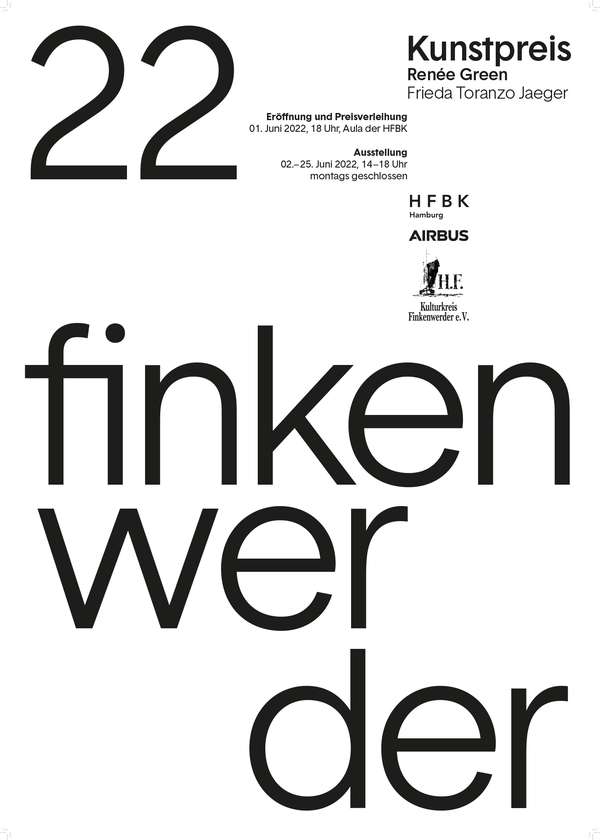
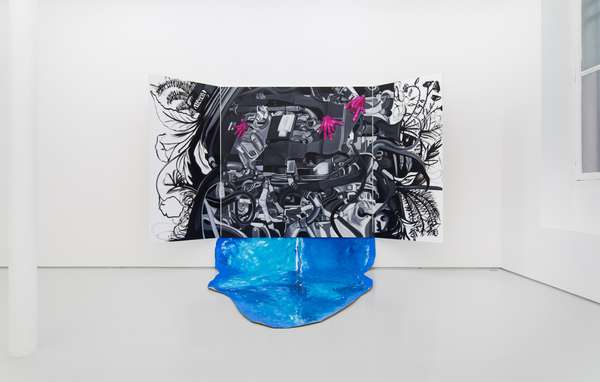
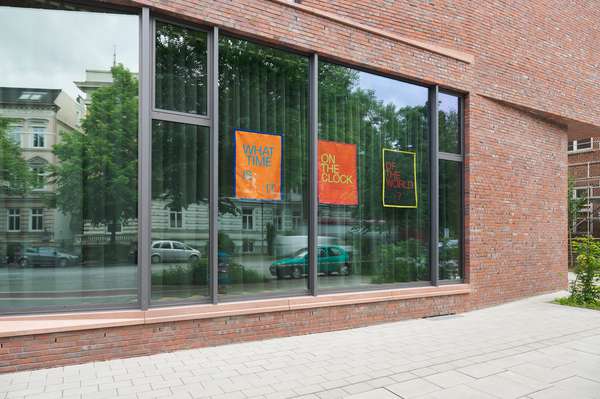
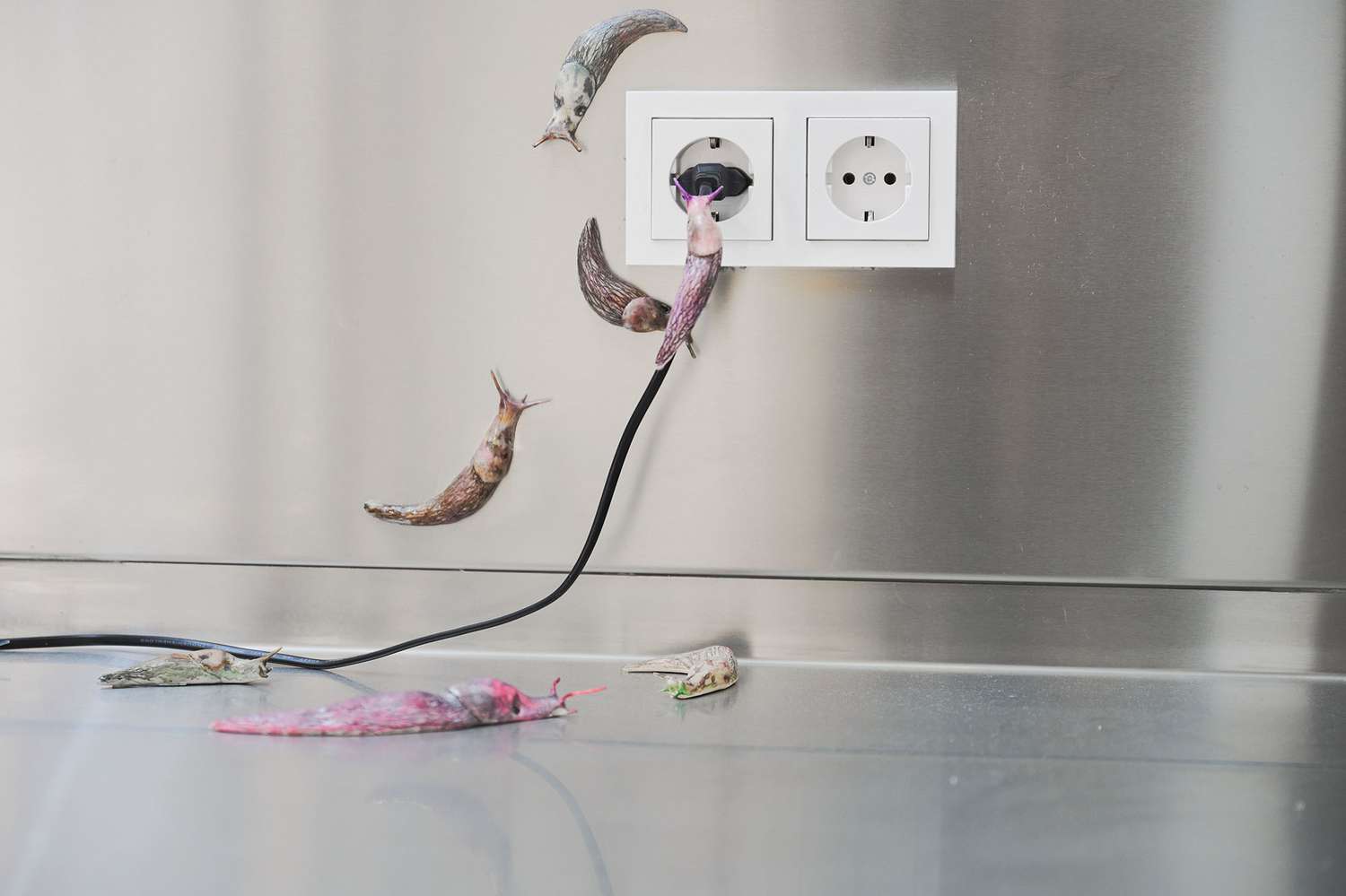
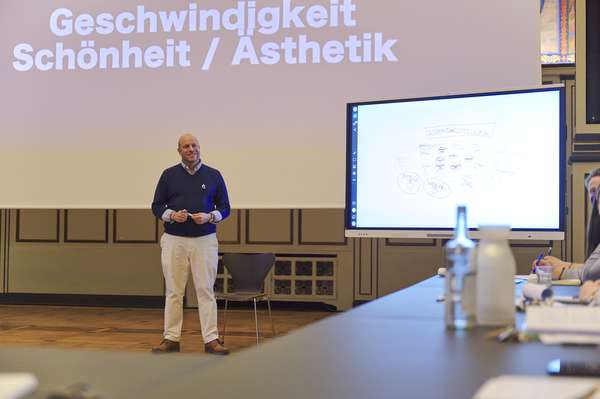
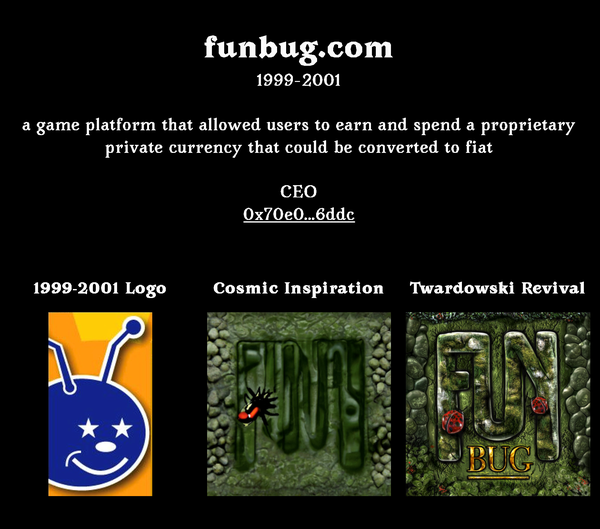
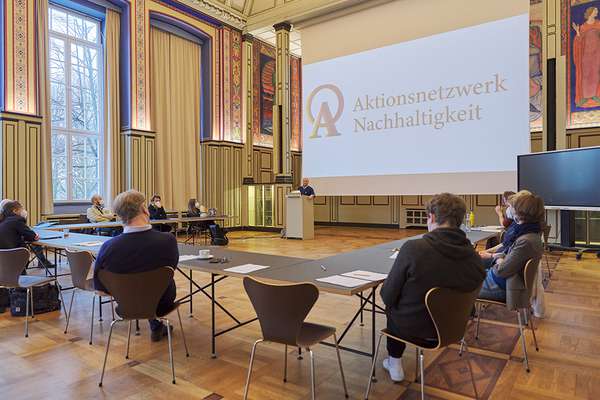
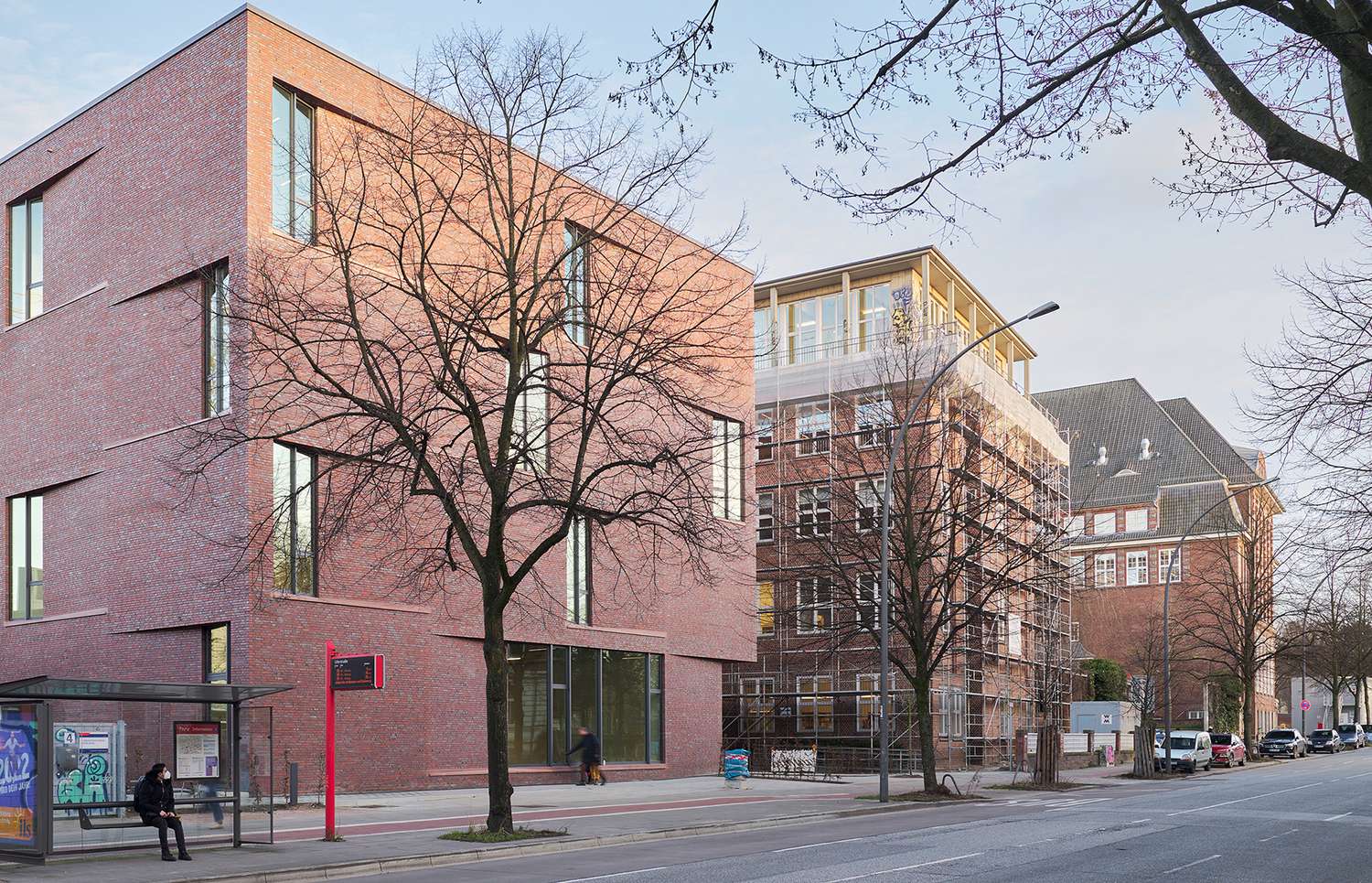
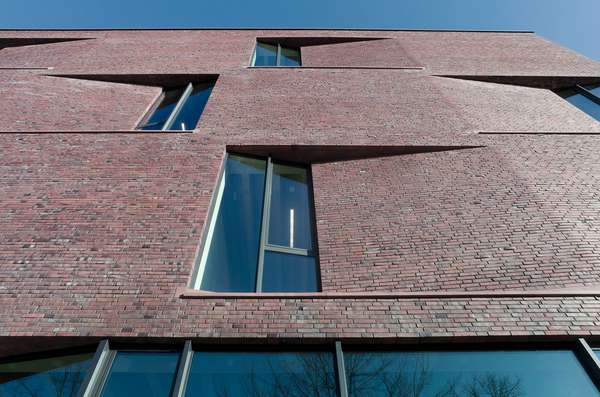
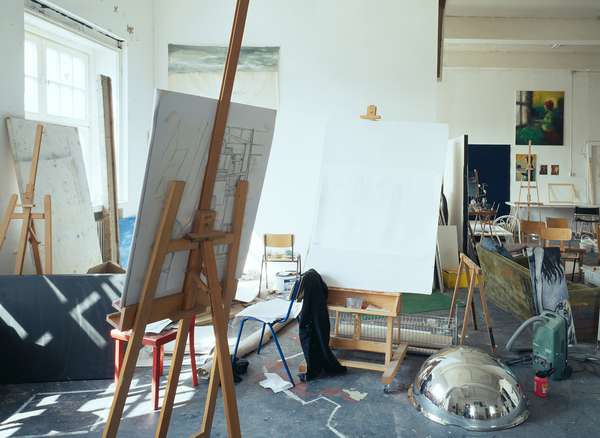
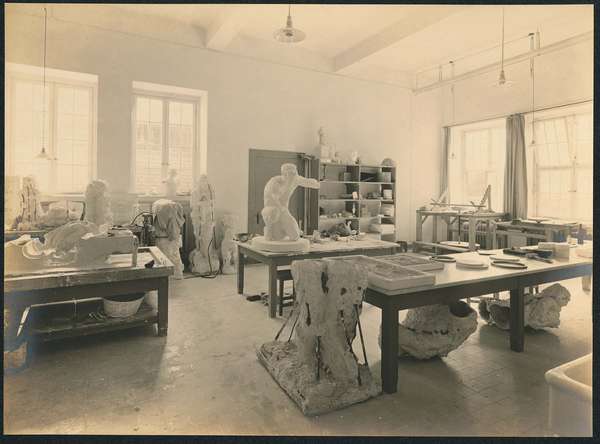
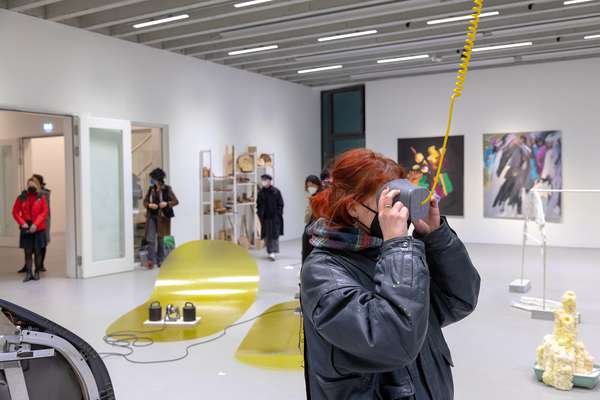
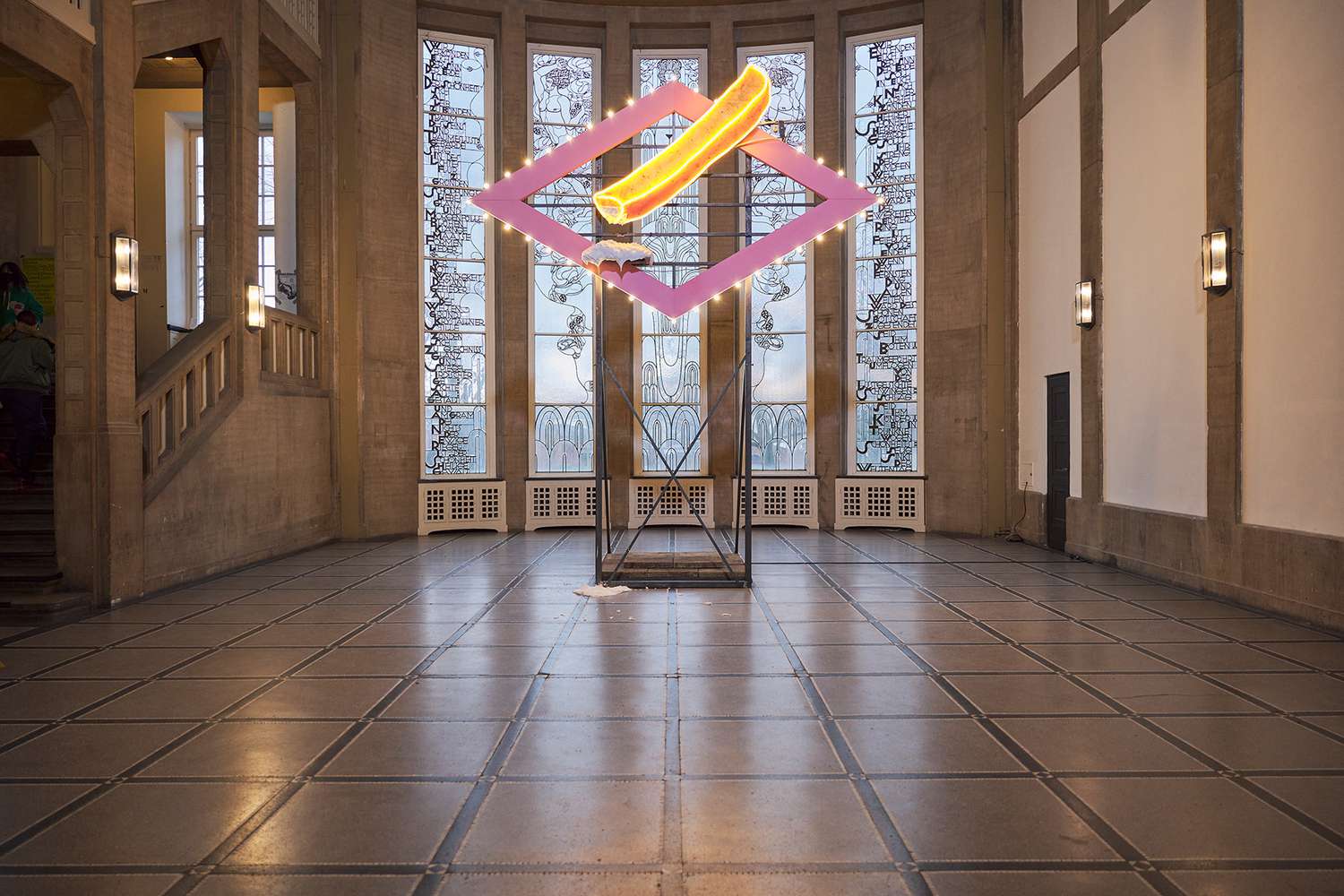
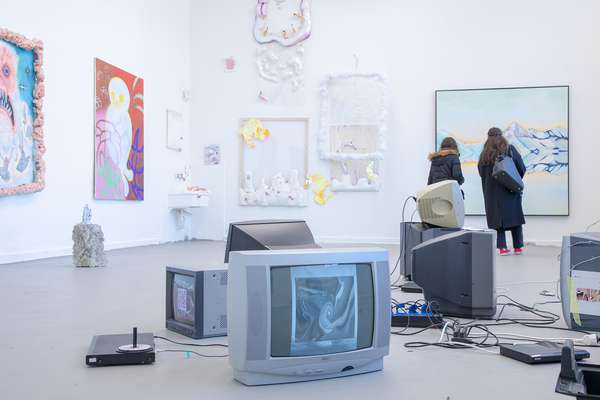
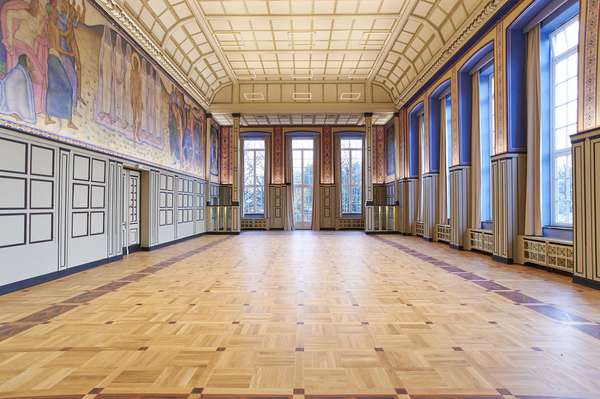
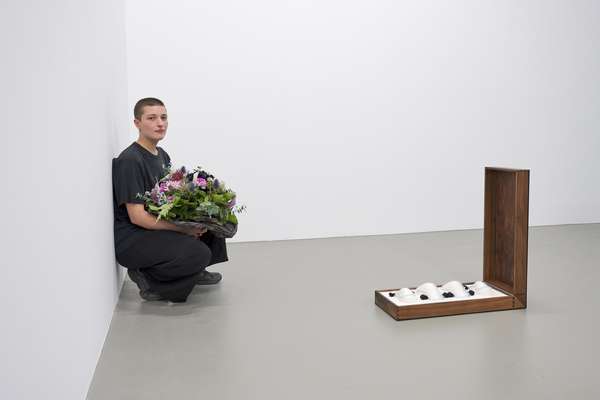
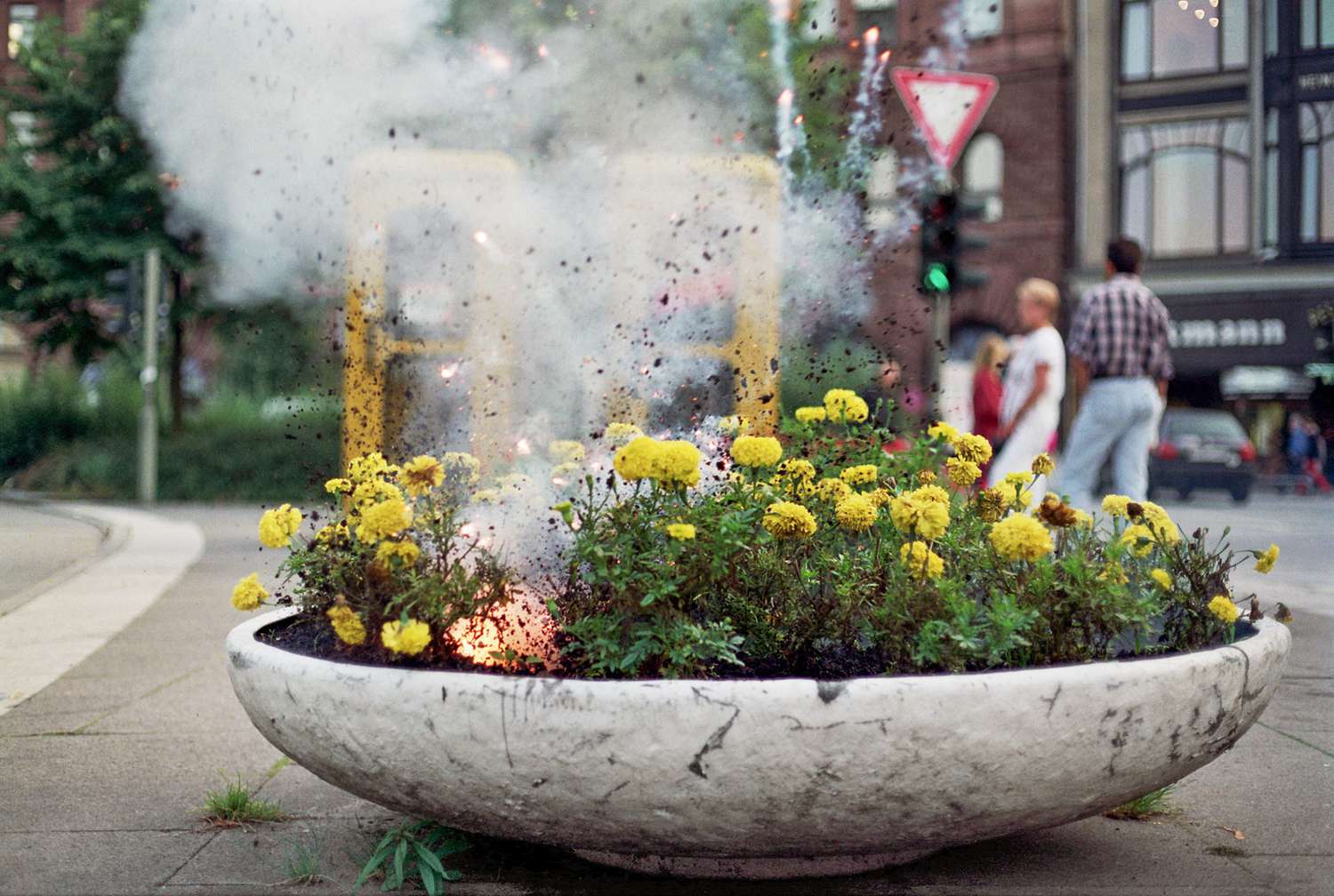
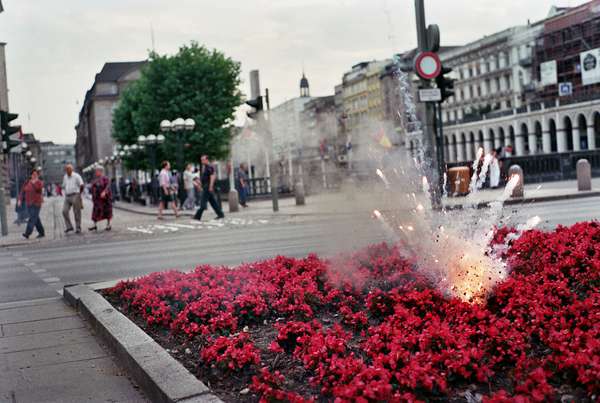
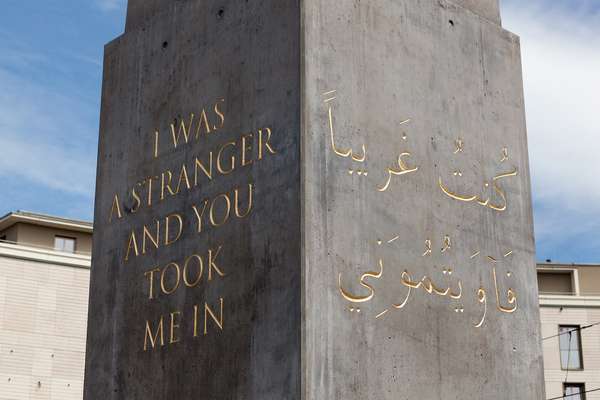
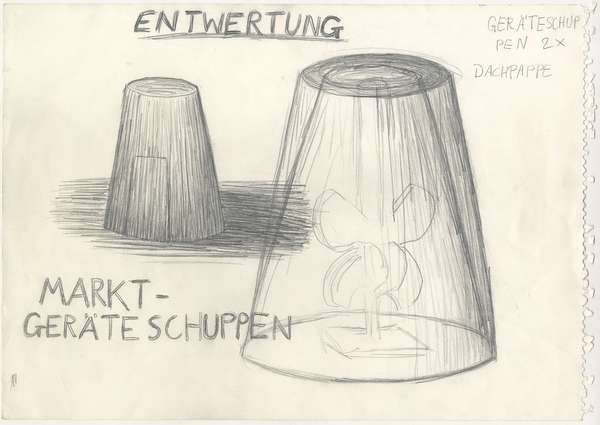
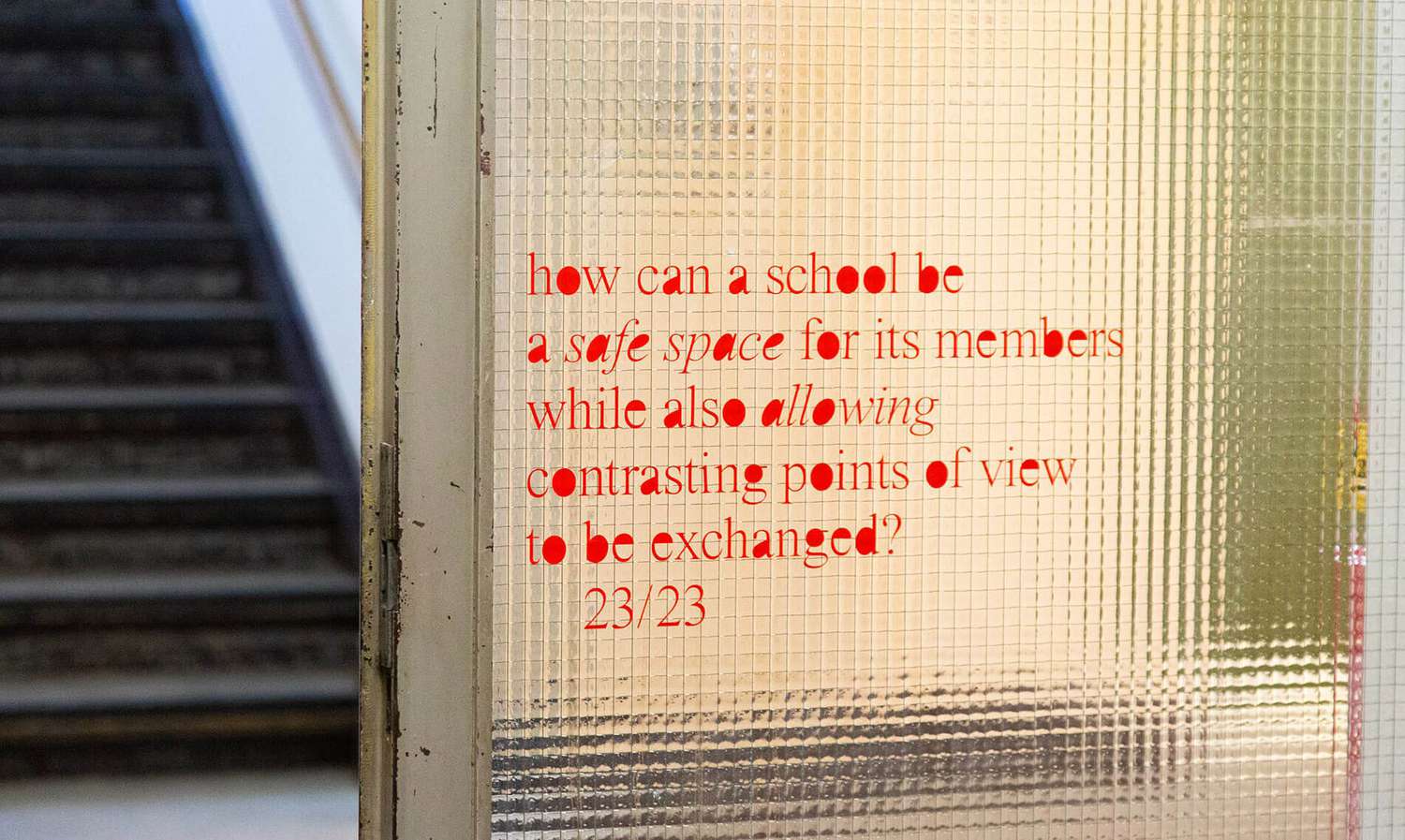
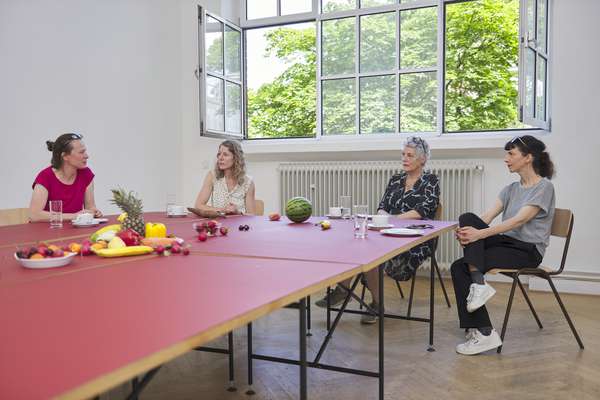
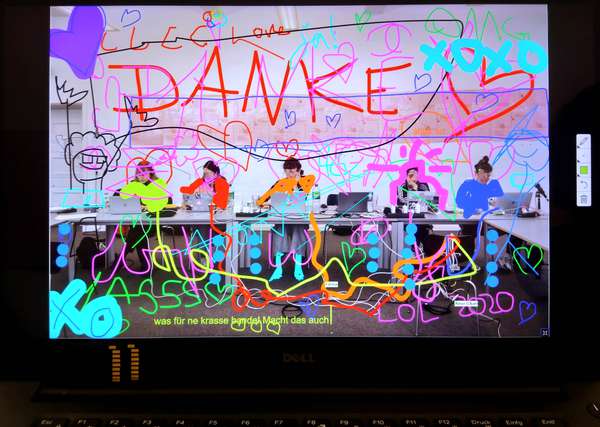
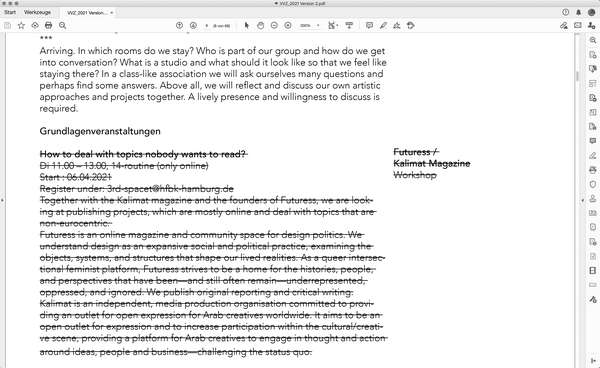
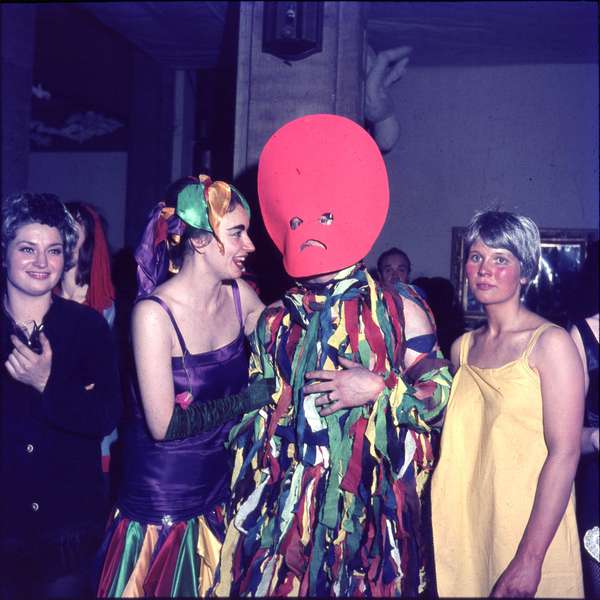
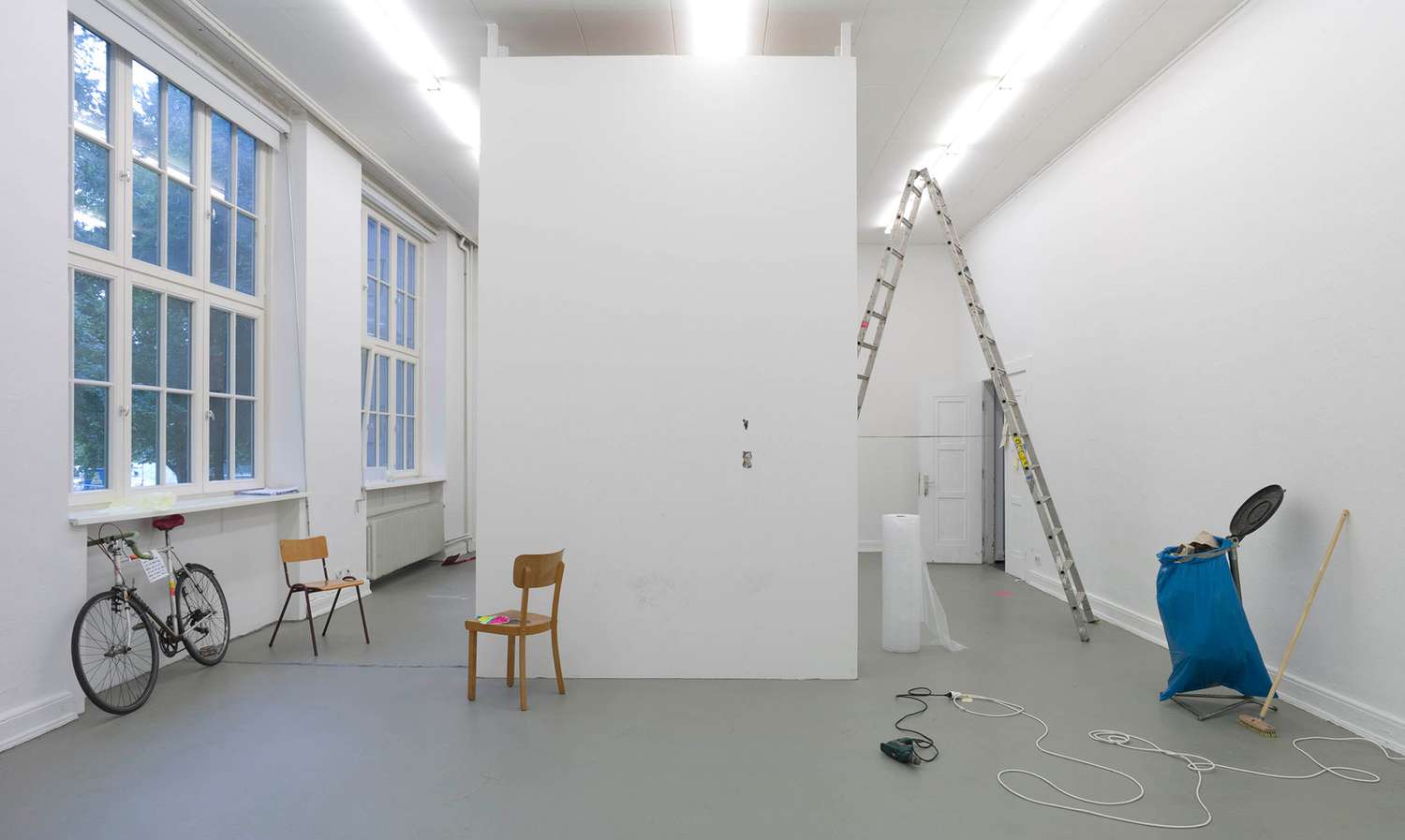
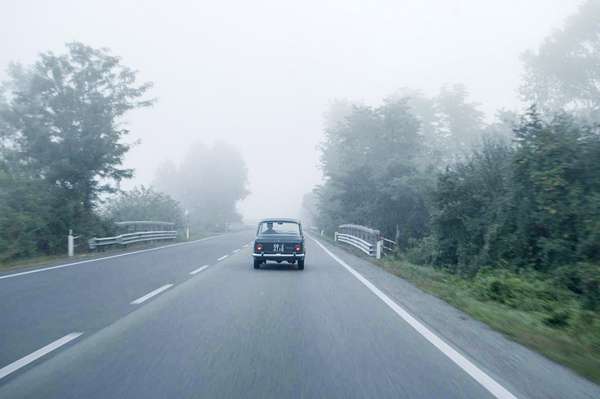
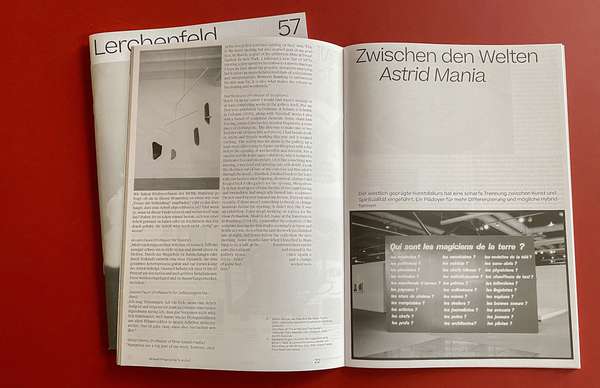
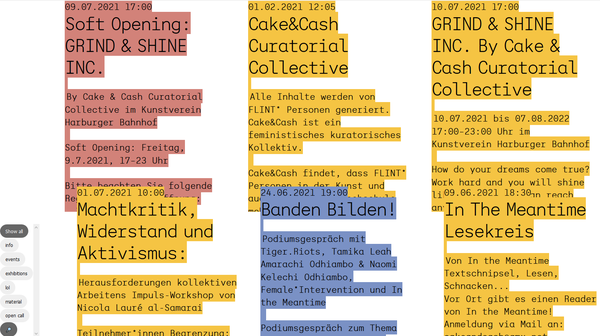
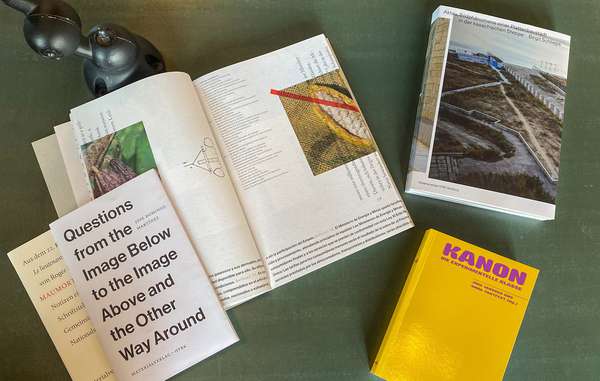
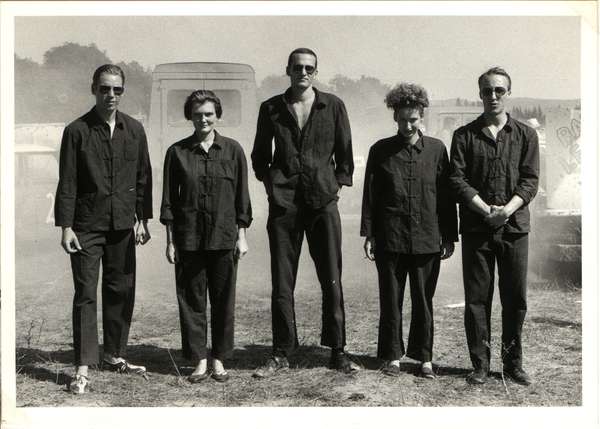
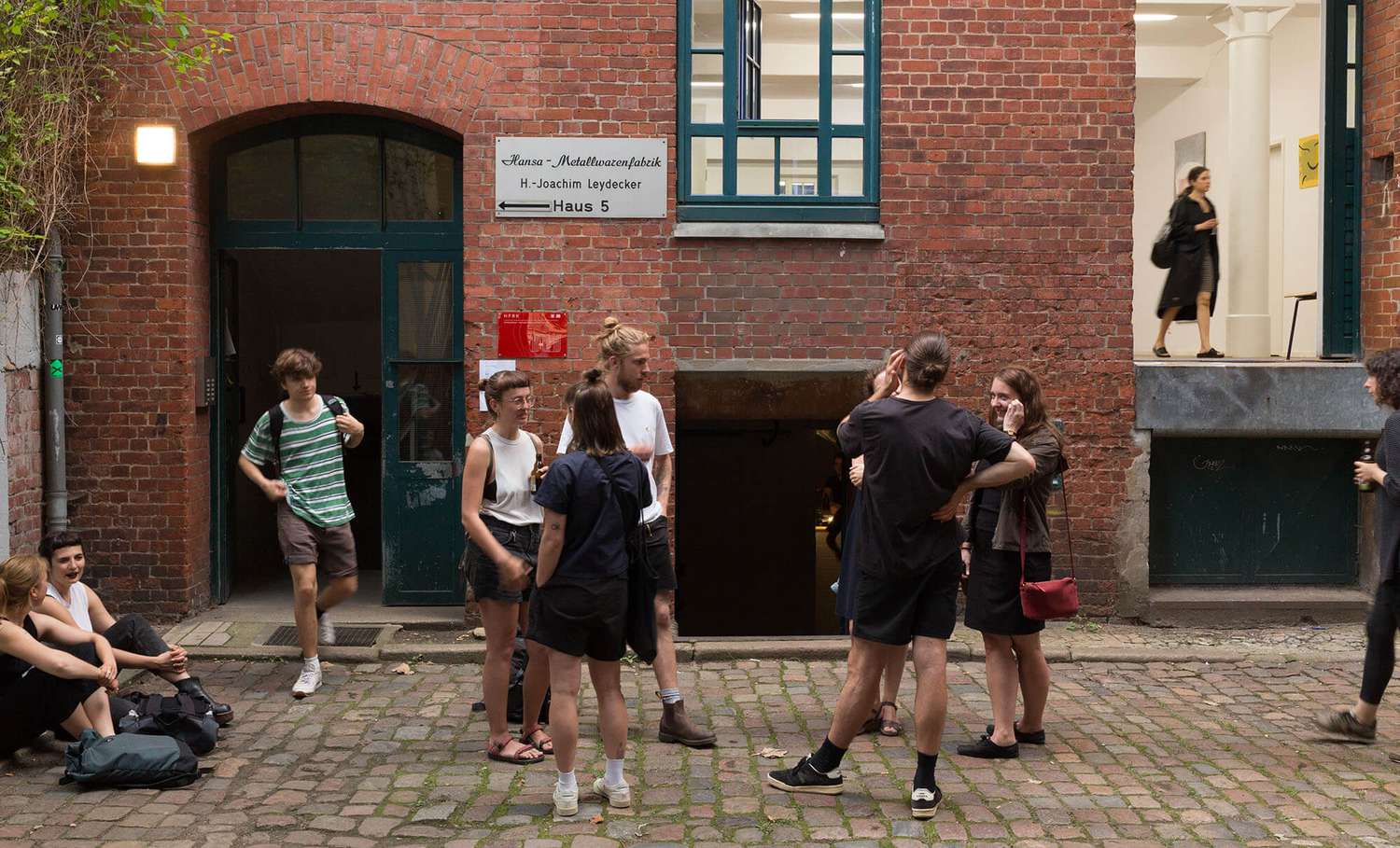
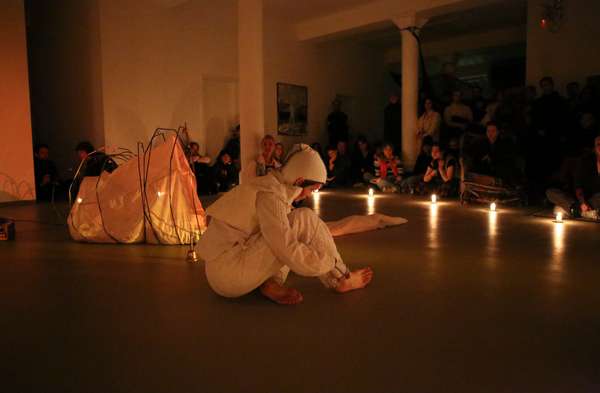
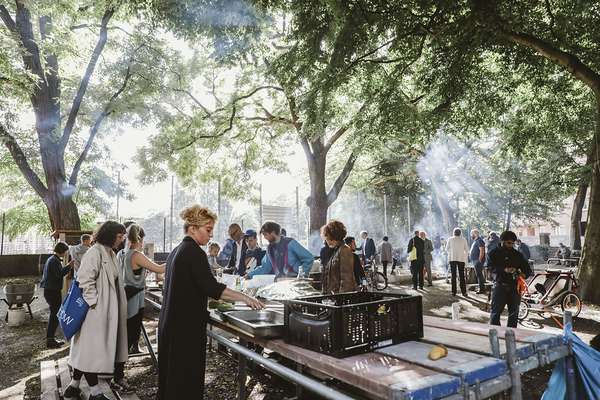
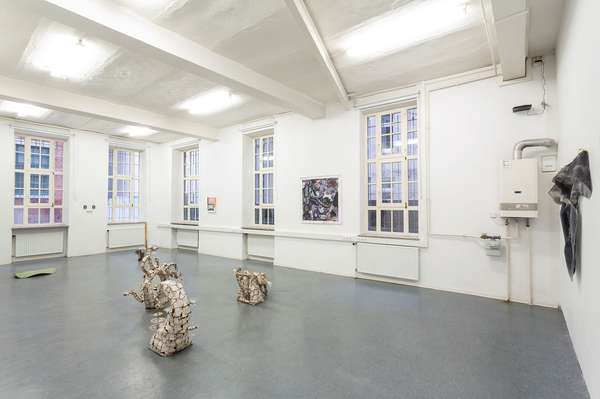
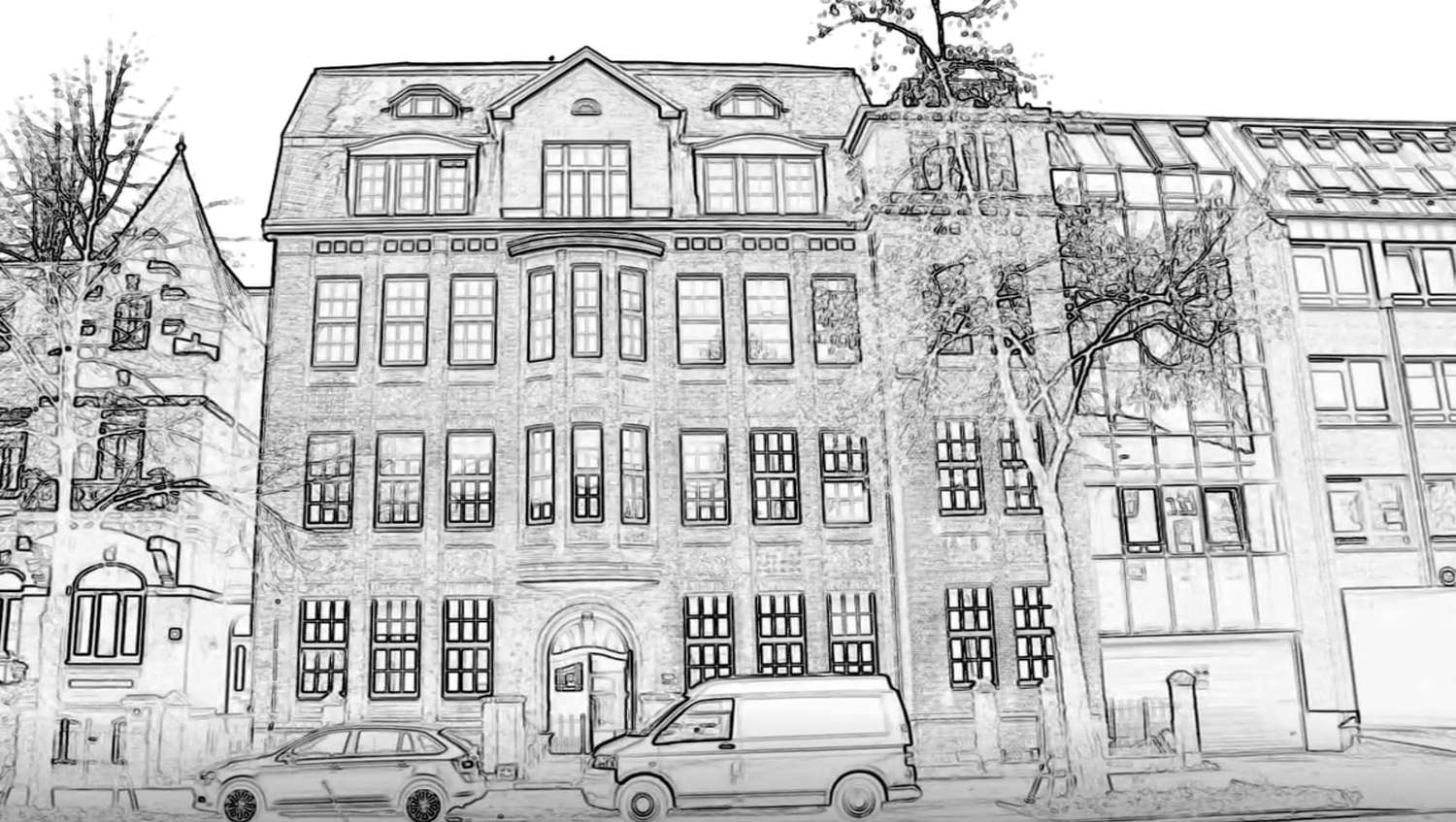
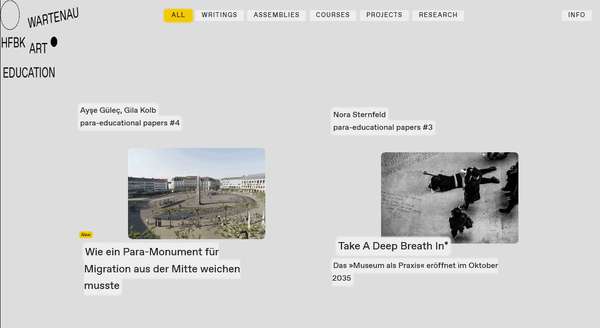
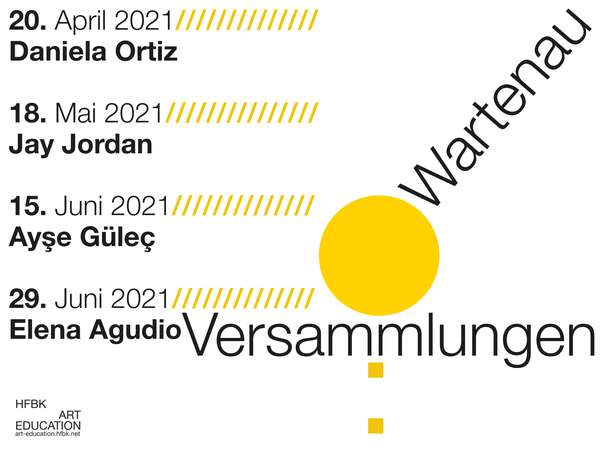
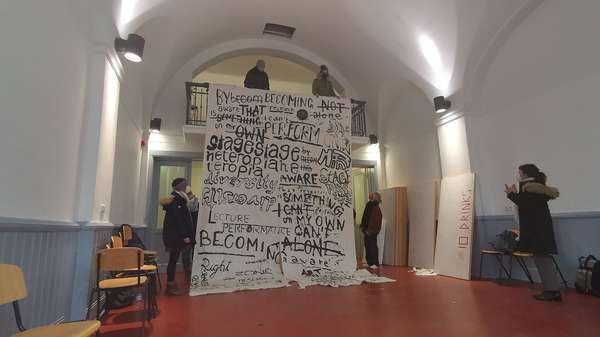
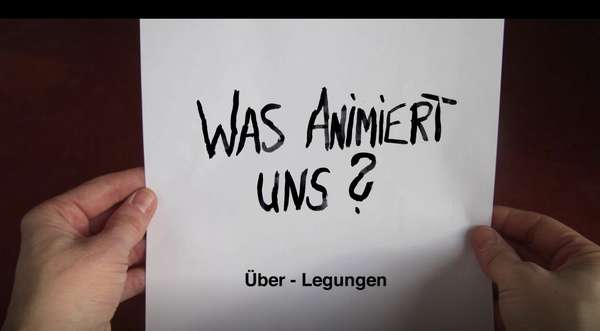
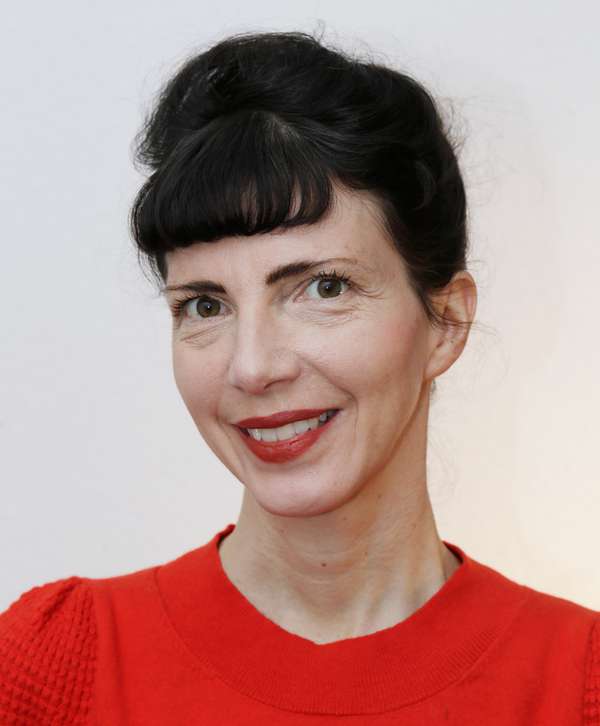
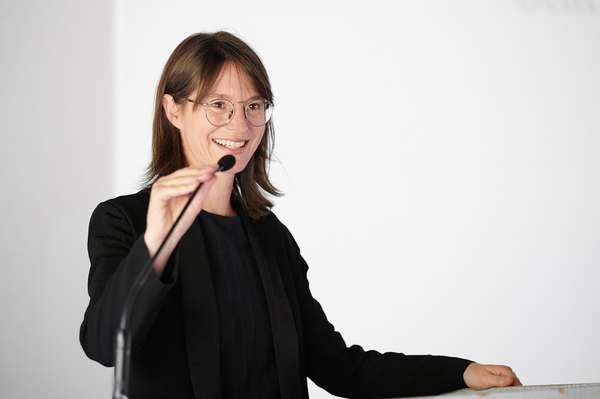
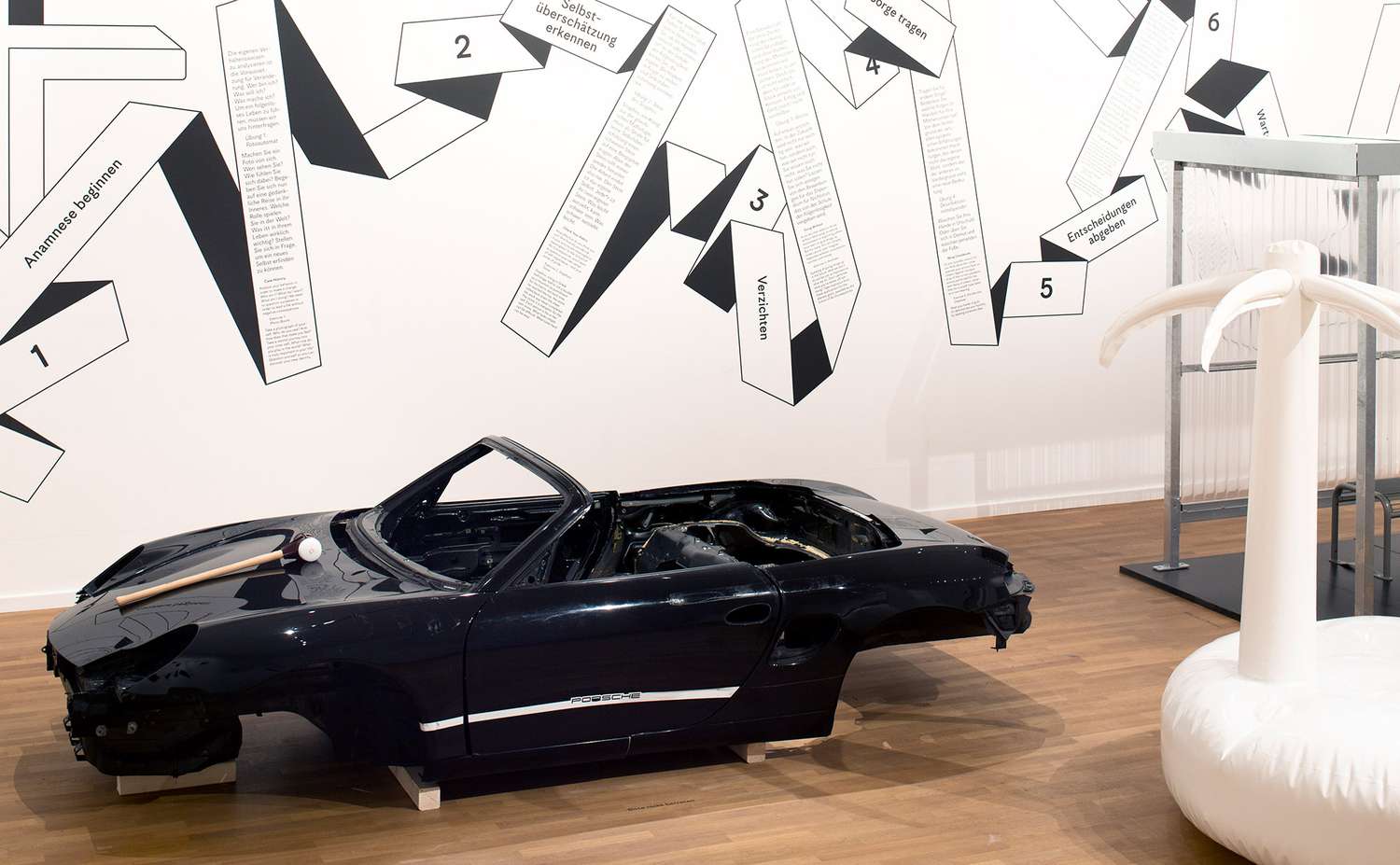
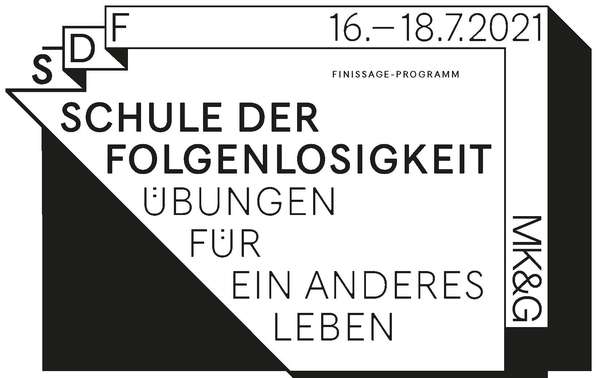
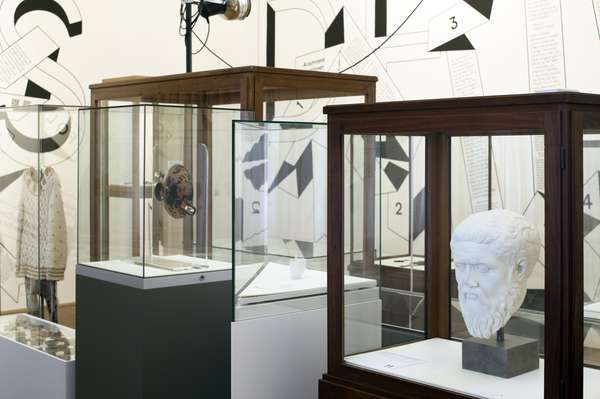
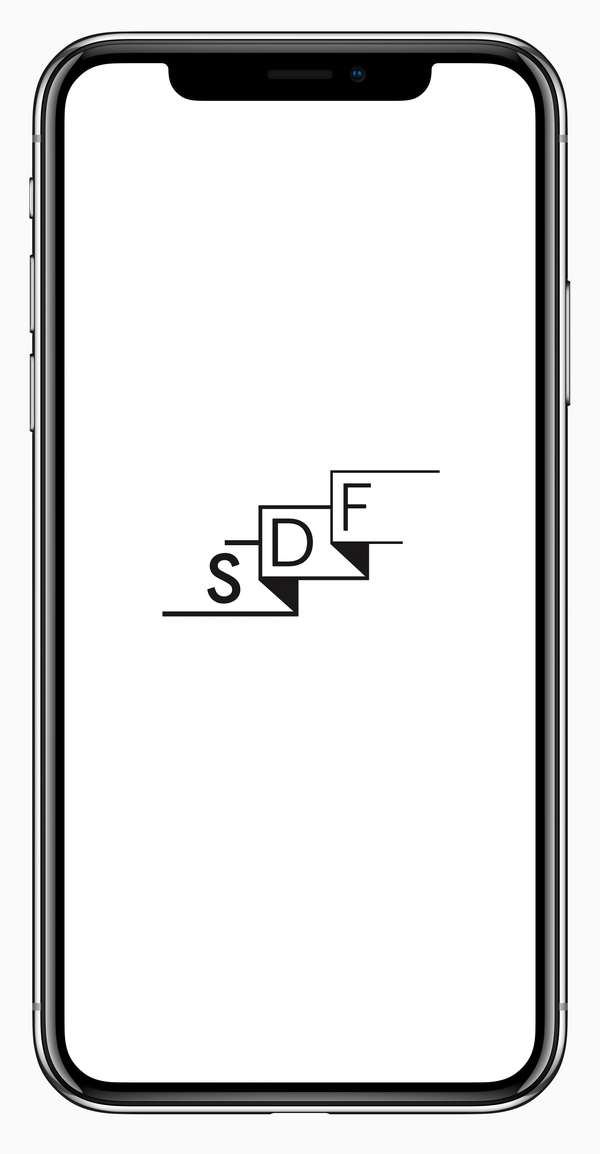
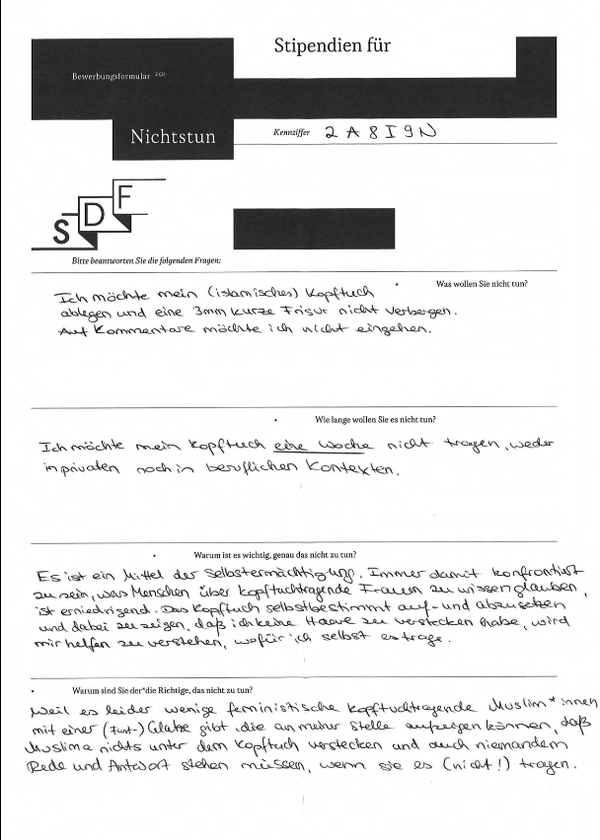
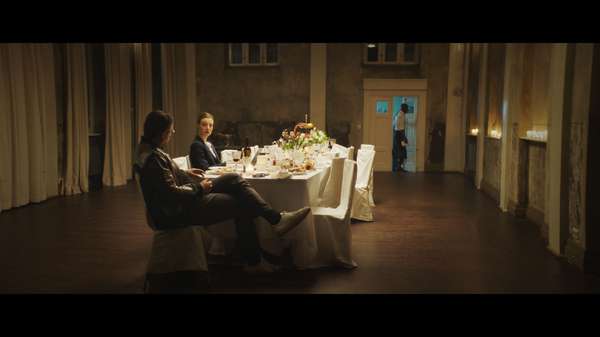
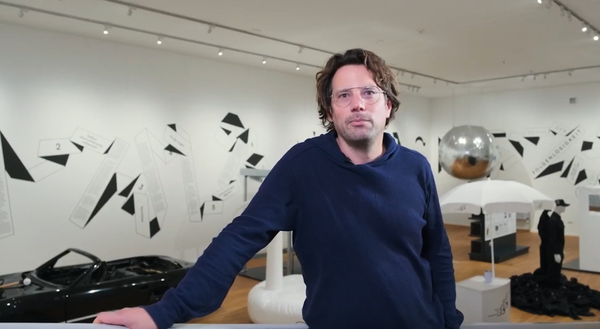
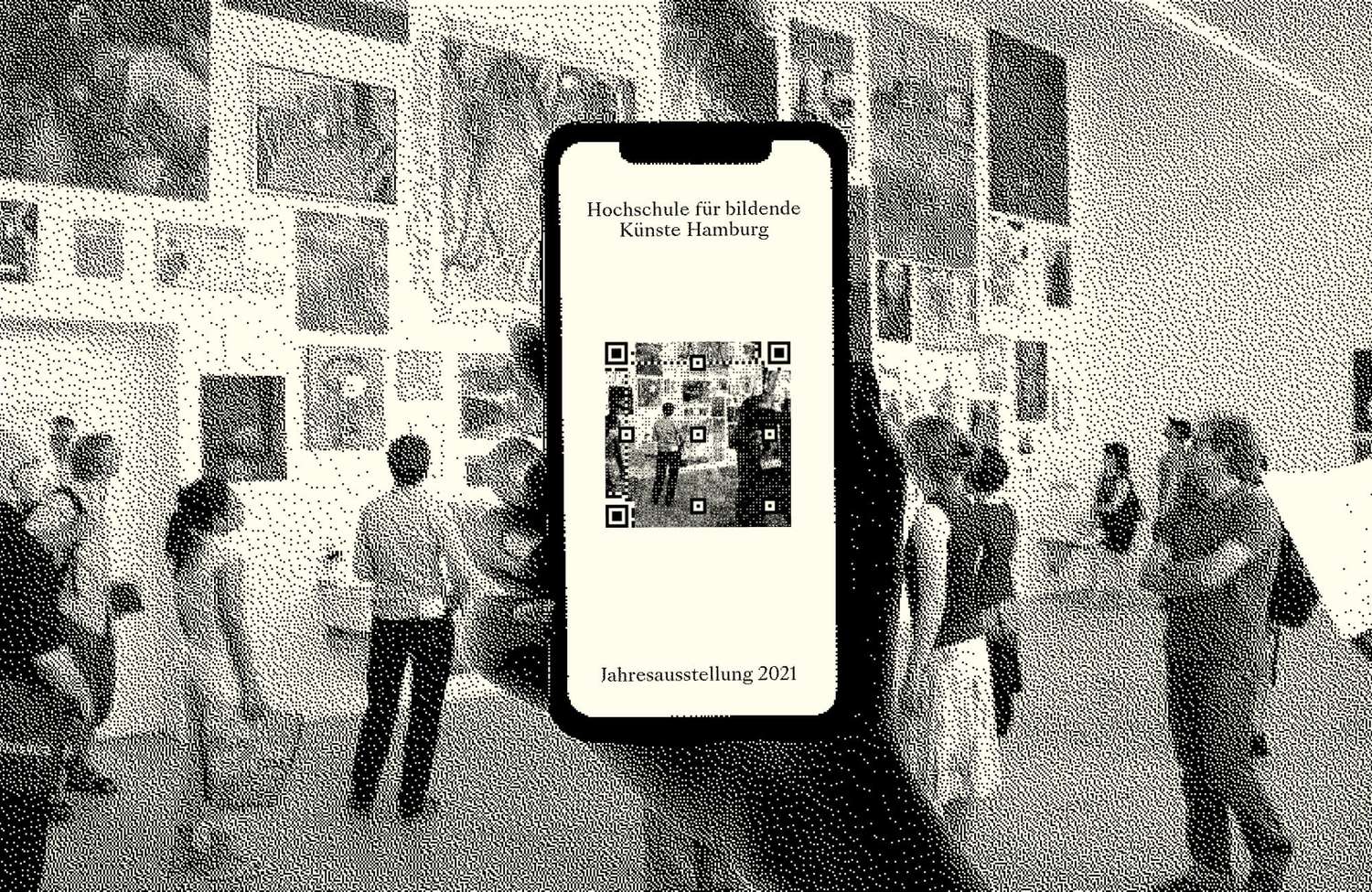
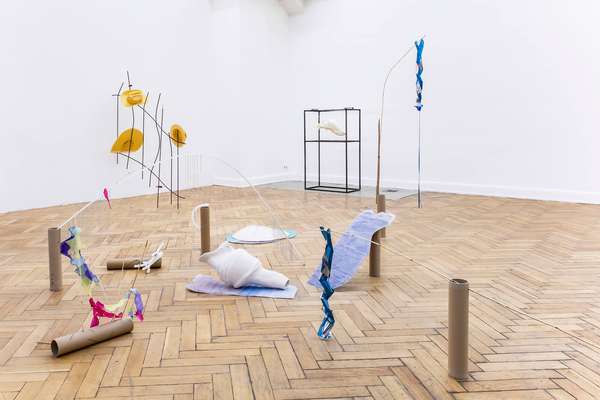
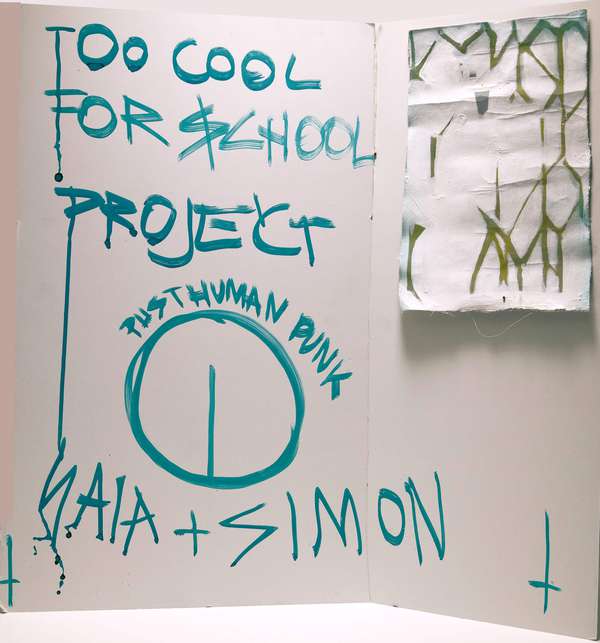
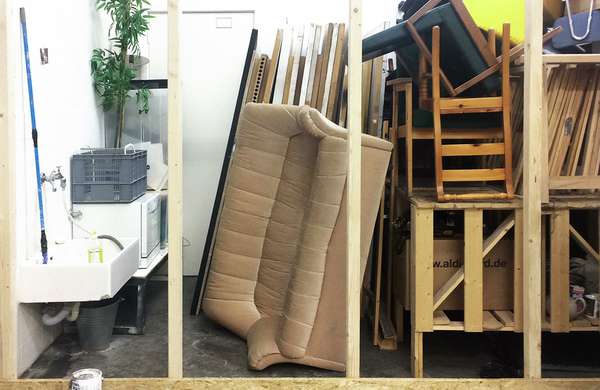

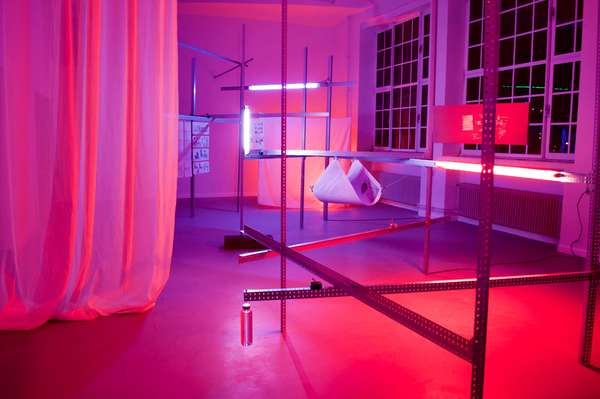
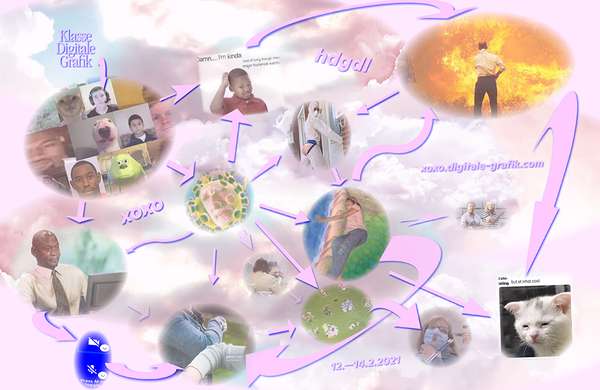
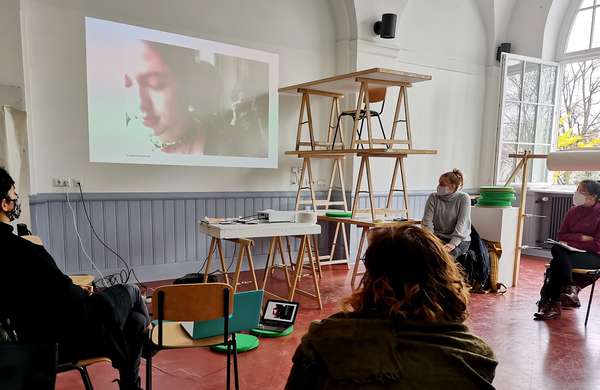
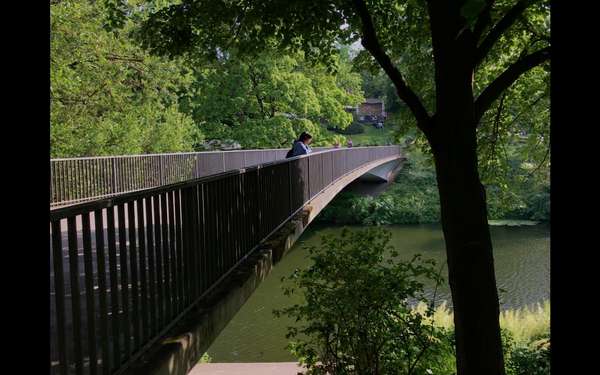
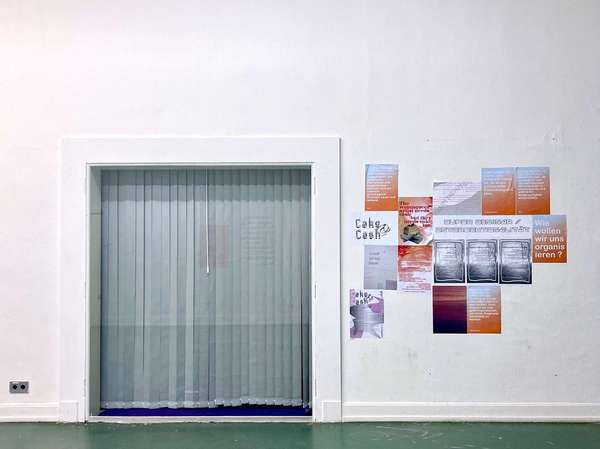
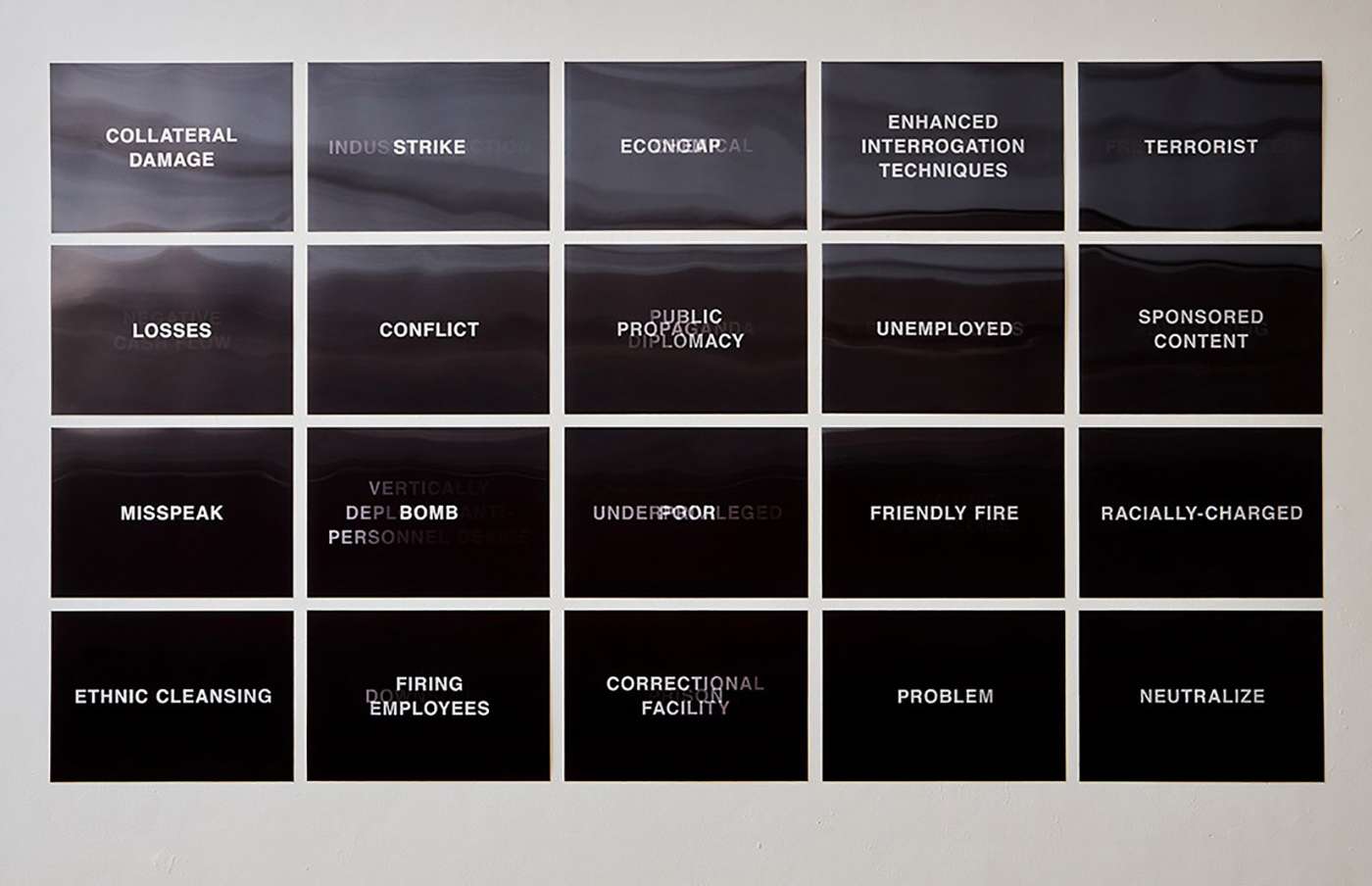
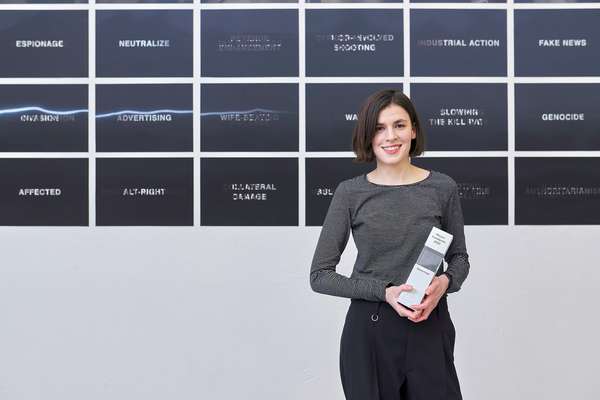
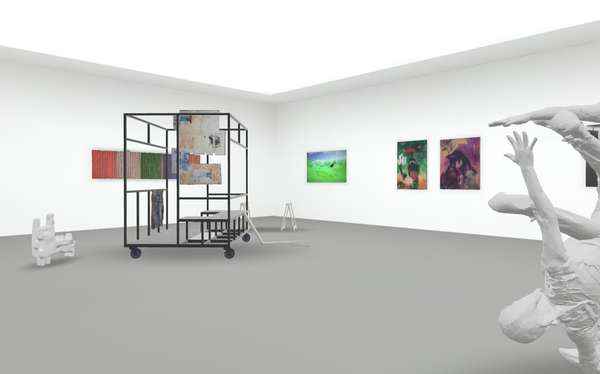
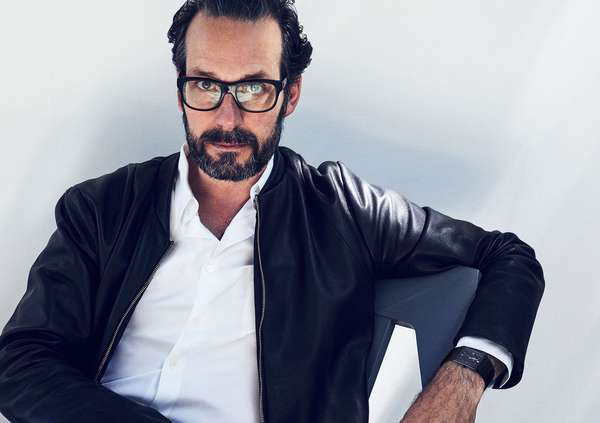
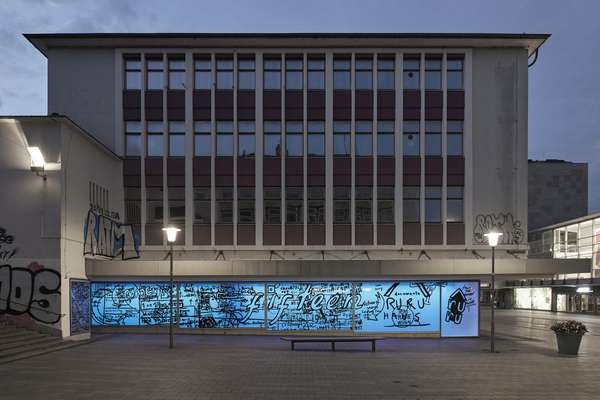
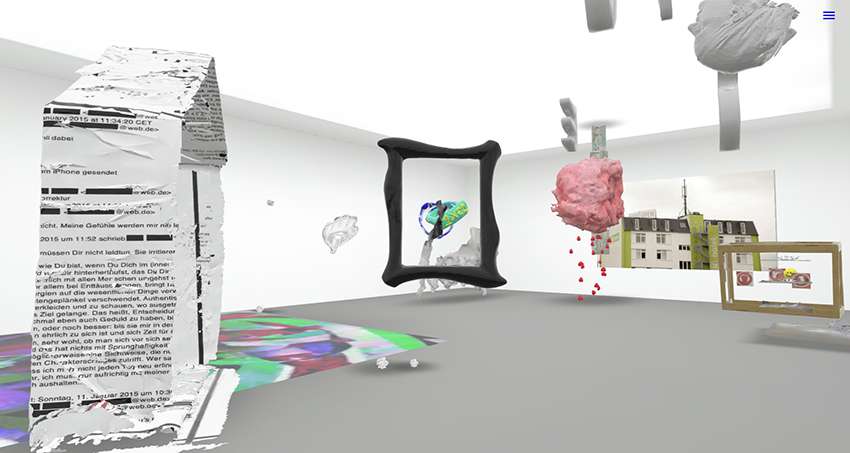
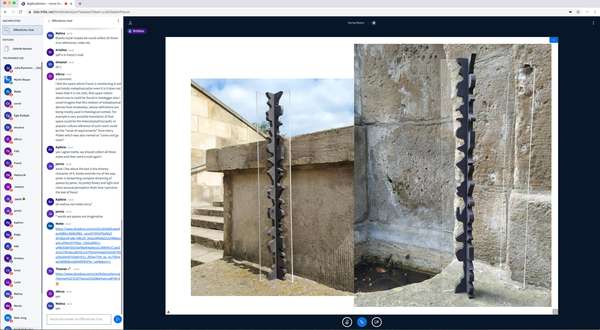
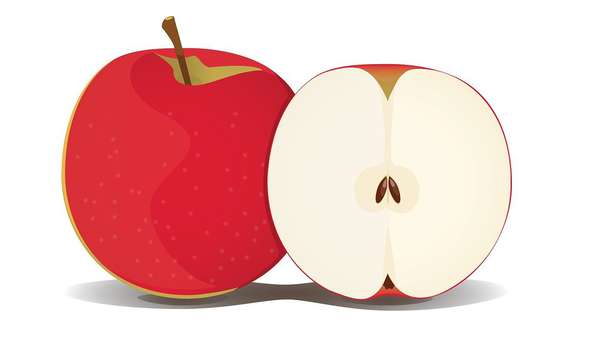
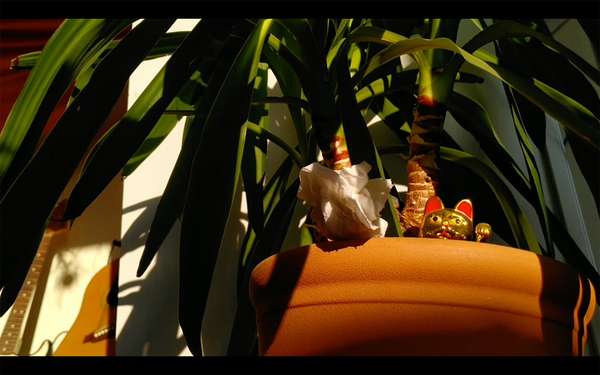
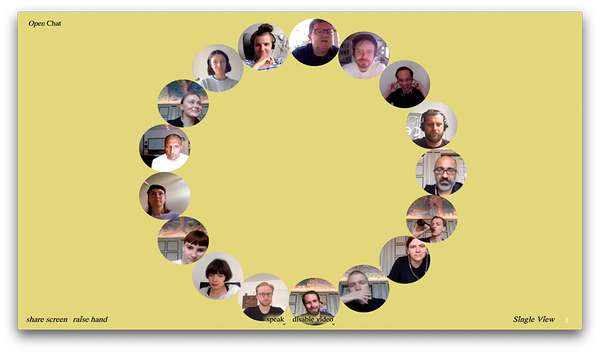
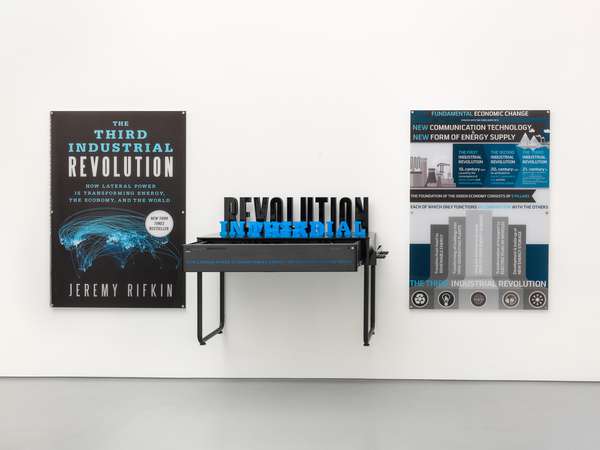
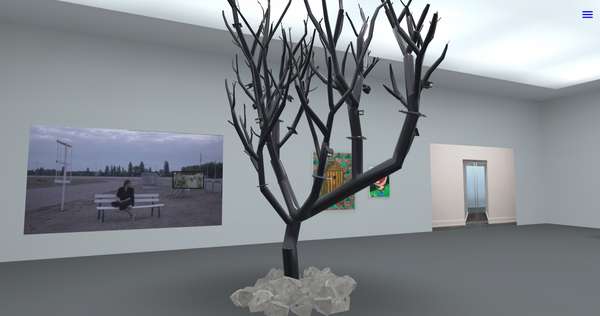
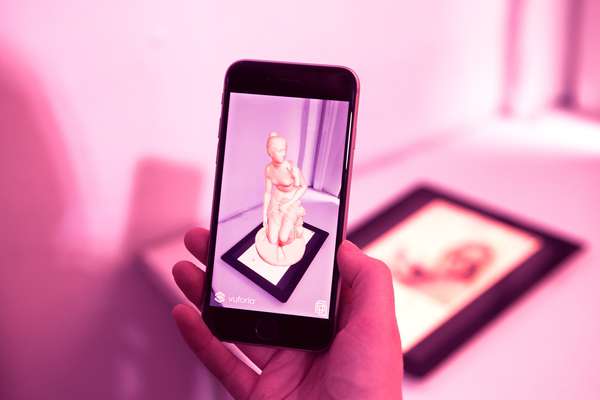
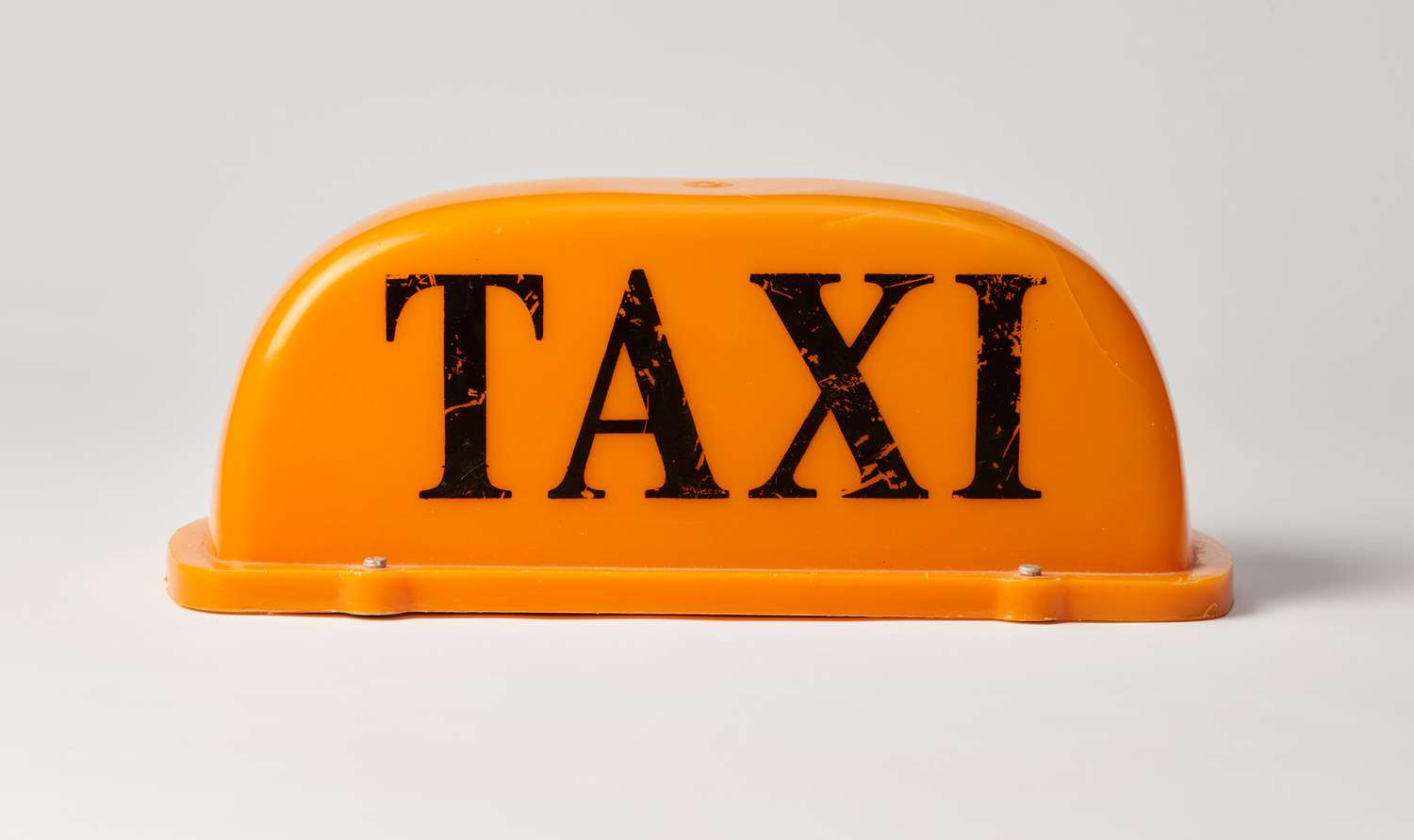
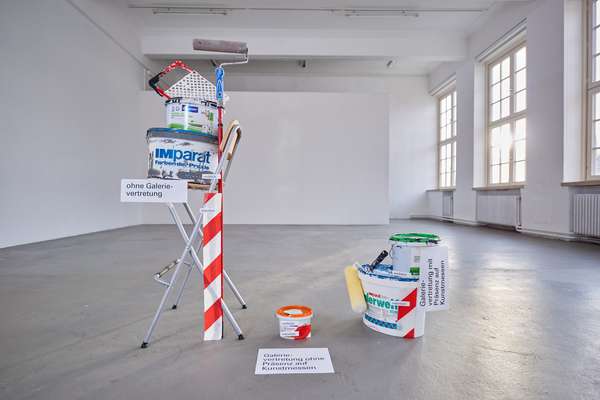
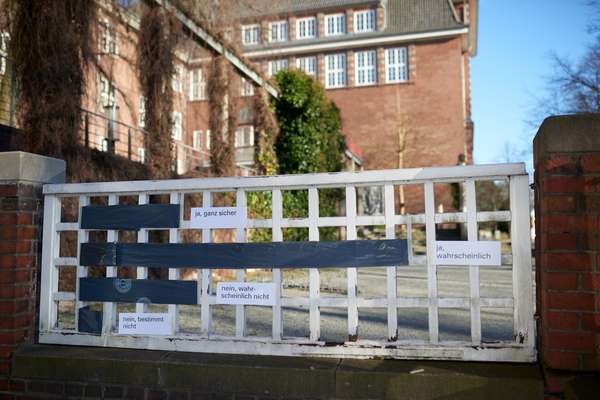
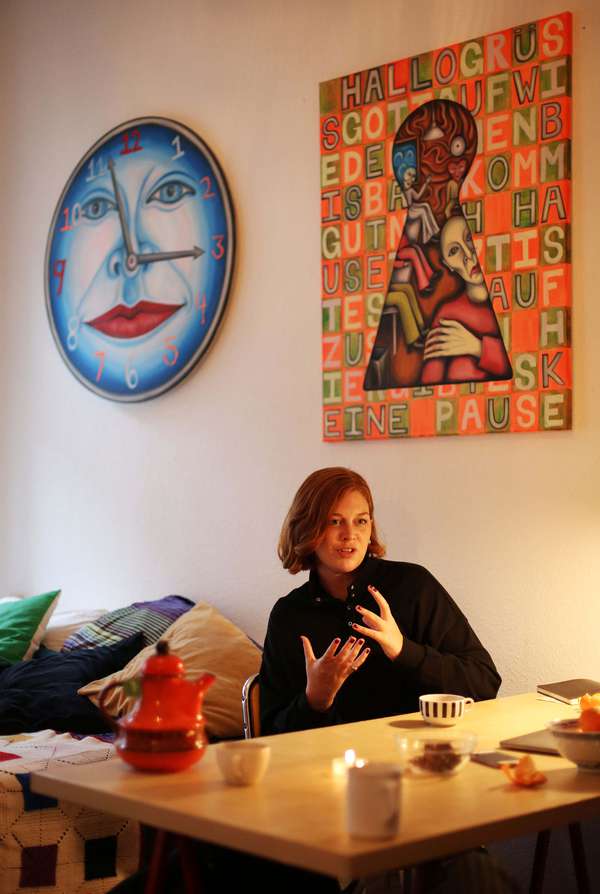
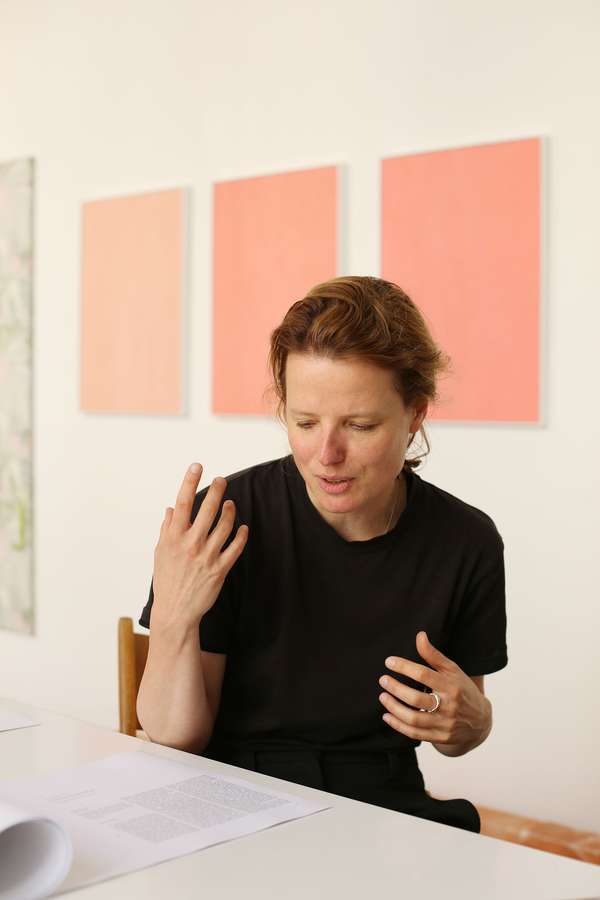
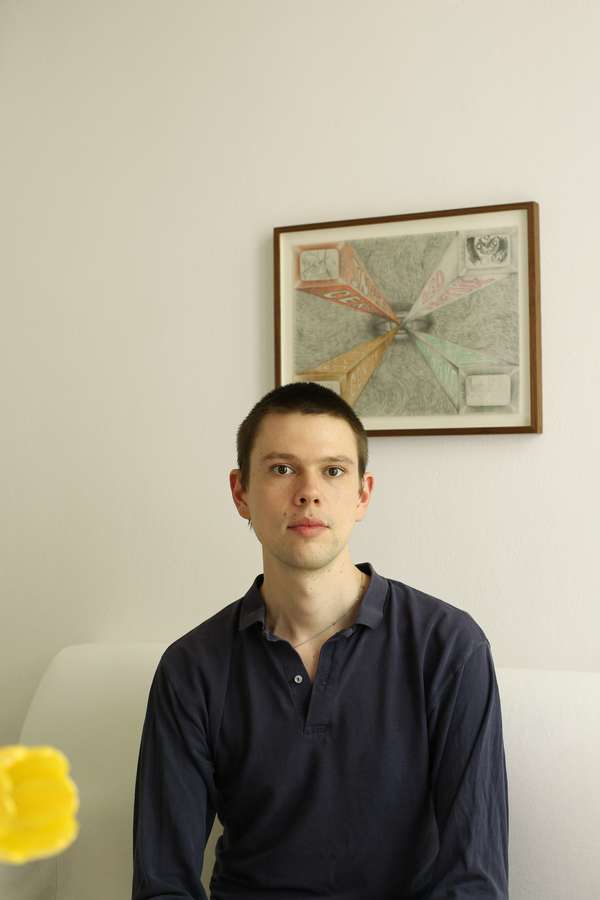
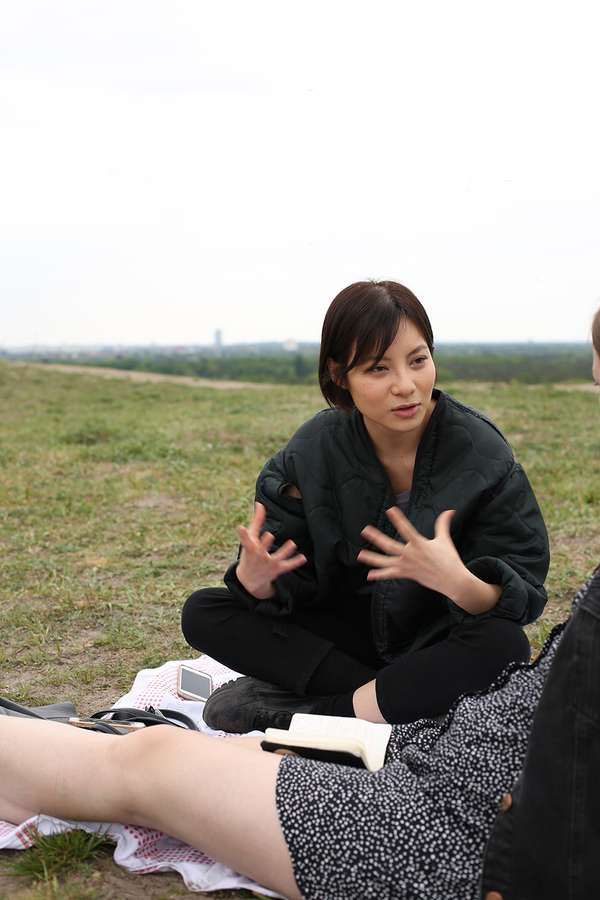
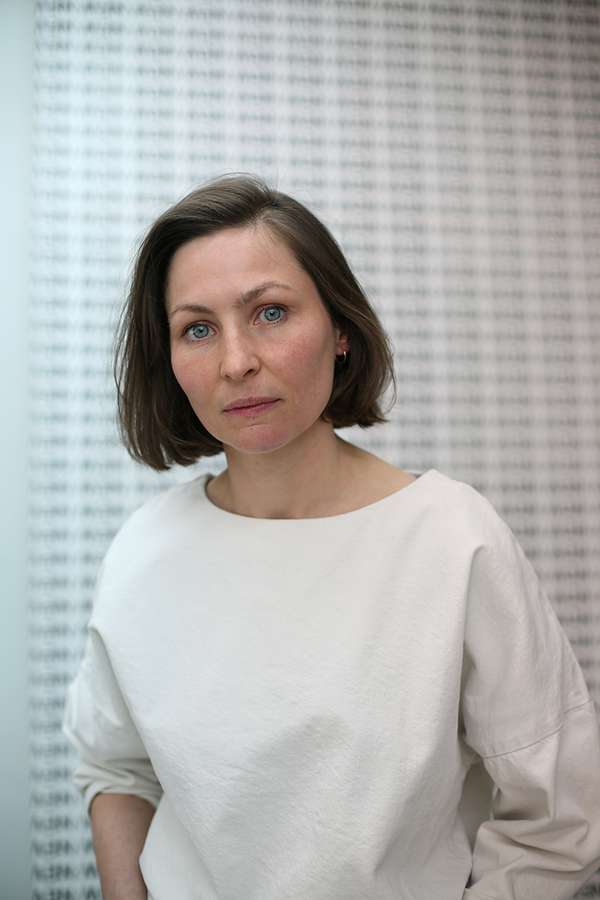
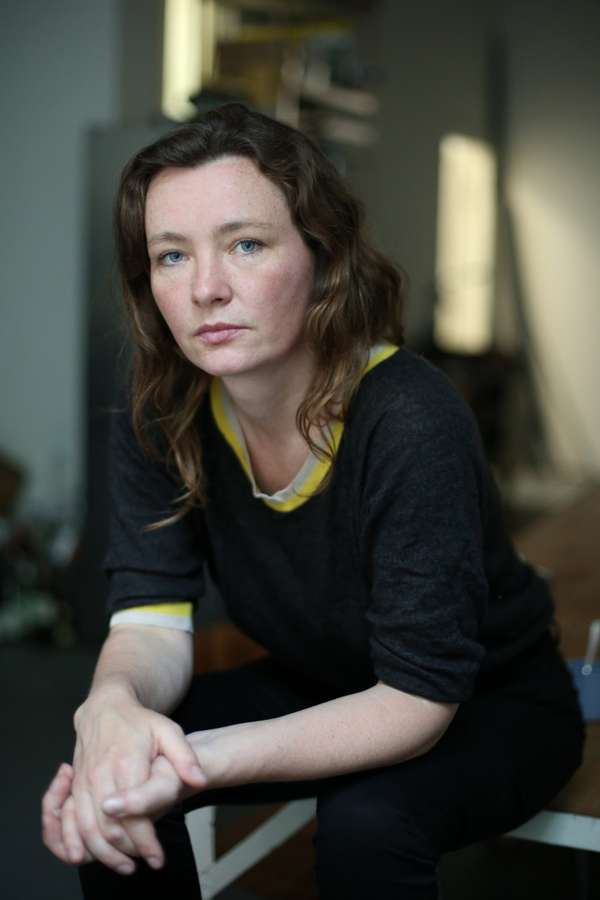
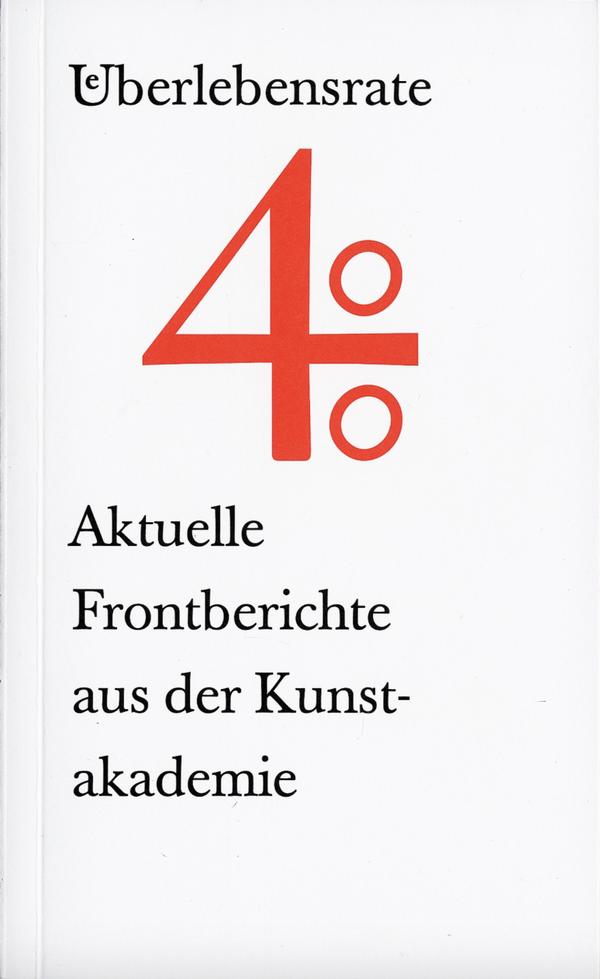
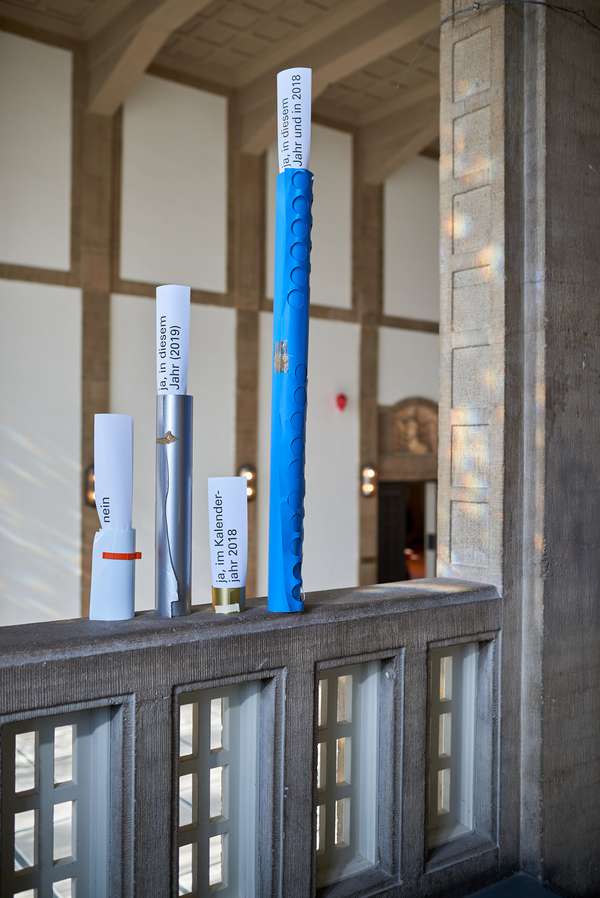
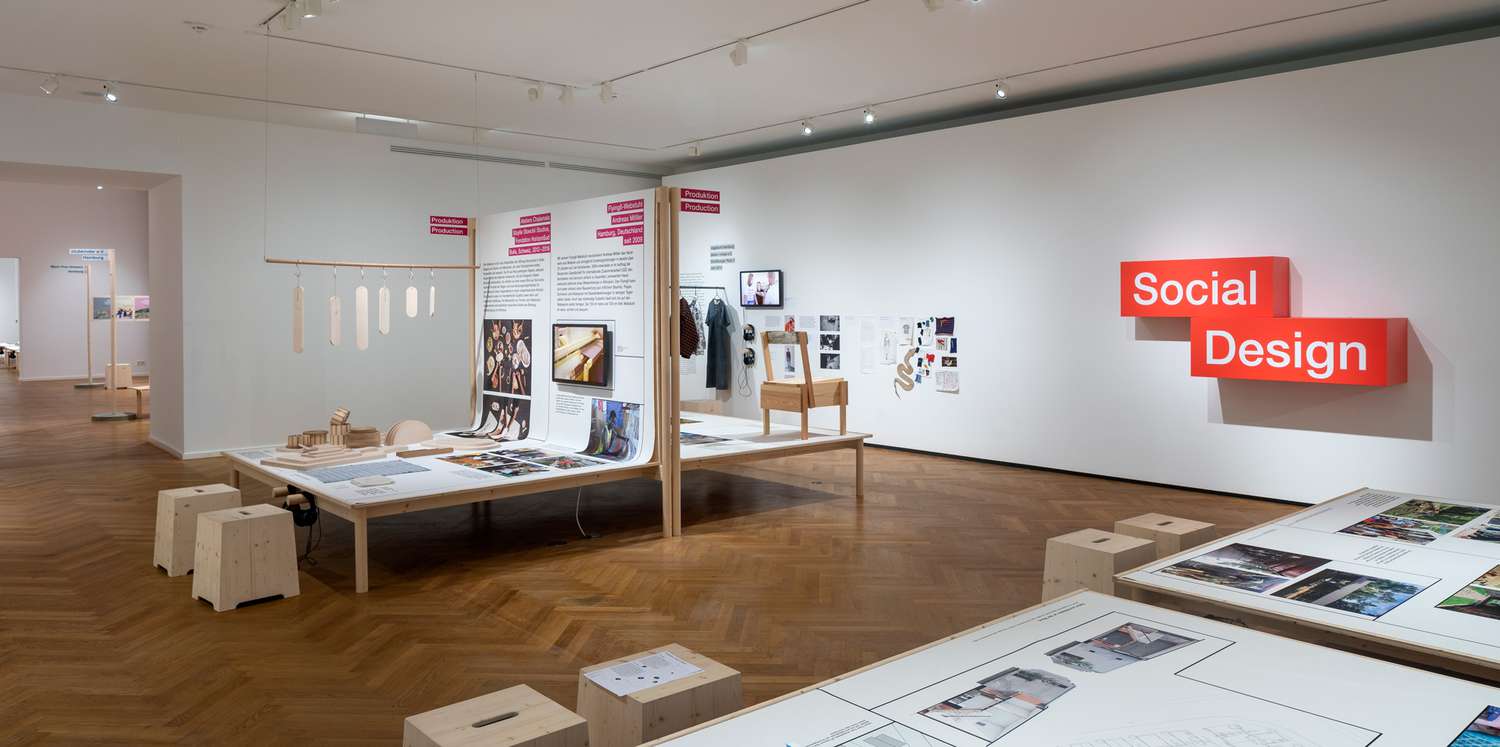
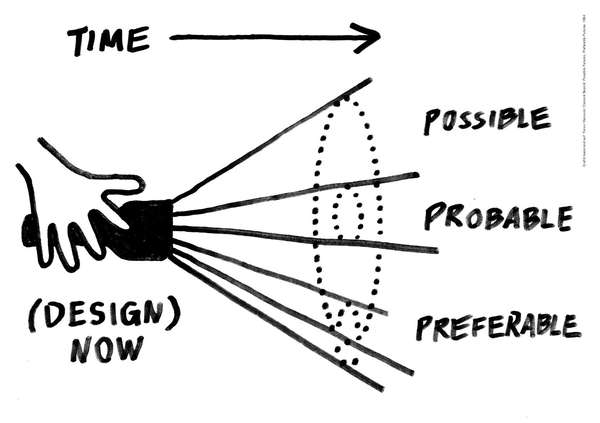
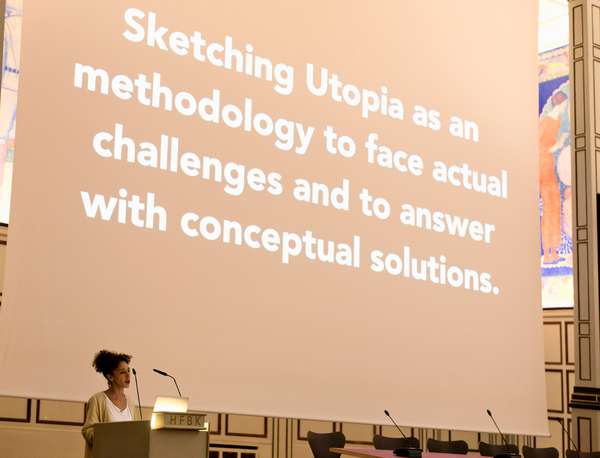
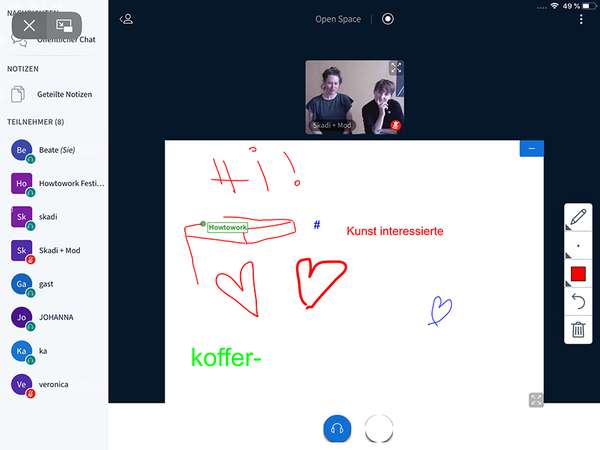
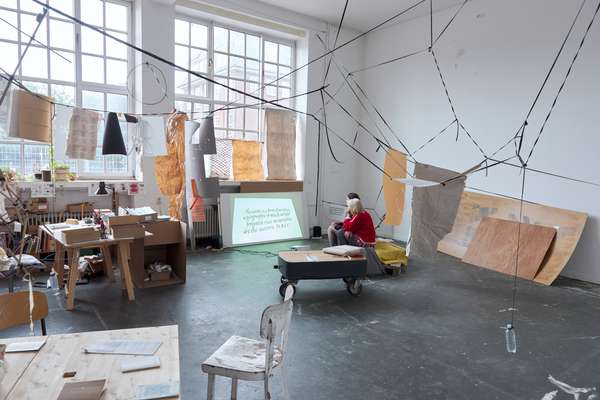
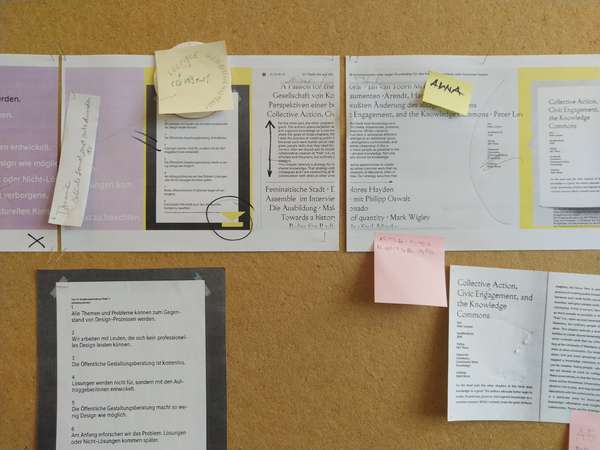
 In conversation with Natan Sznaider
In conversation with Natan Sznaider
 Finkenwerder Art Prize 2024
Finkenwerder Art Prize 2024
 Archives of the Body - The Body in Archiving
Archives of the Body - The Body in Archiving
 New partnership with the School of Arts at the University of Haifa
New partnership with the School of Arts at the University of Haifa
 Exhibition recommendations
Exhibition recommendations
 Annual Exhibition 2024 at the HFBK Hamburg
Annual Exhibition 2024 at the HFBK Hamburg
 How to apply: study at HFBK Hamburg
How to apply: study at HFBK Hamburg
 (Ex)Changes of / in Art
(Ex)Changes of / in Art
 Extended Libraries
Extended Libraries
 Semester Opening 2023/24
Semester Opening 2023/24
 And Still I Rise
And Still I Rise
 No Tracking. No Paywall.
No Tracking. No Paywall.
 Let's talk about language
Let's talk about language
 Graduate Show 2023: Unfinished Business
Graduate Show 2023: Unfinished Business
 Let`s work together
Let`s work together
 Annual Exhibition 2023 at HFBK Hamburg
Annual Exhibition 2023 at HFBK Hamburg
 Symposium: Controversy over documenta fifteen
Symposium: Controversy over documenta fifteen
 The best is saved until last
The best is saved until last
 Festival and Symposium: Non-Knowledge, Laughter and the Moving Image
Festival and Symposium: Non-Knowledge, Laughter and the Moving Image
 Wishing you a happy welcome
Wishing you a happy welcome
 Solo exhibition by Konstantin Grcic
Solo exhibition by Konstantin Grcic
 Art and war
Art and war
 Graduate Show 2022: We’ve Only Just Begun
Graduate Show 2022: We’ve Only Just Begun
 June is full of art and theory
June is full of art and theory
 Finkenwerder Art Prize 2022
Finkenwerder Art Prize 2022
 Nachhaltigkeit im Kontext von Kunst und Kunsthochschule
Nachhaltigkeit im Kontext von Kunst und Kunsthochschule
 Raum für die Kunst
Raum für die Kunst
 Annual Exhibition 2022 at the HFBK
Annual Exhibition 2022 at the HFBK
 Conference: Counter-Monuments and Para-Monuments.
Conference: Counter-Monuments and Para-Monuments.
 Diversity
Diversity
 Summer Break
Summer Break
 Live und in Farbe: die ASA Open Studios im Juni 2021
Live und in Farbe: die ASA Open Studios im Juni 2021
 Unlearning: Wartenau Assemblies
Unlearning: Wartenau Assemblies
 School of No Consequences
School of No Consequences
 Annual Exhibition 2021 at the HFBK
Annual Exhibition 2021 at the HFBK
 Semestereröffnung und Hiscox-Preisverleihung 2020
Semestereröffnung und Hiscox-Preisverleihung 2020
 Teaching Art Online at the HFBK
Teaching Art Online at the HFBK
 HFBK Graduate Survey
HFBK Graduate Survey
 How political is Social Design?
How political is Social Design?